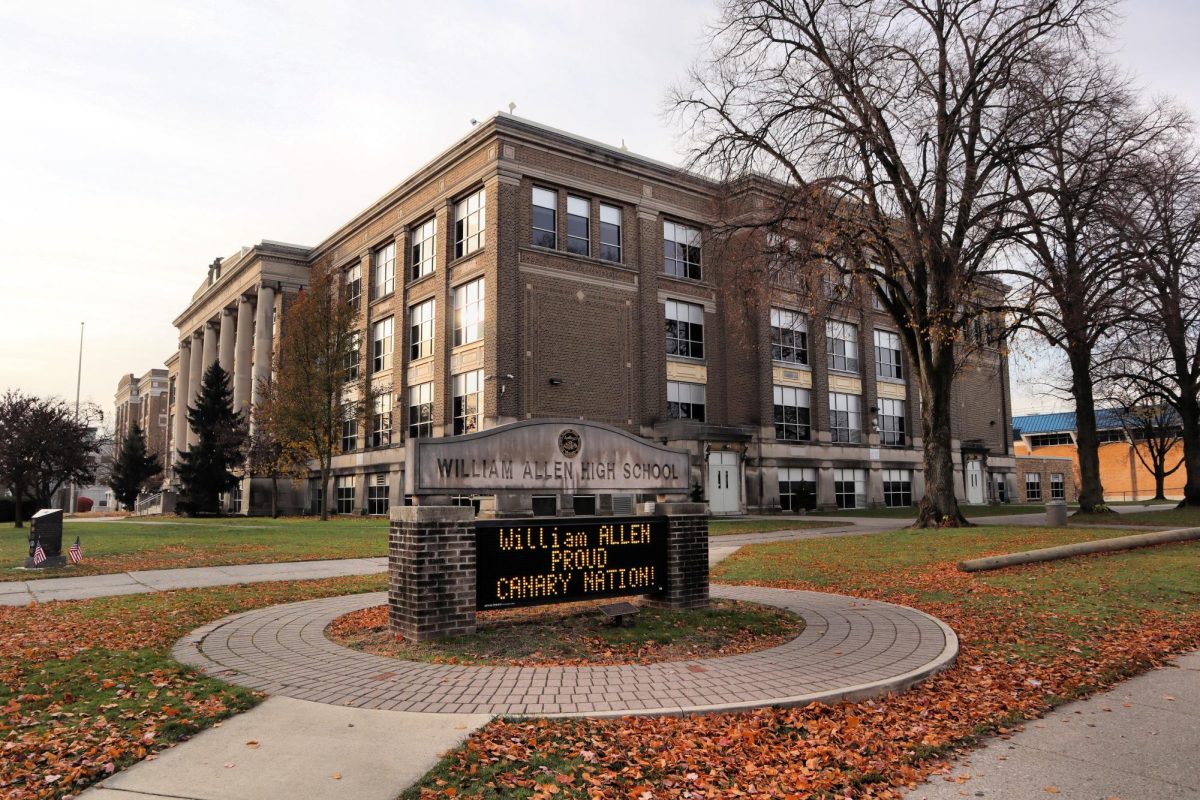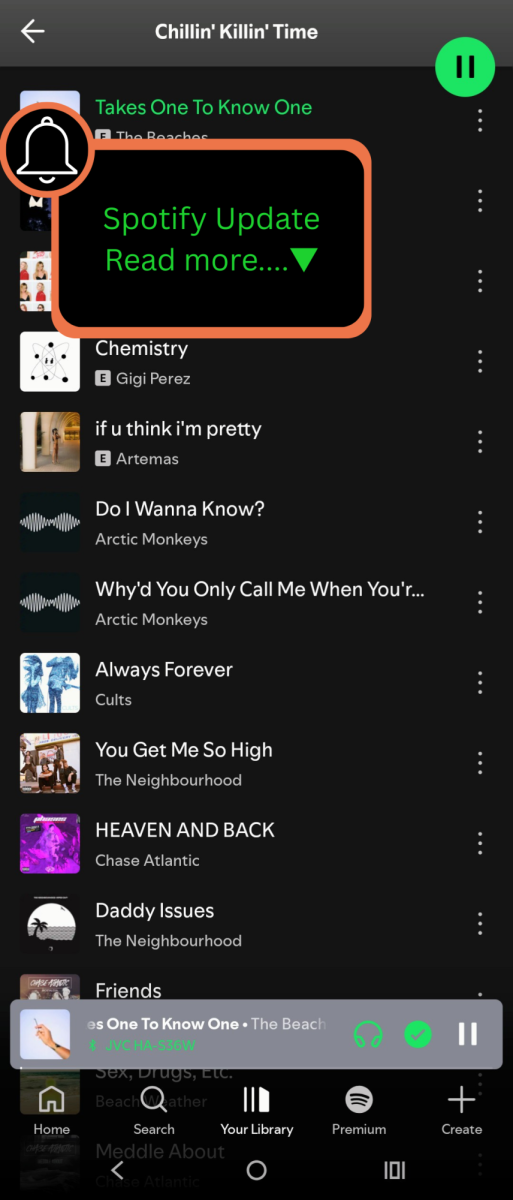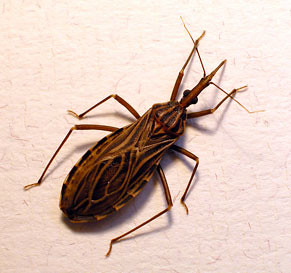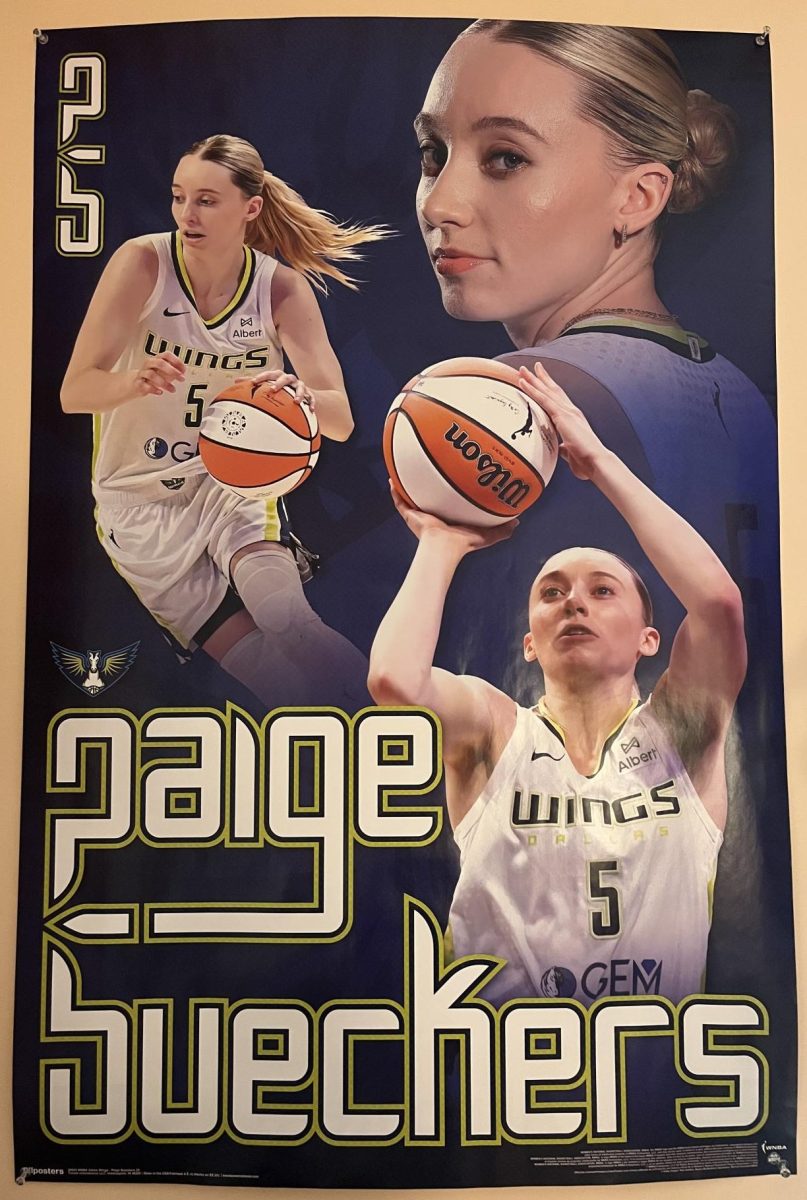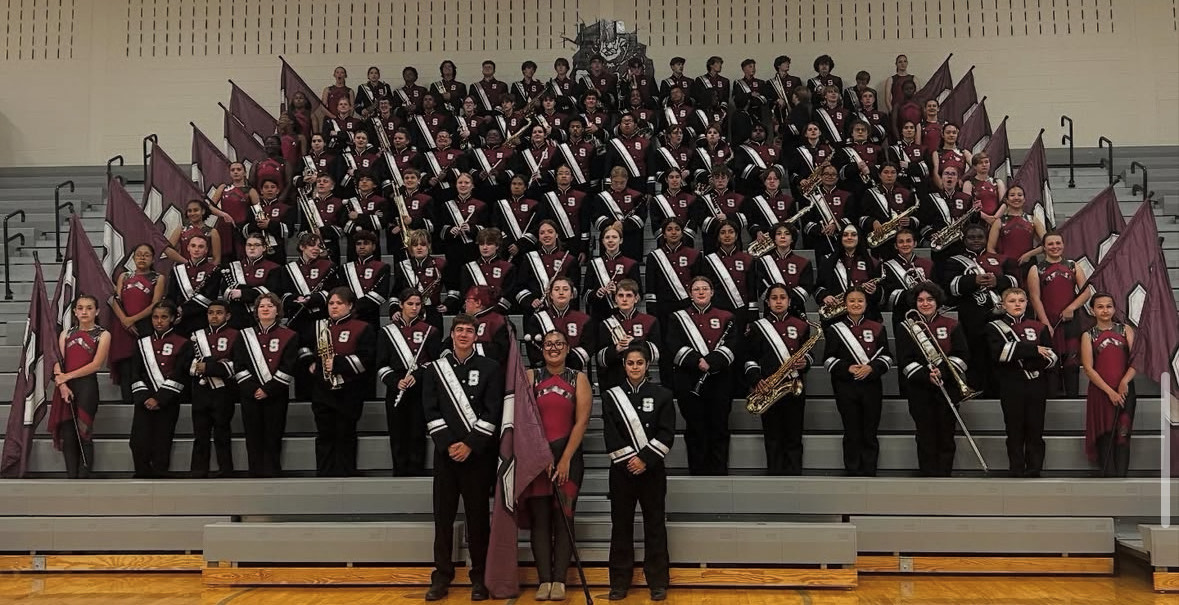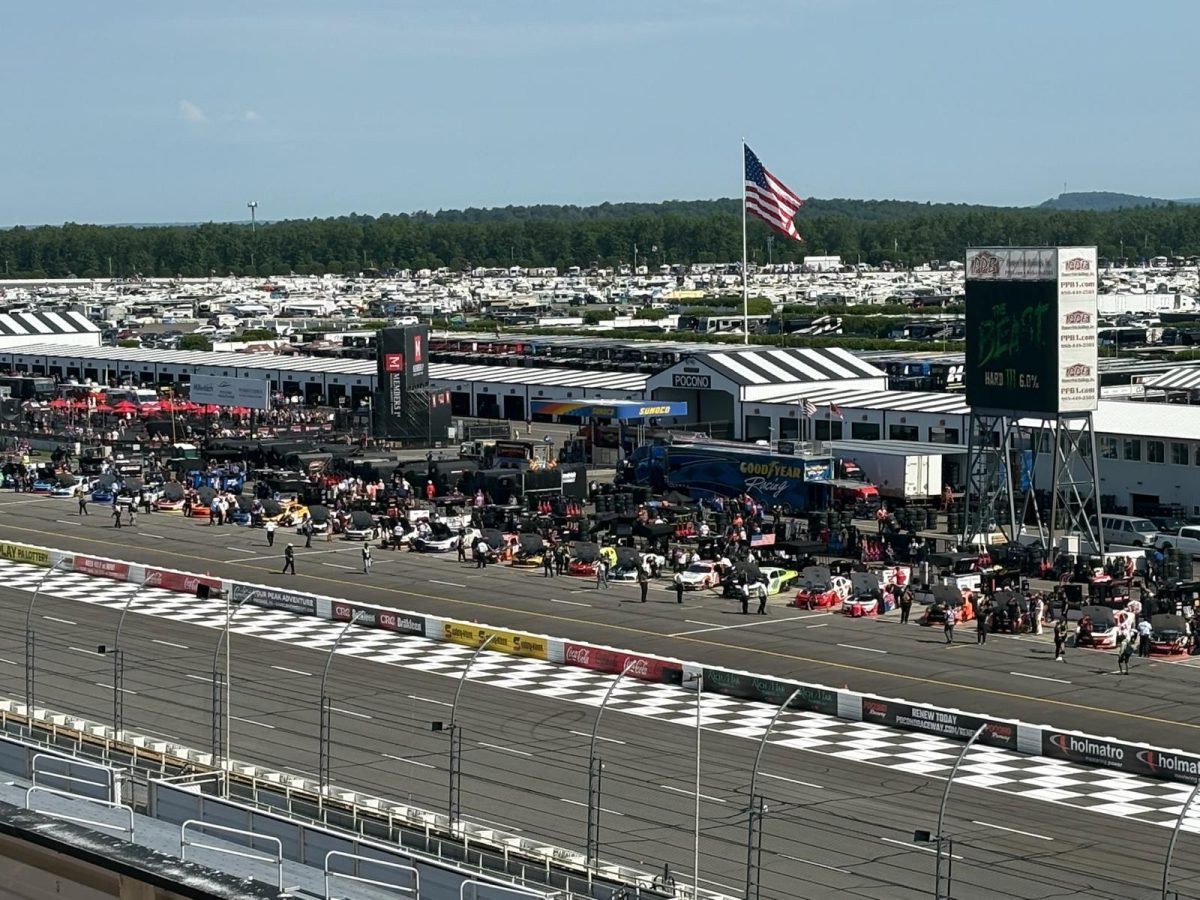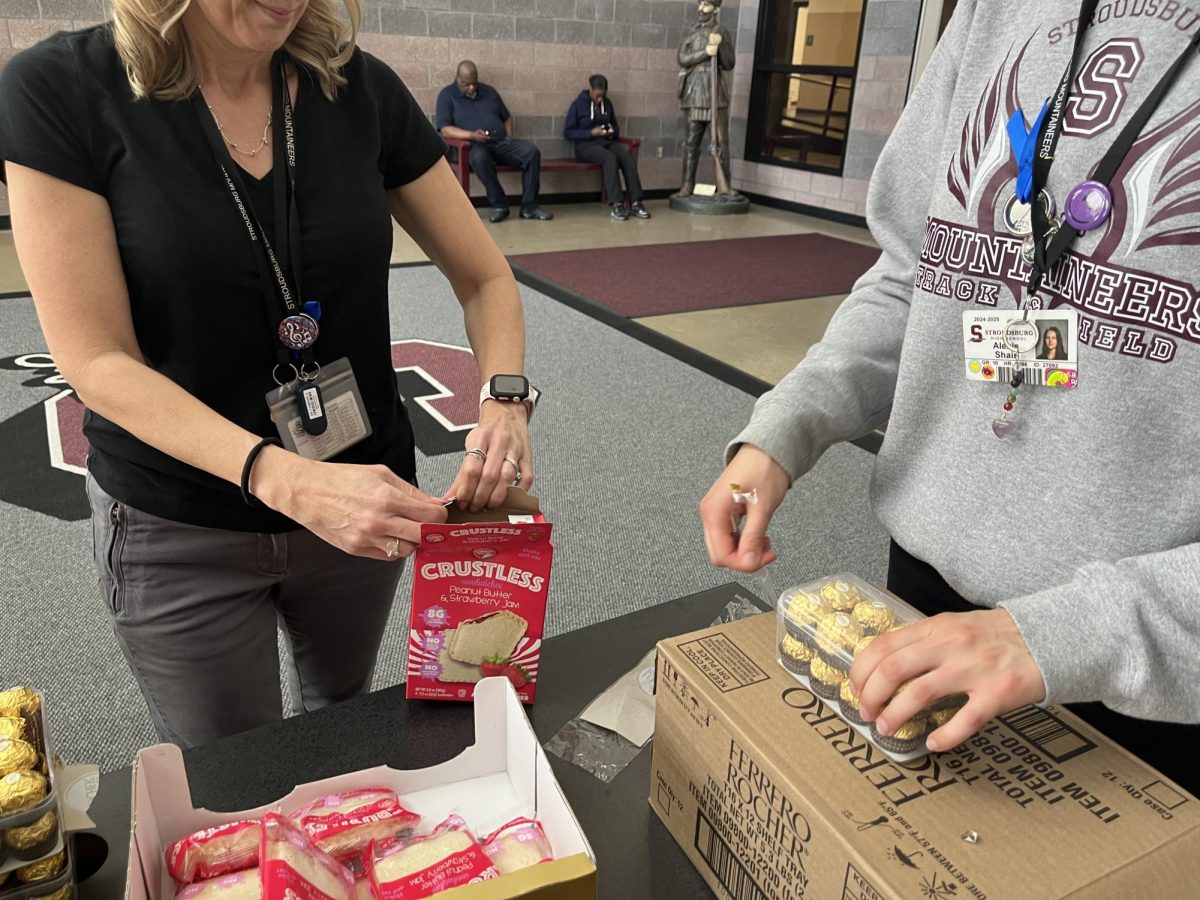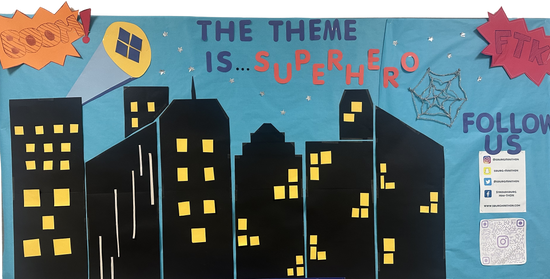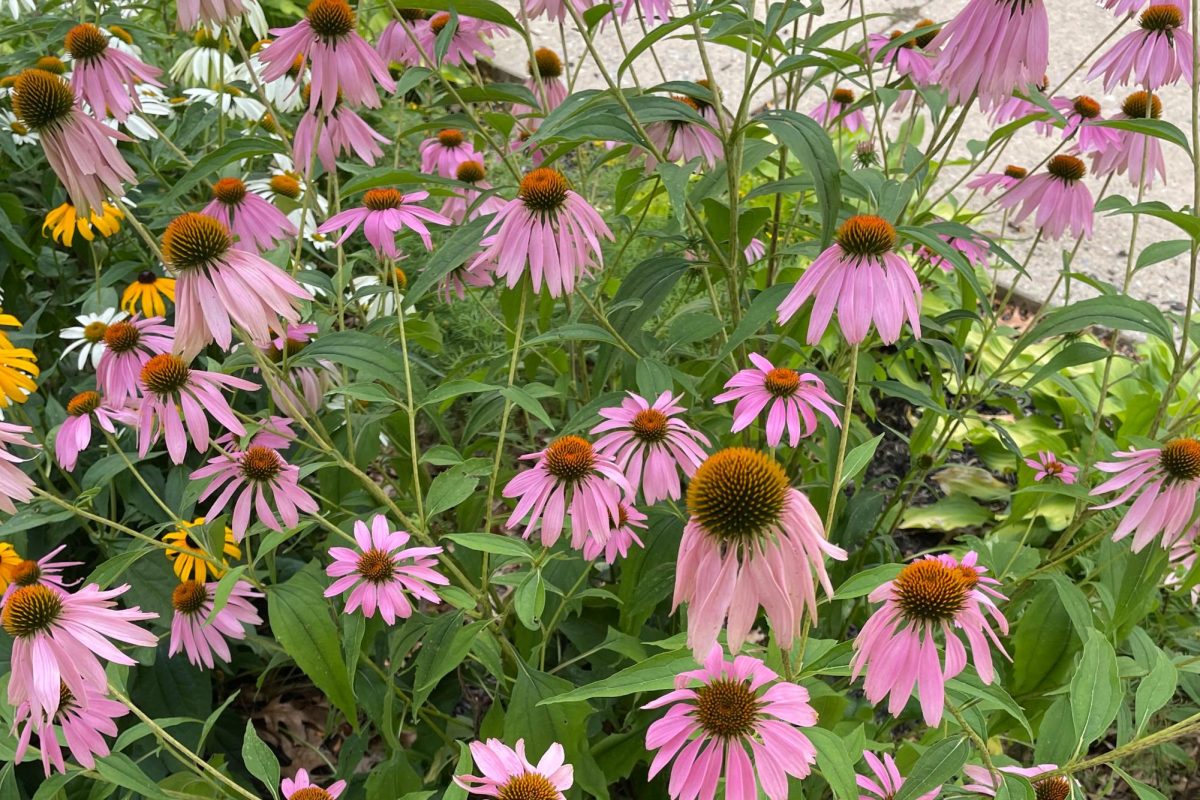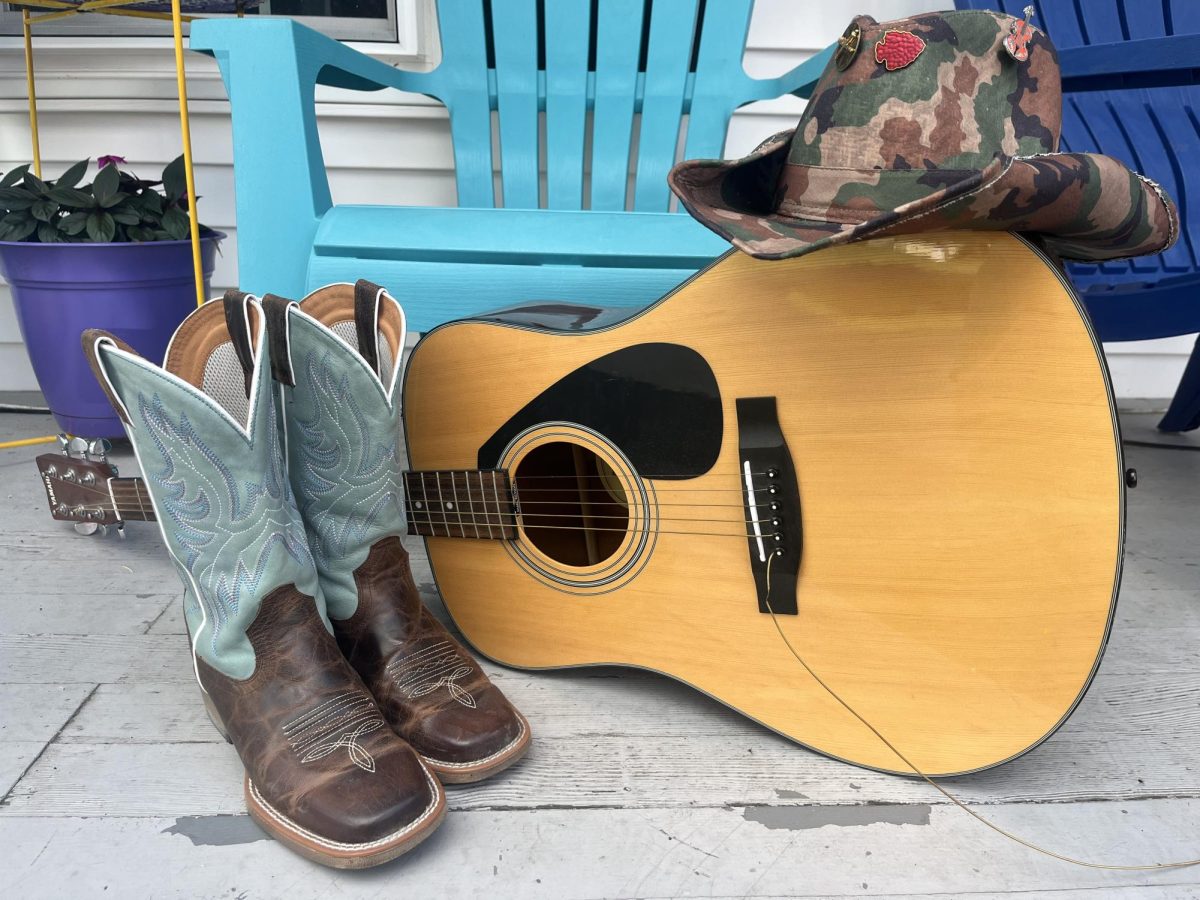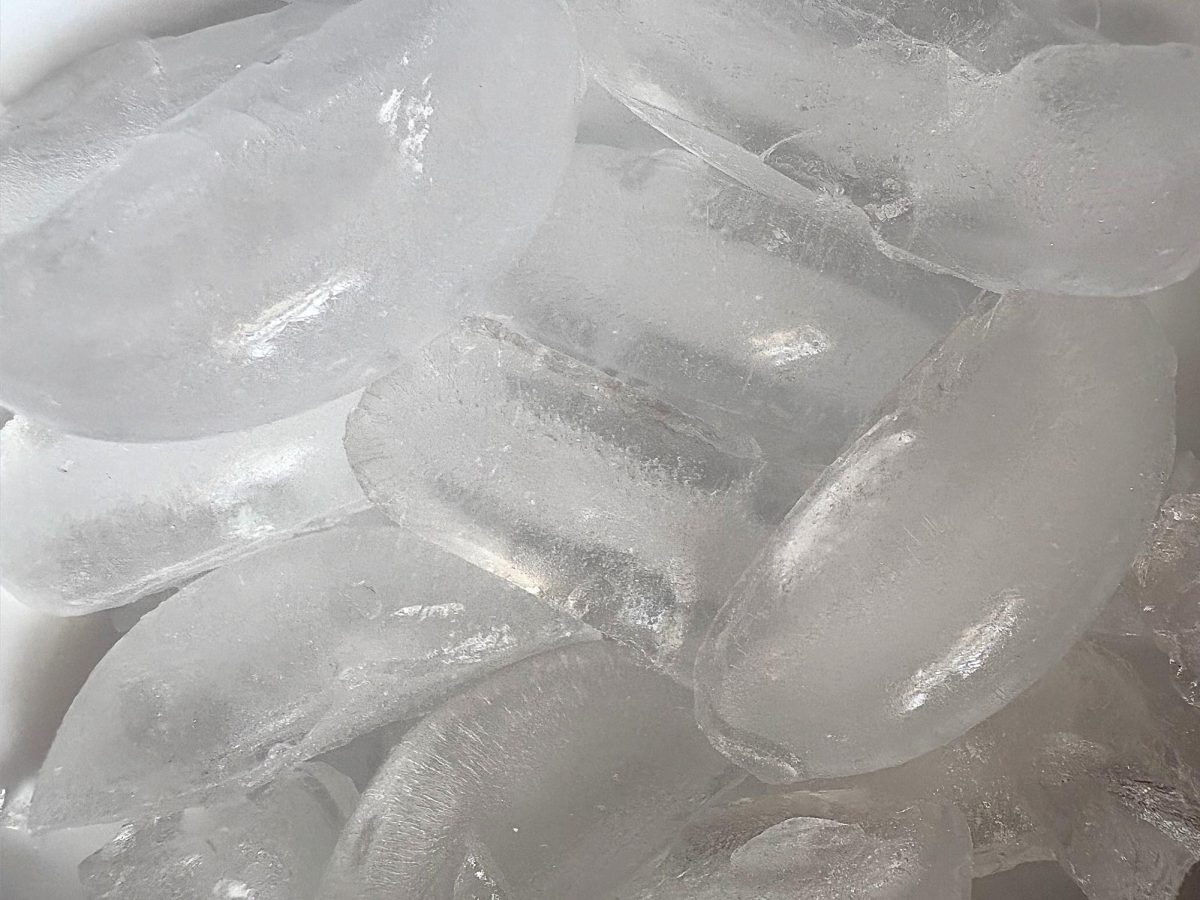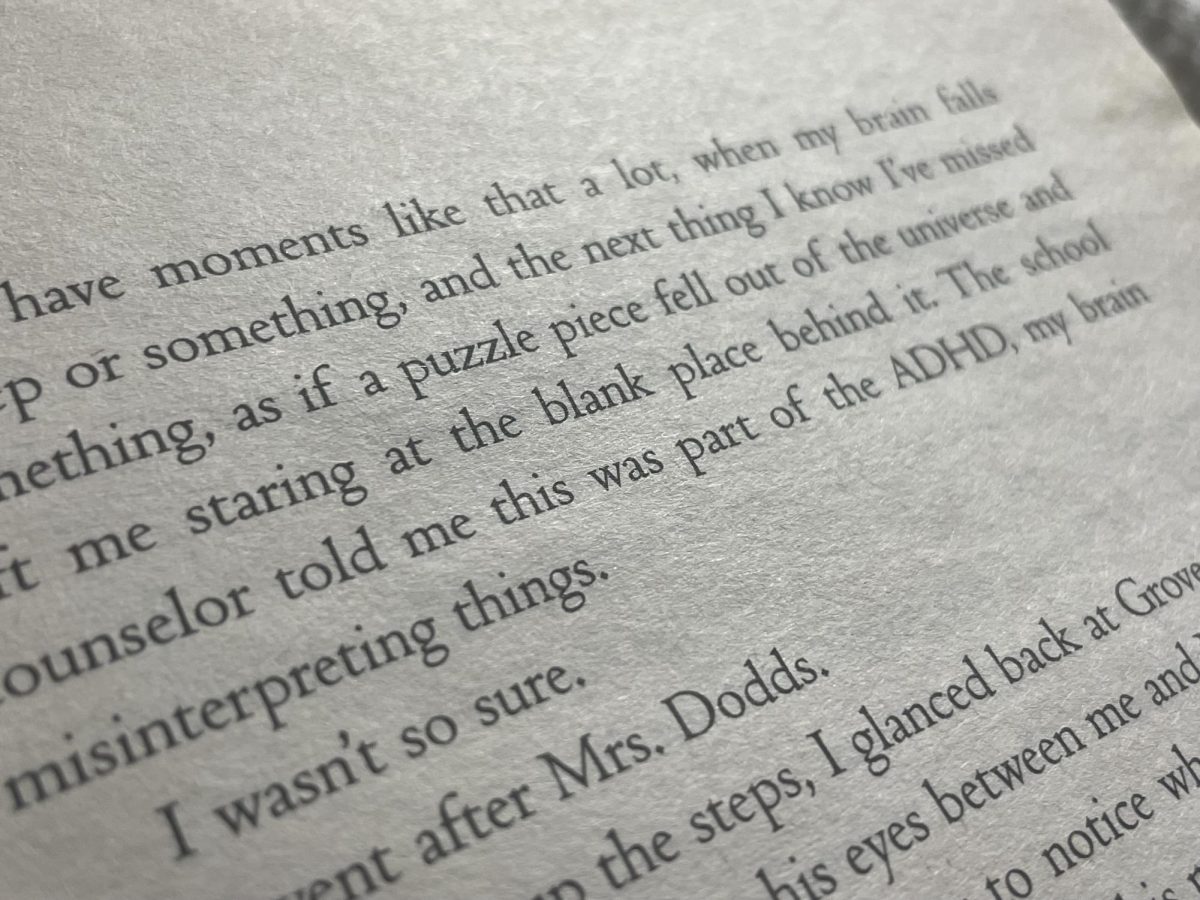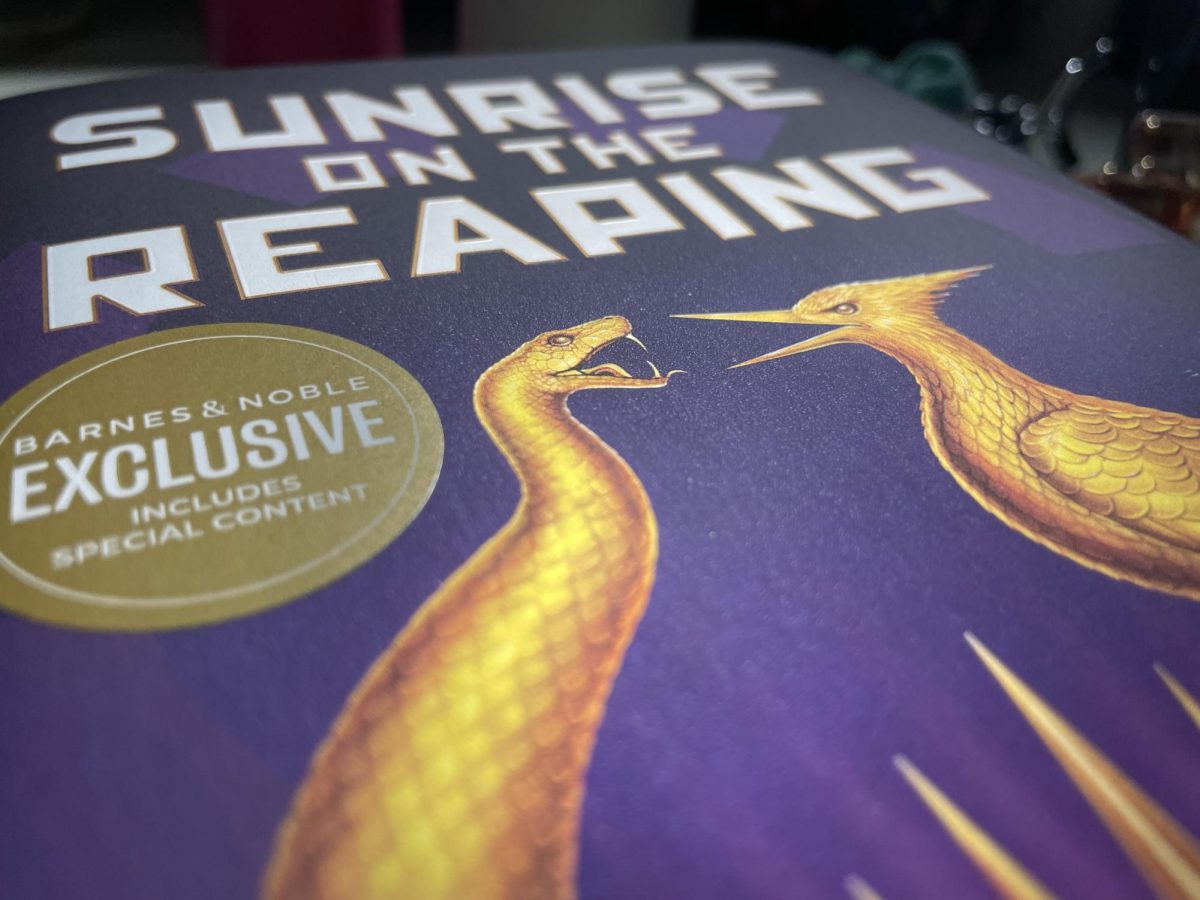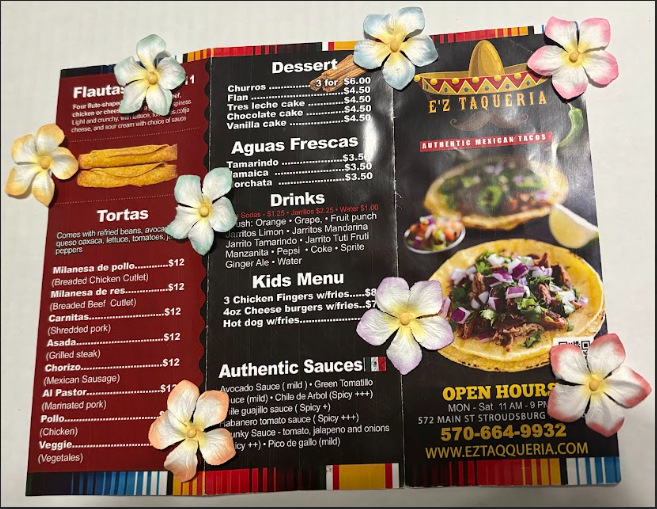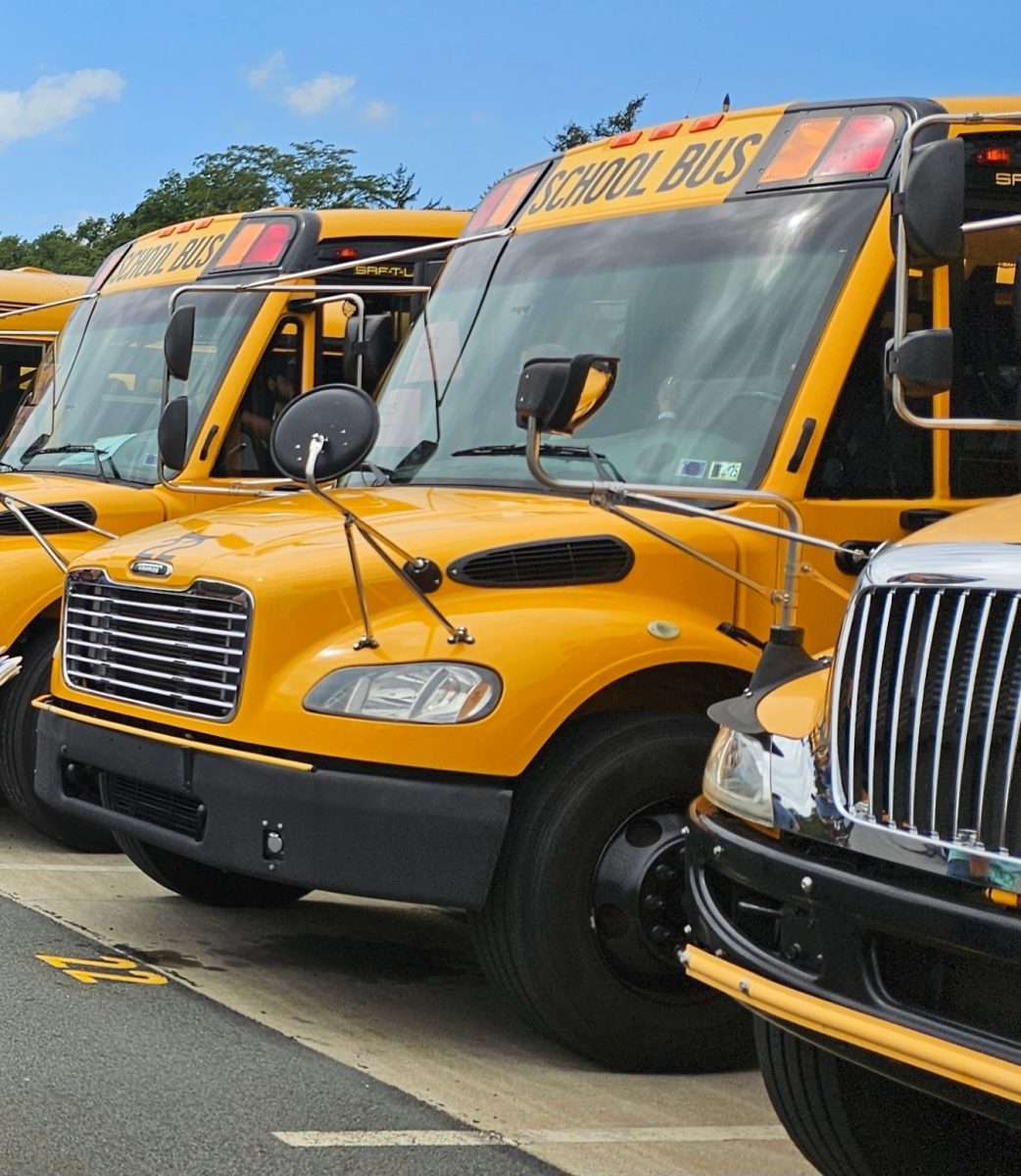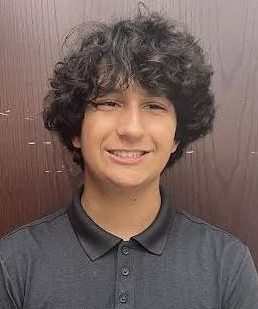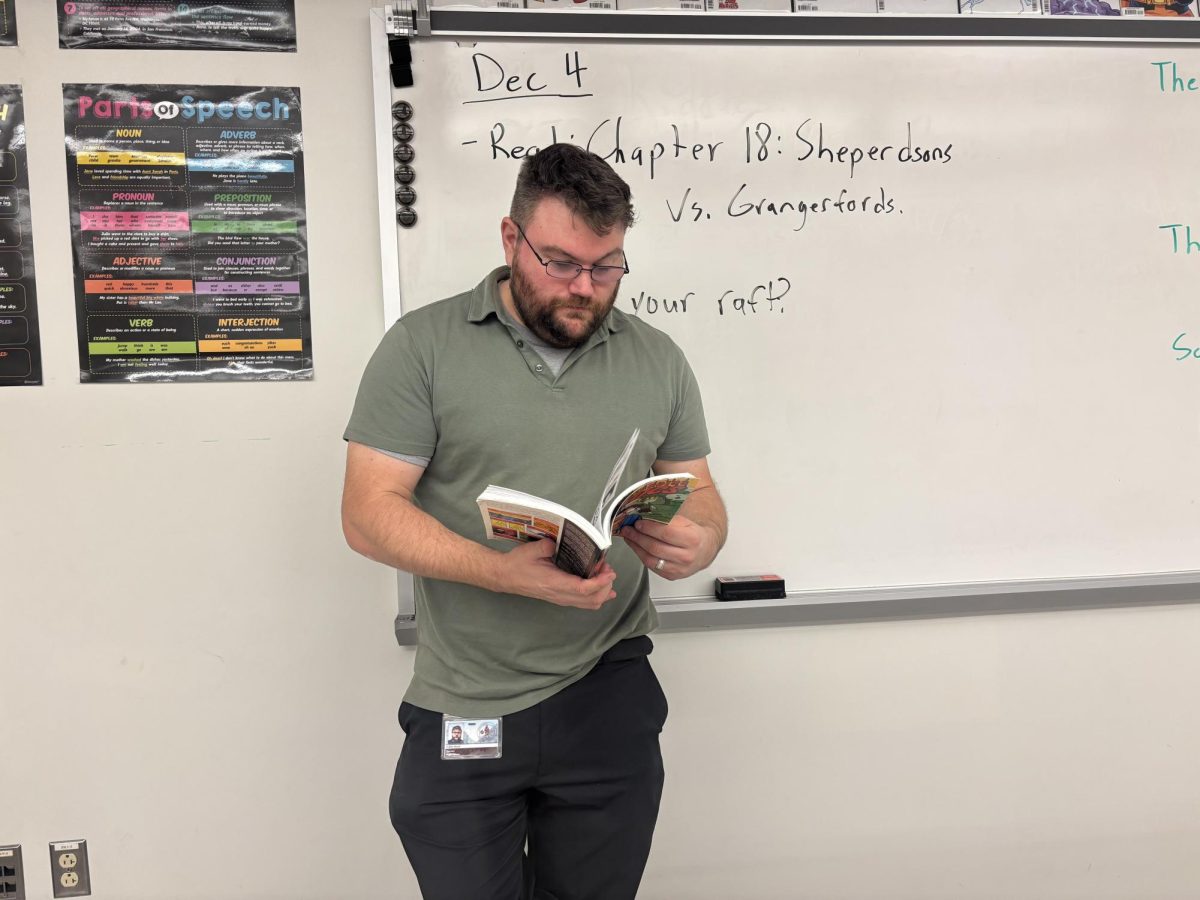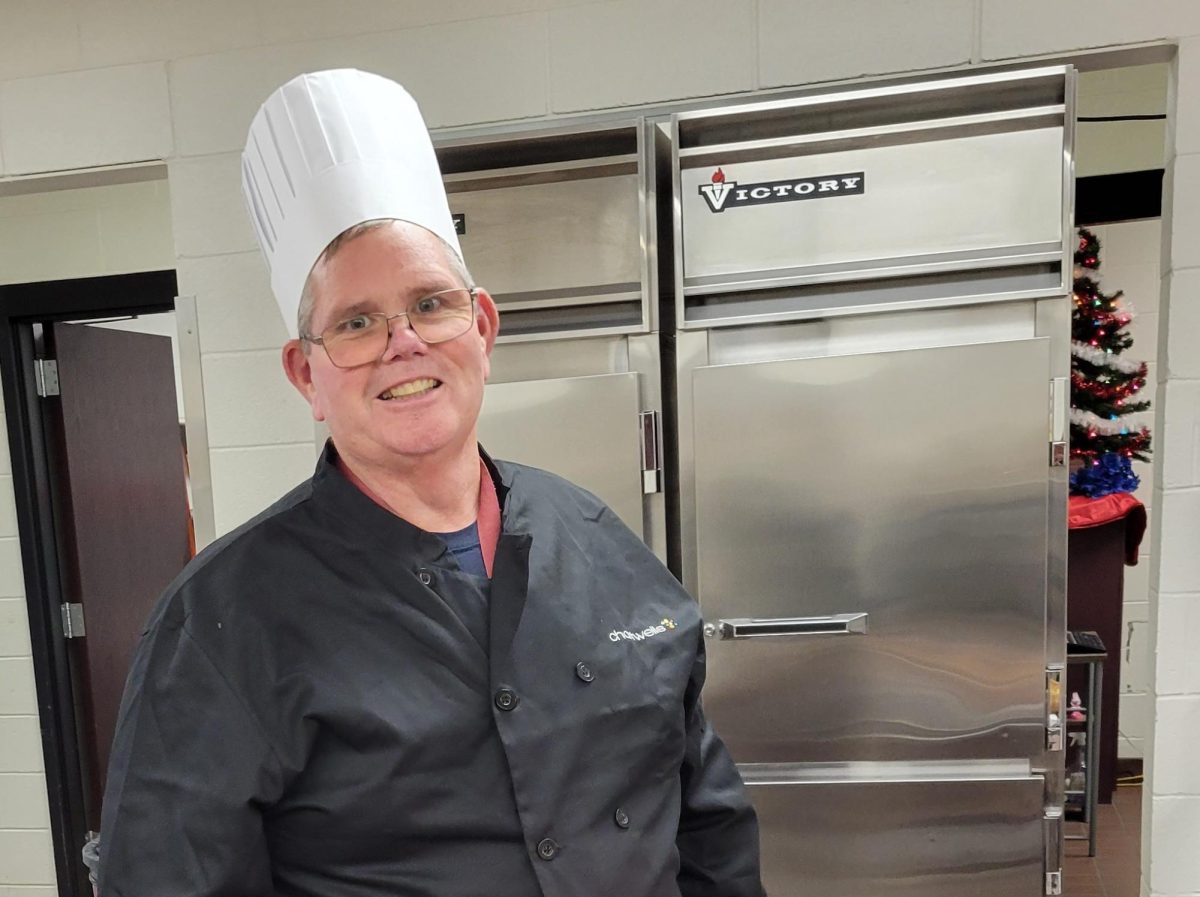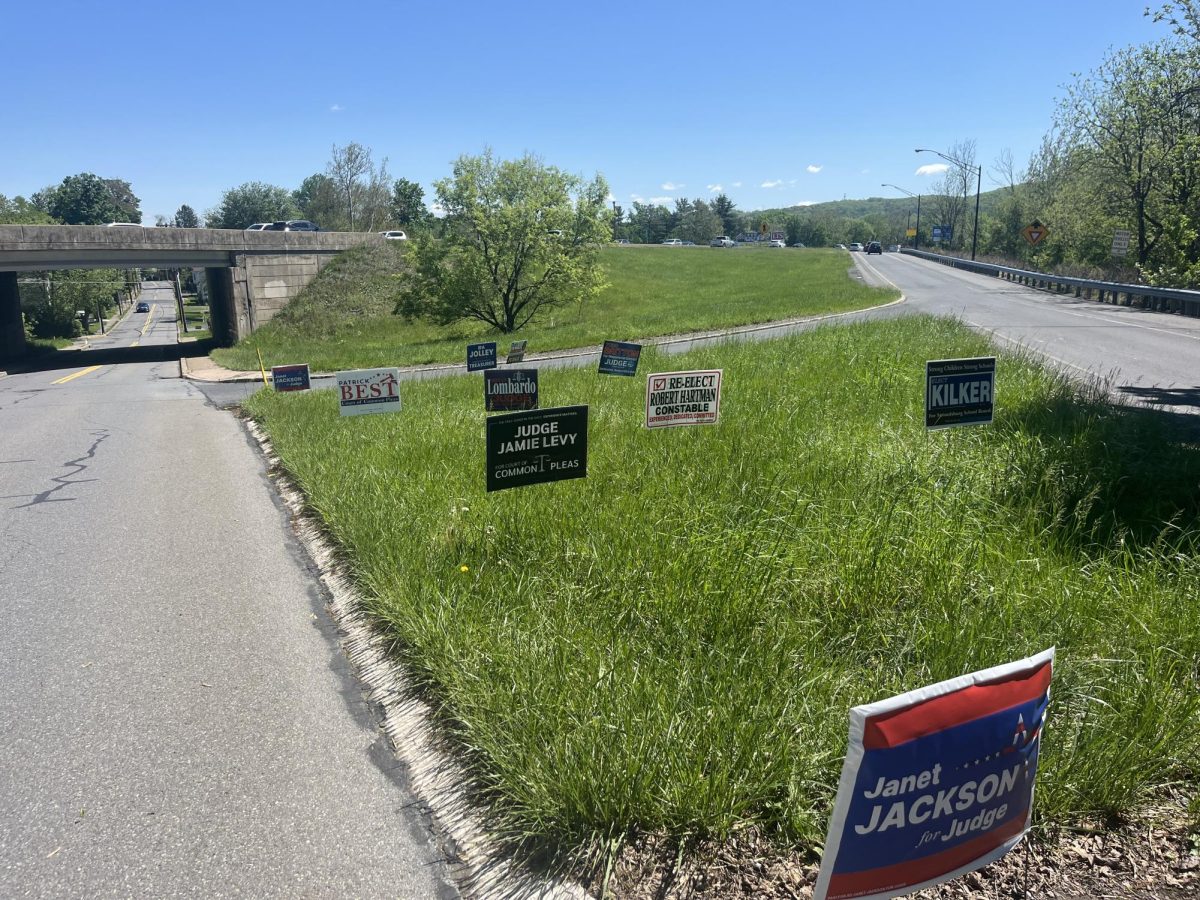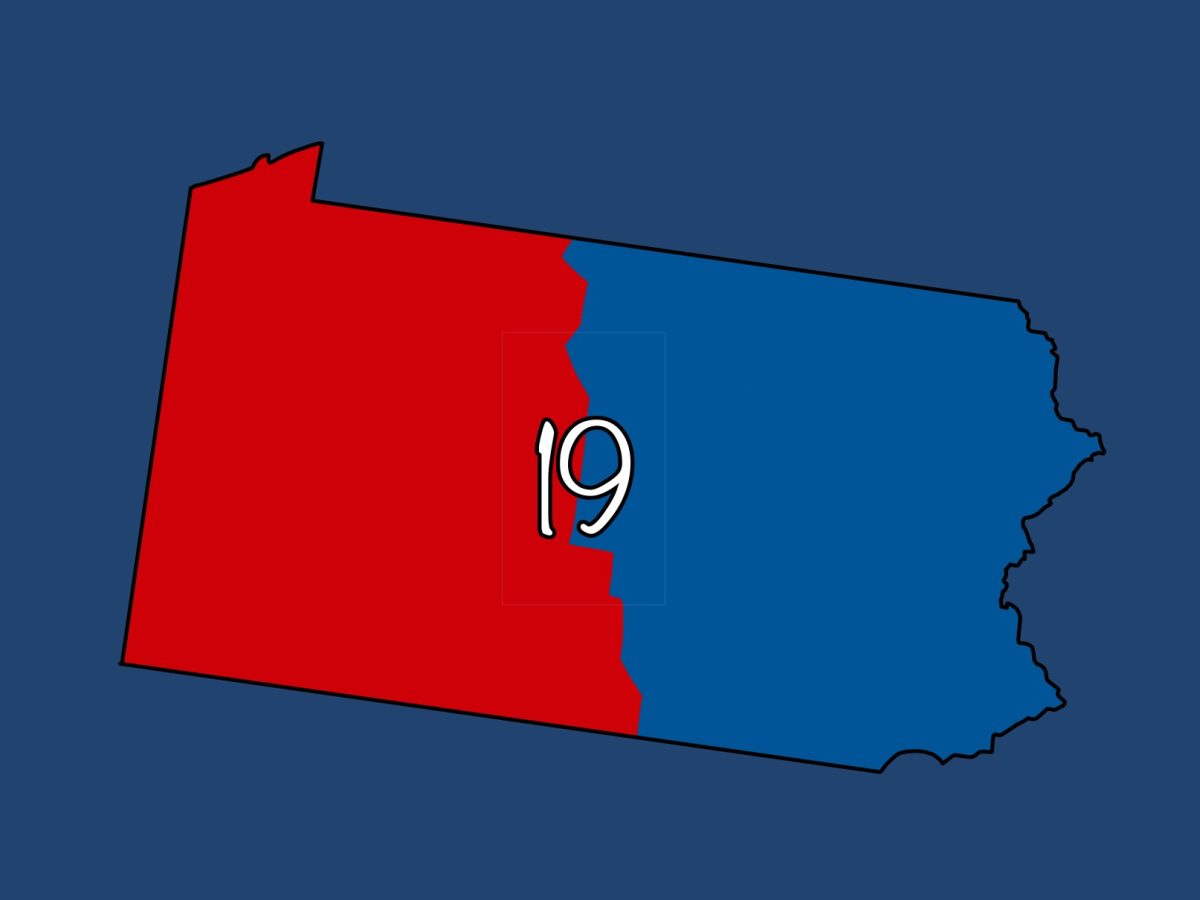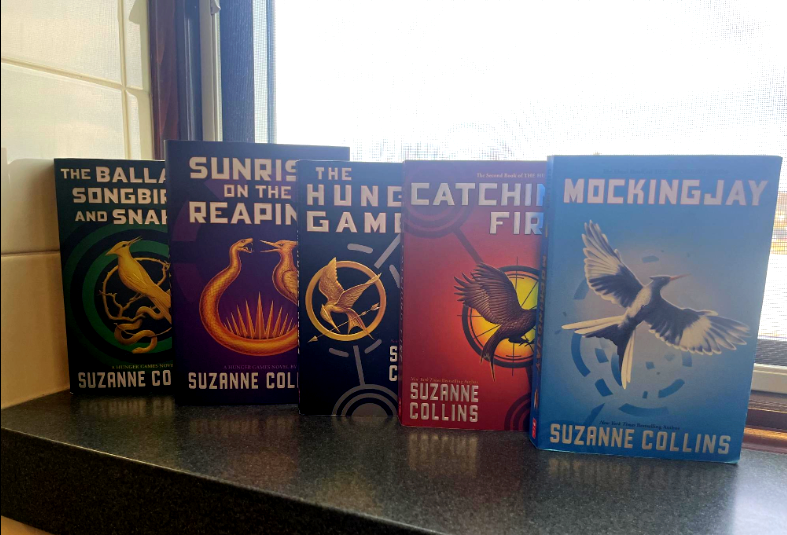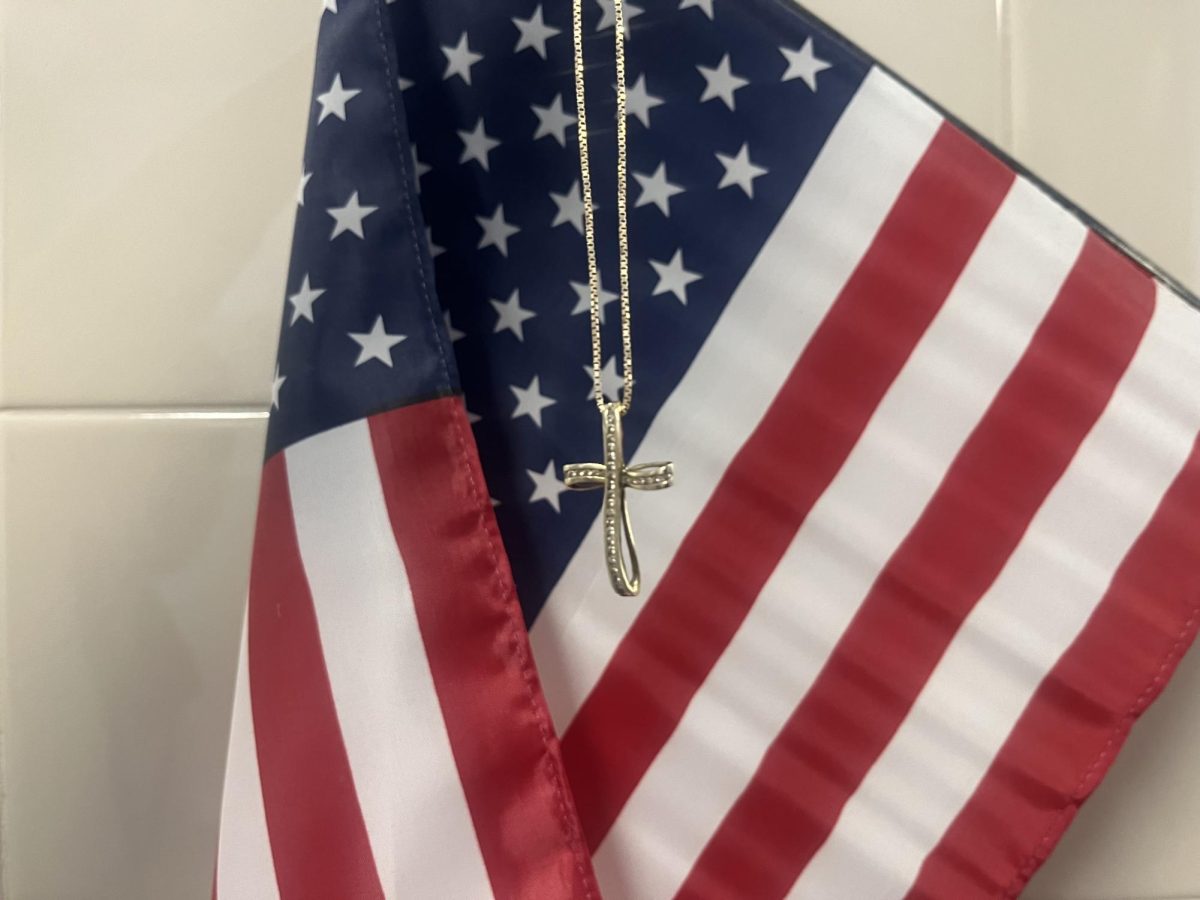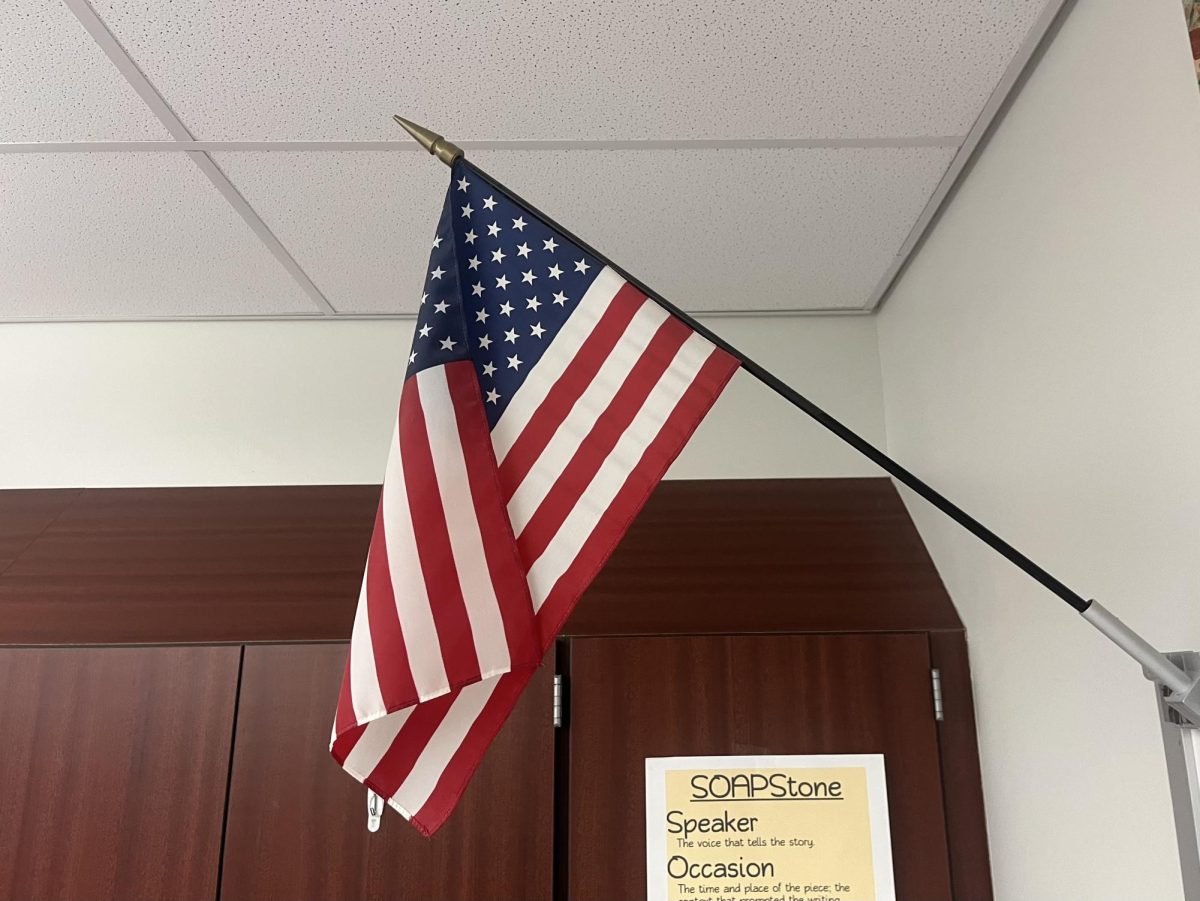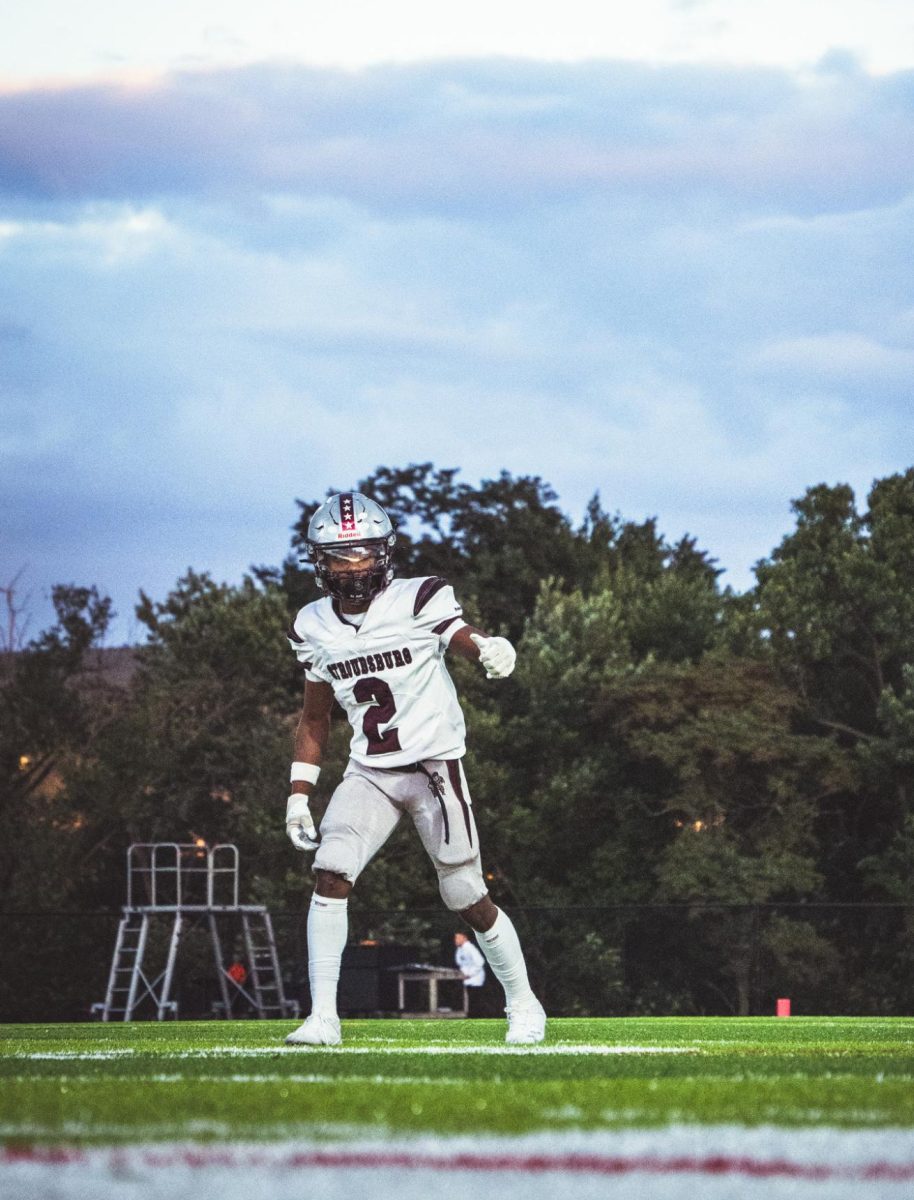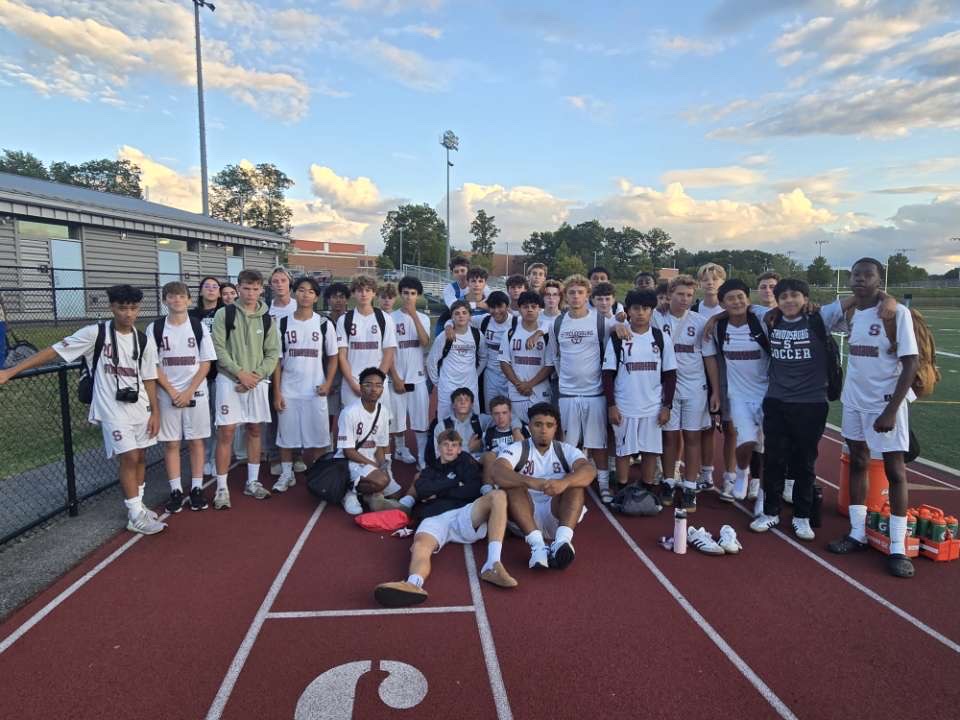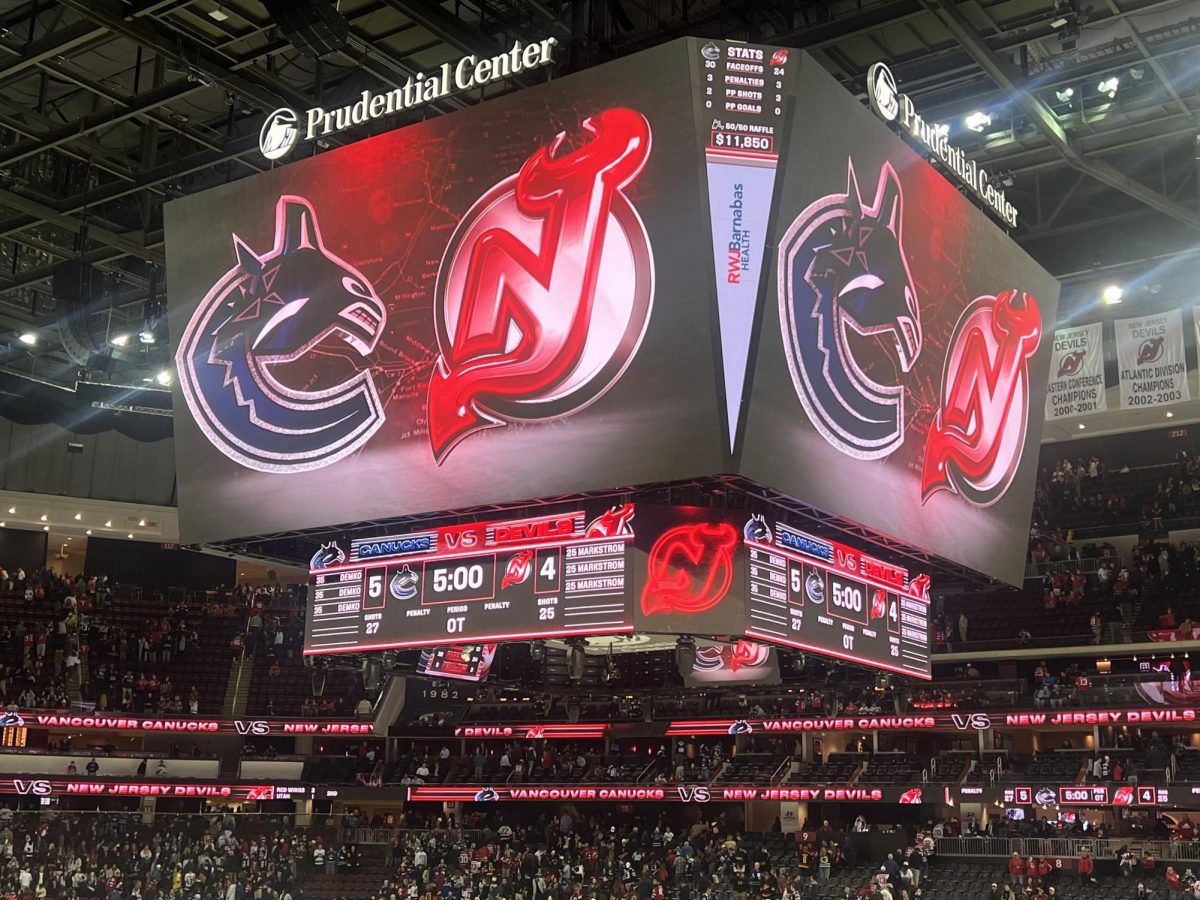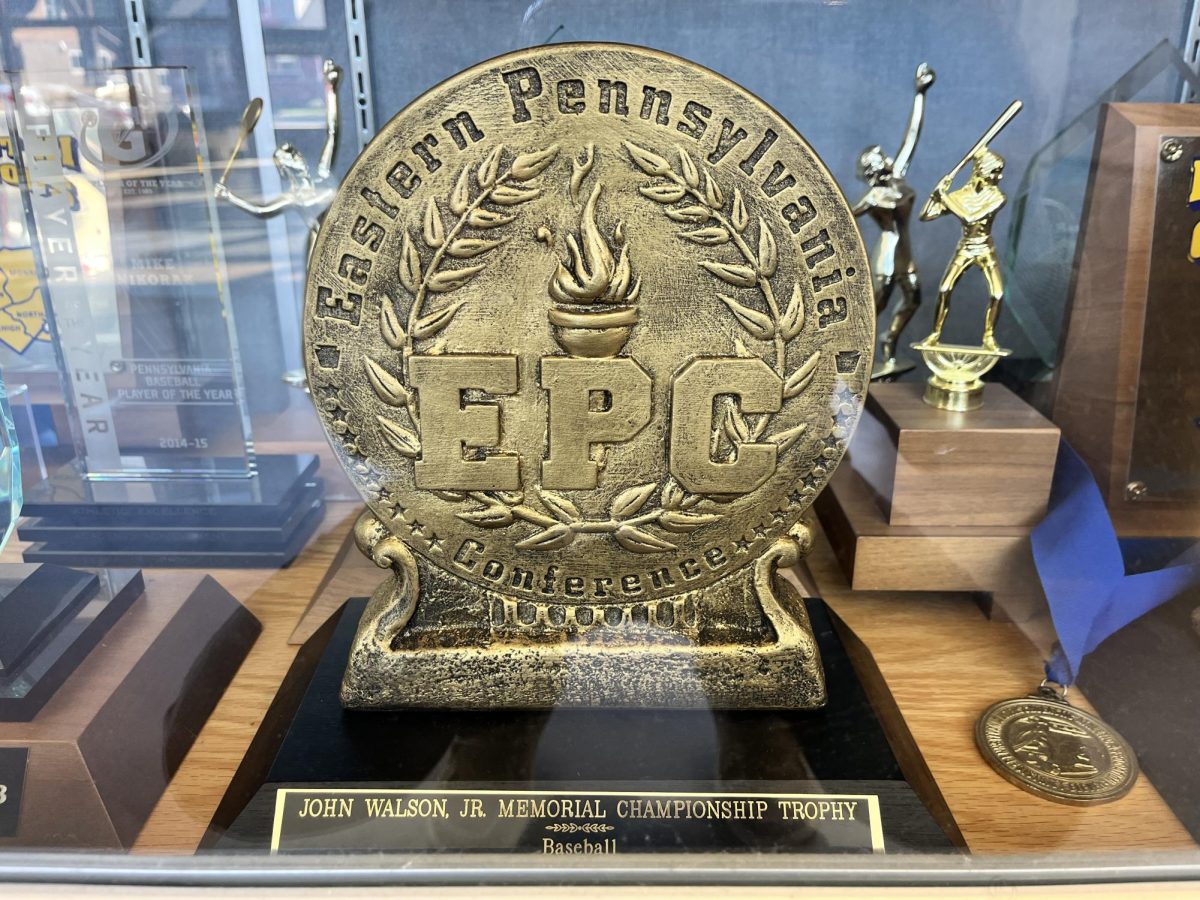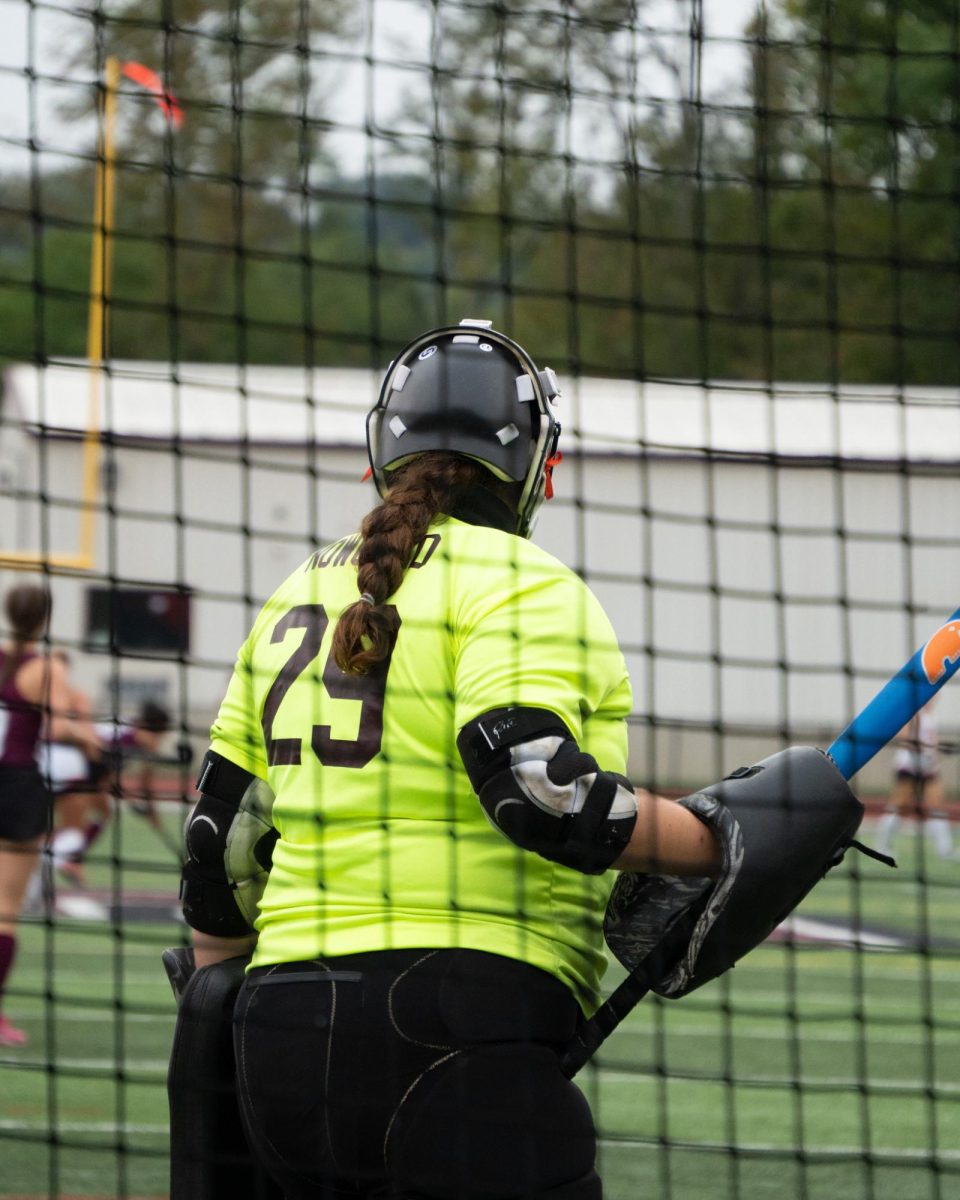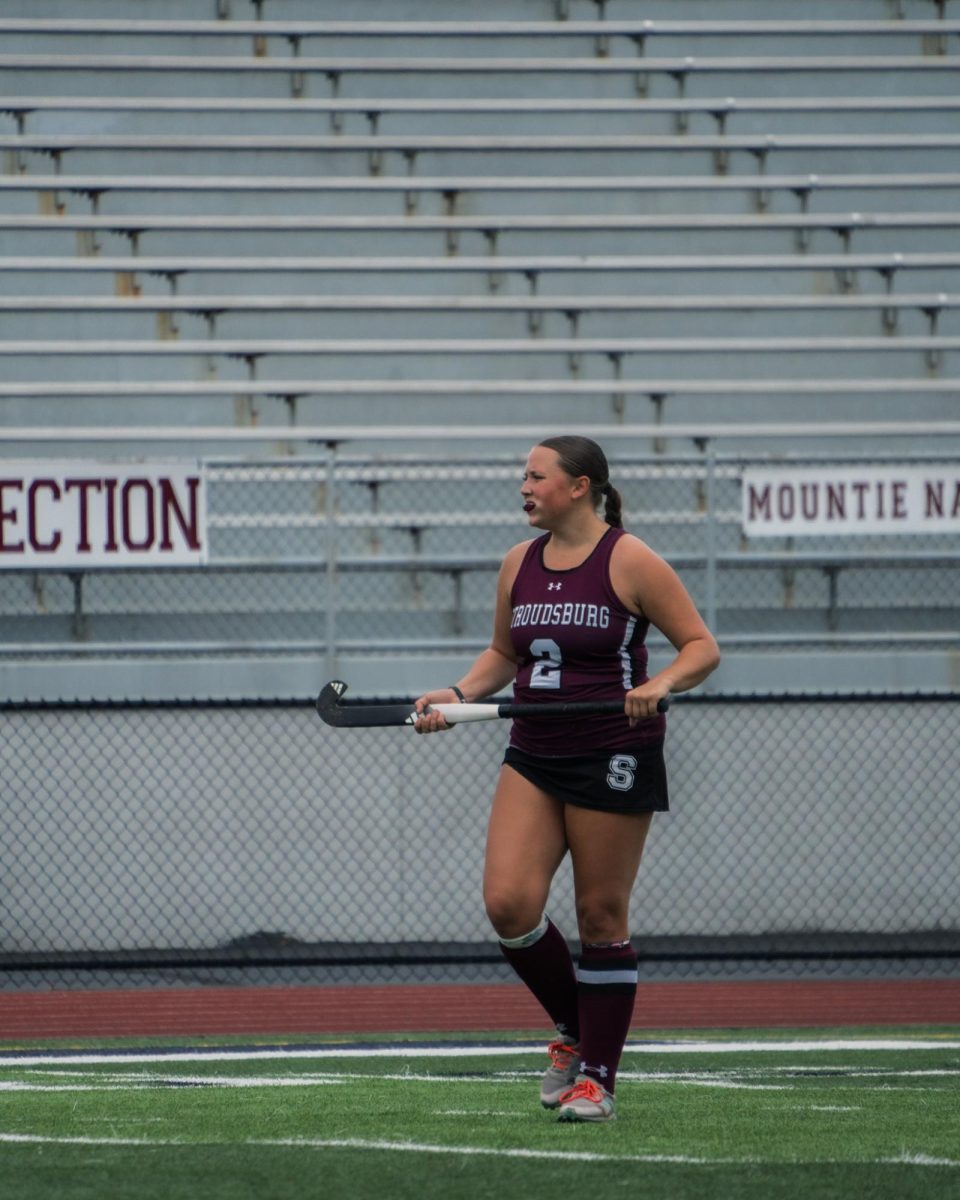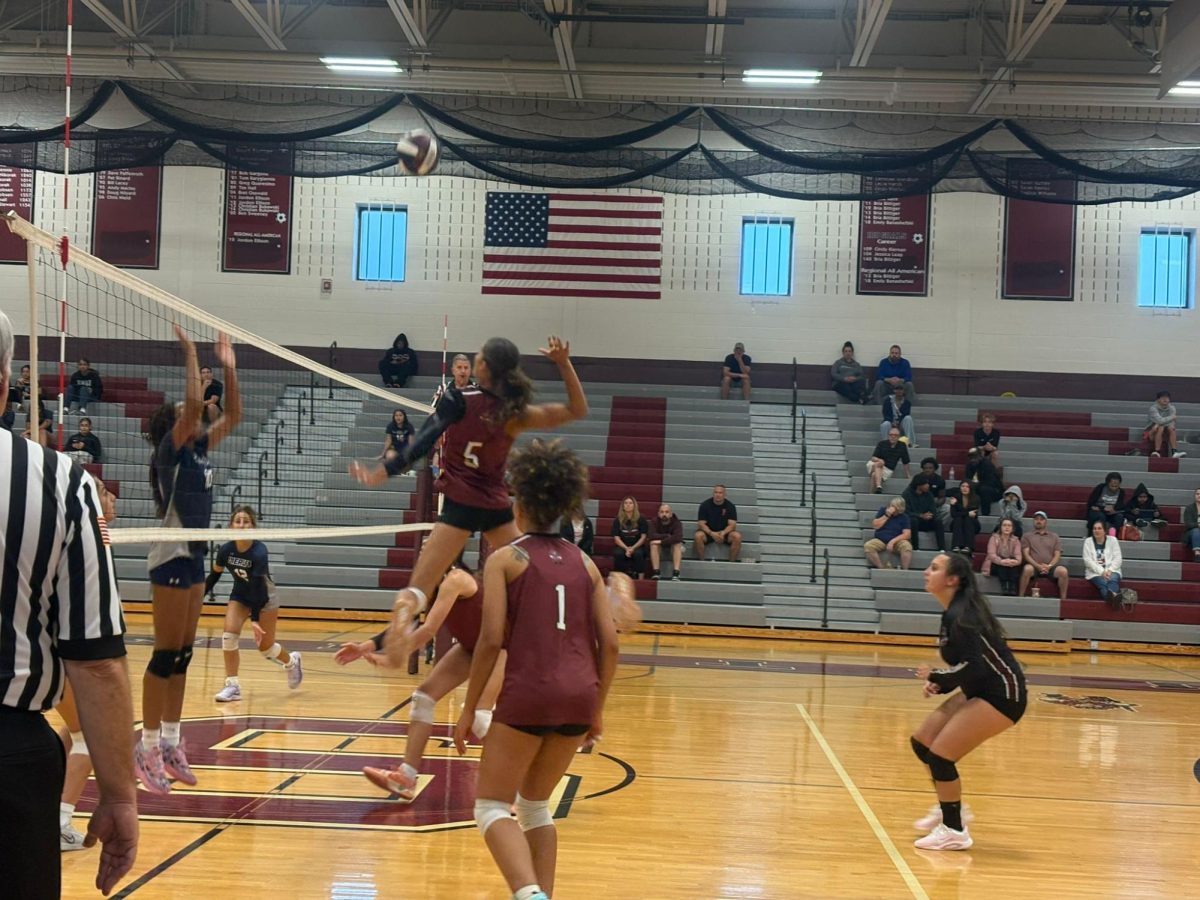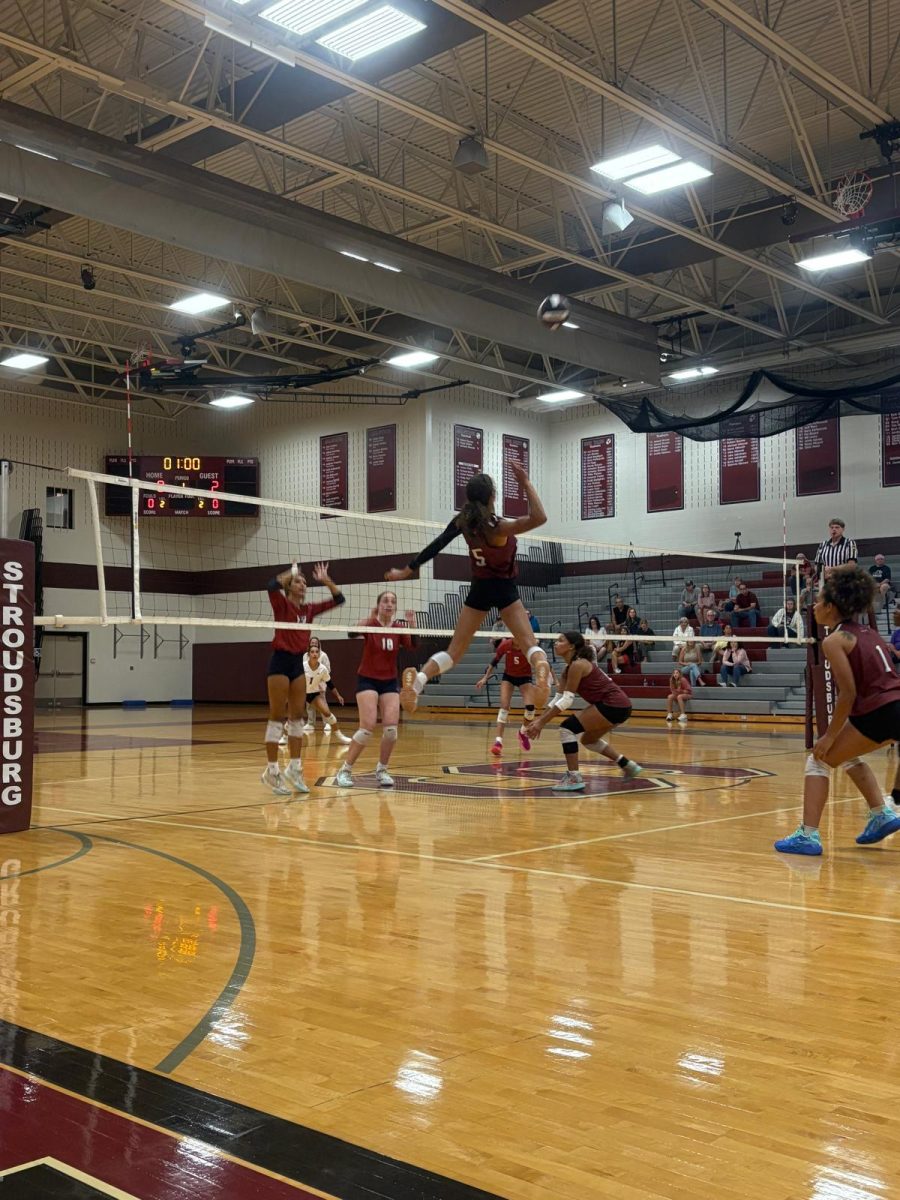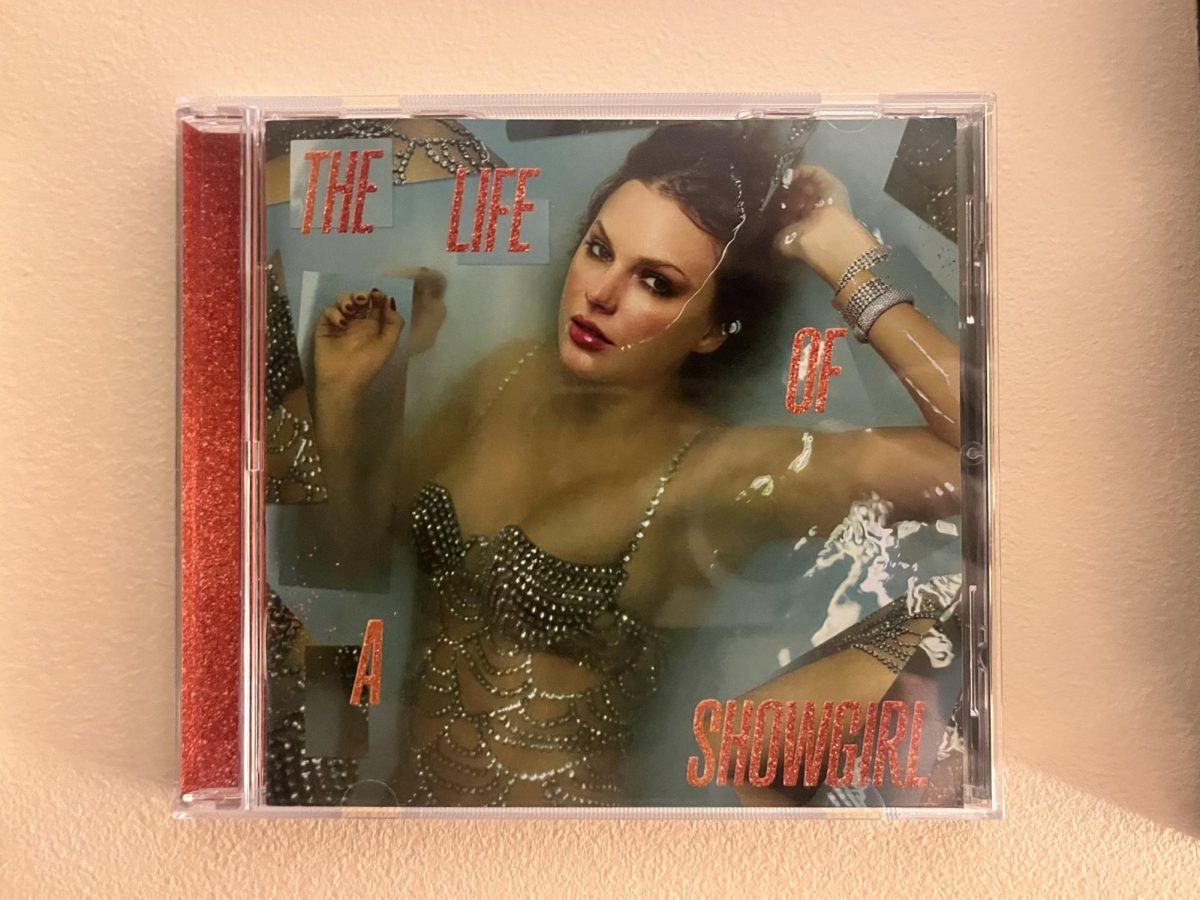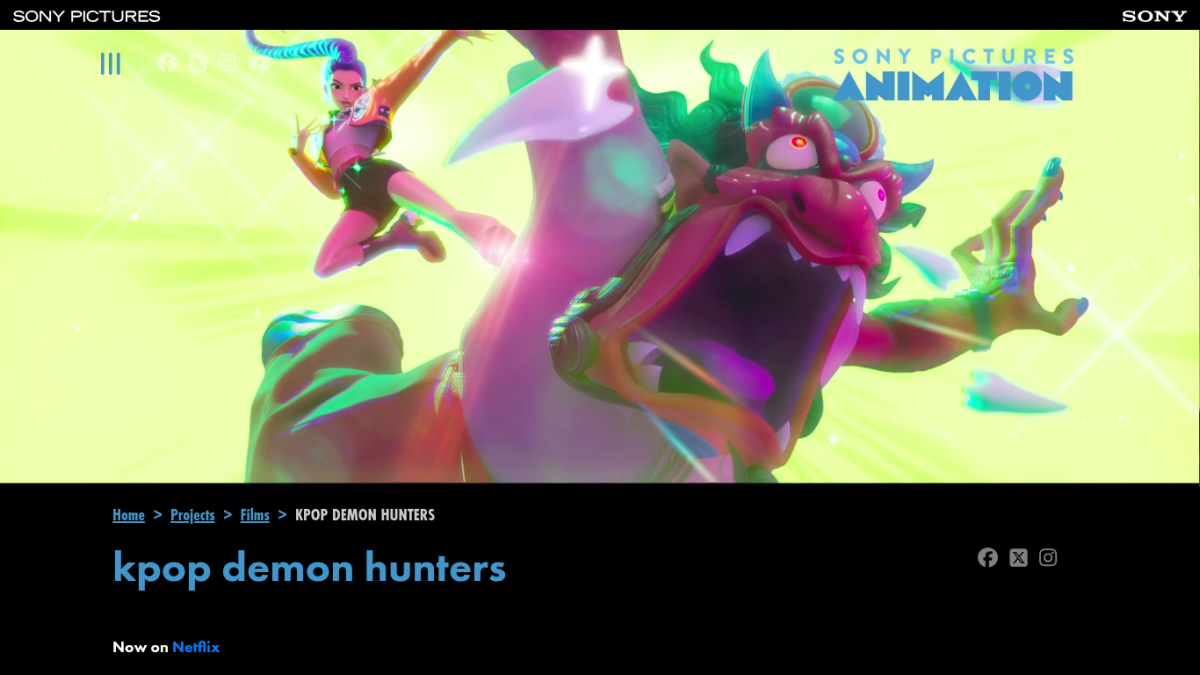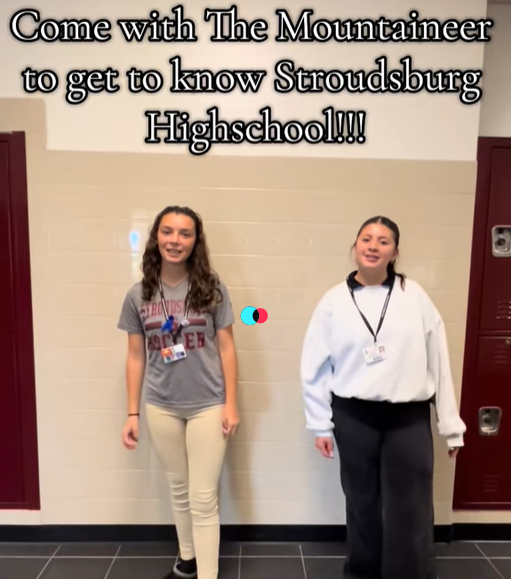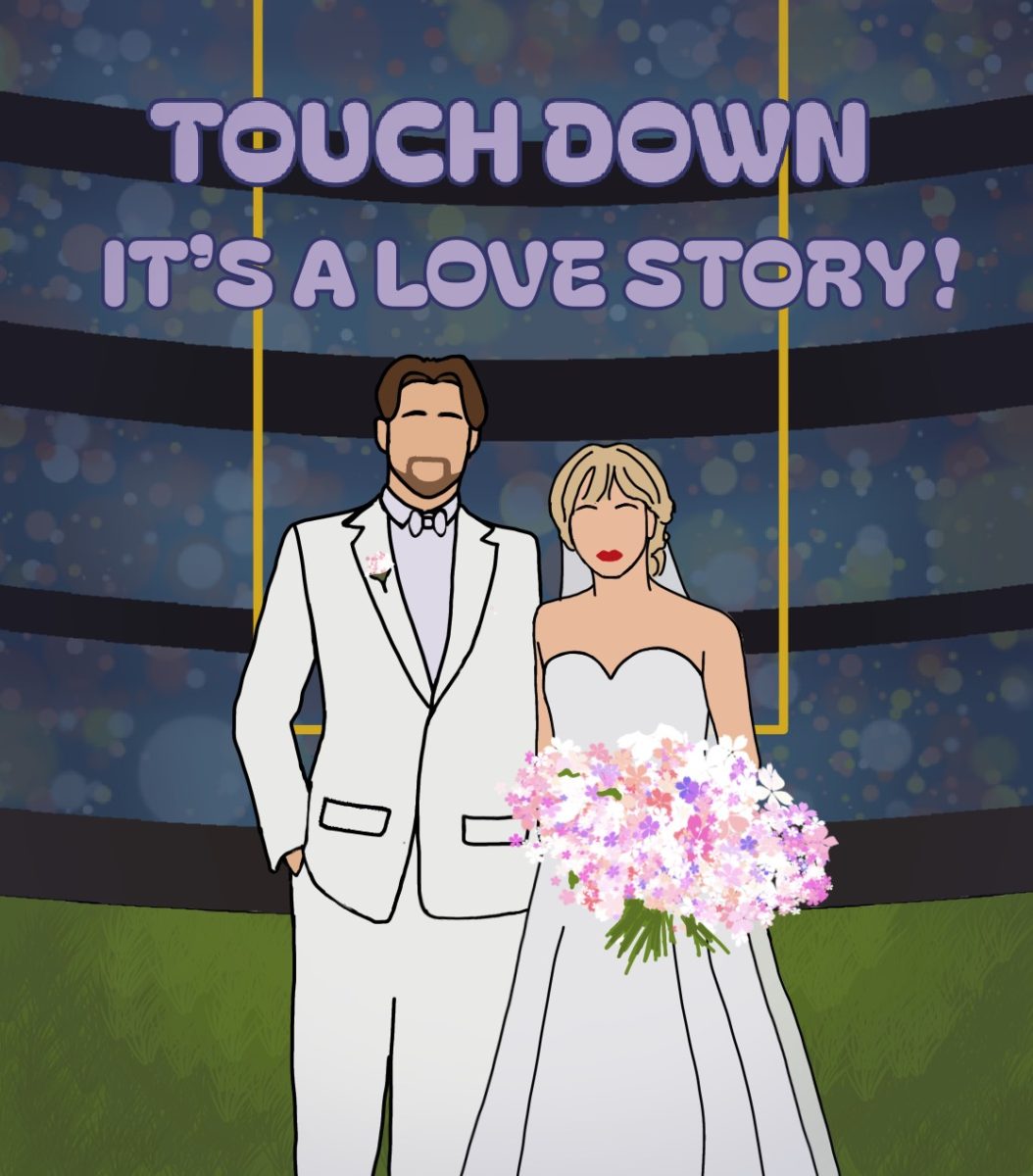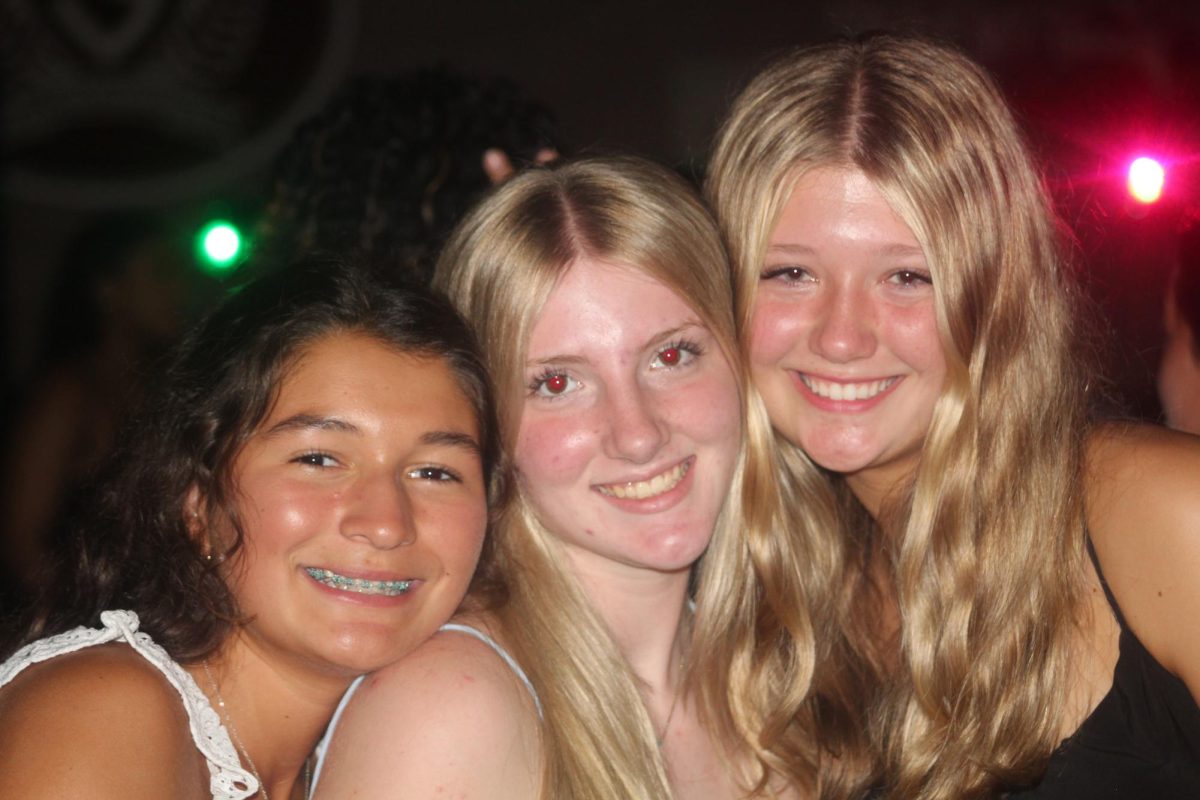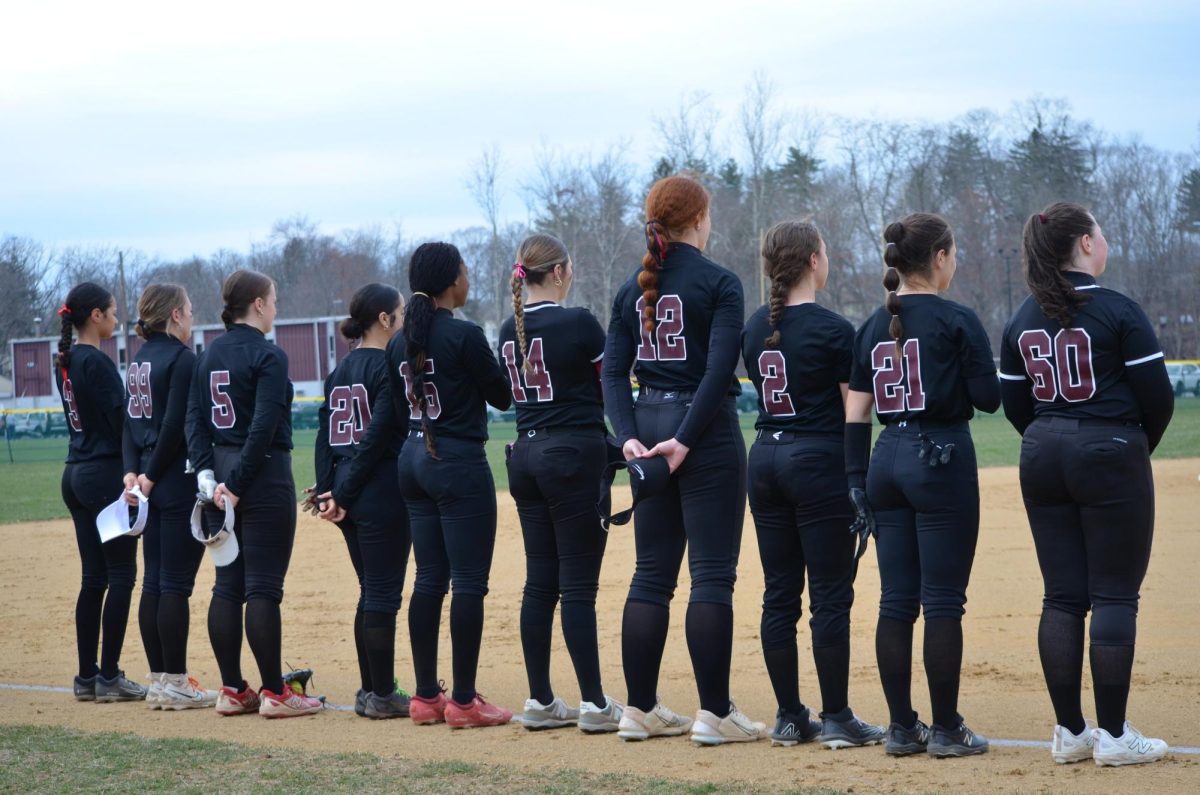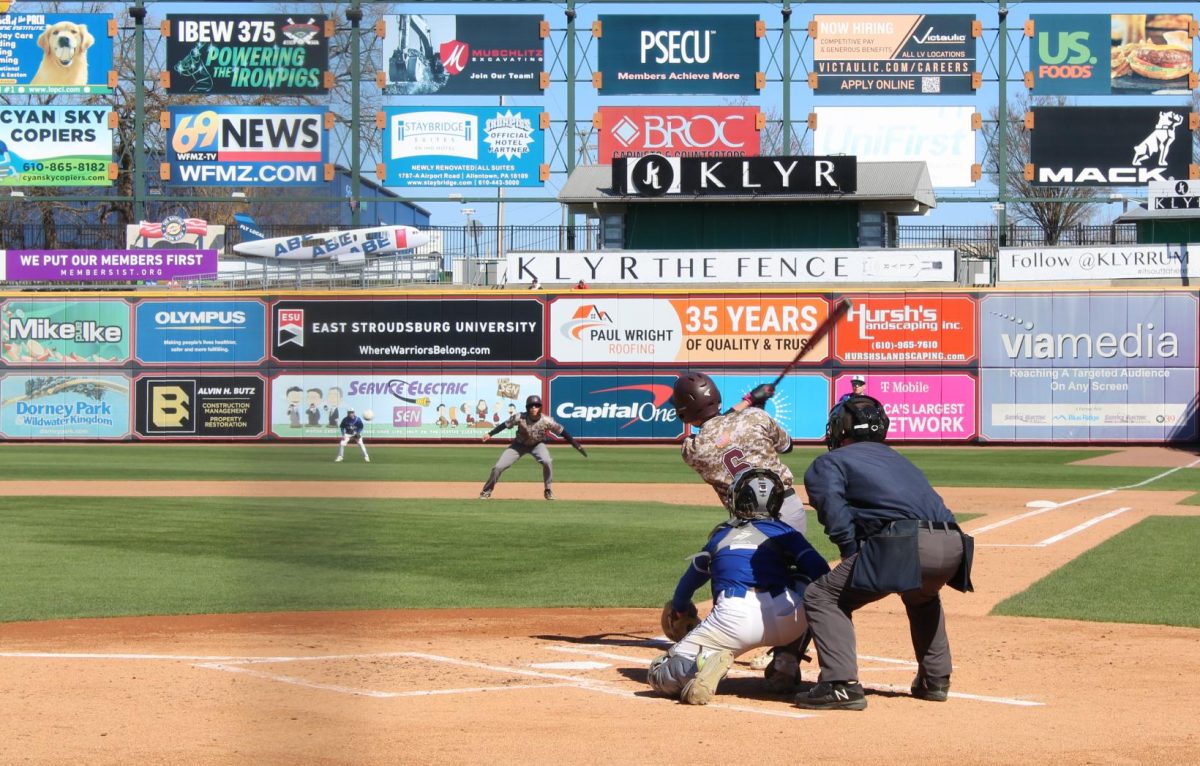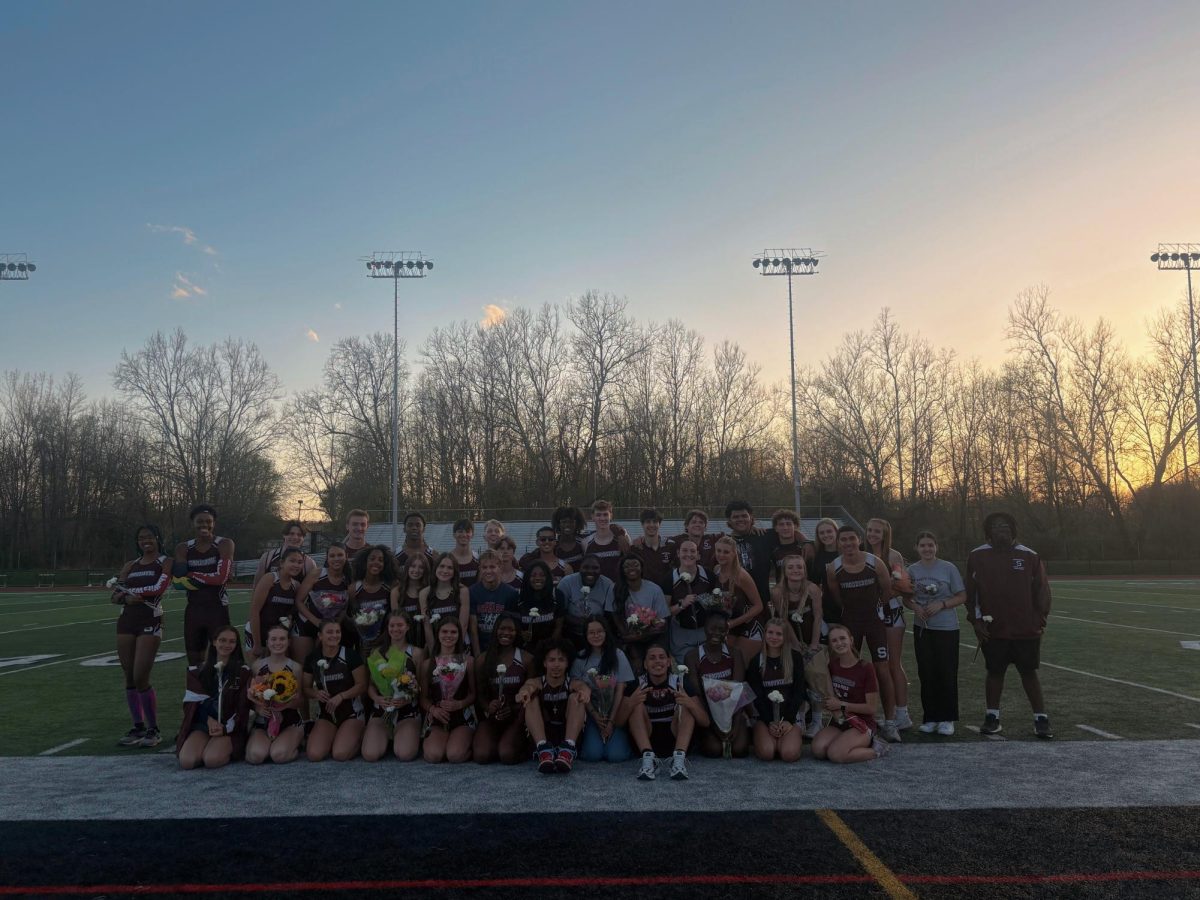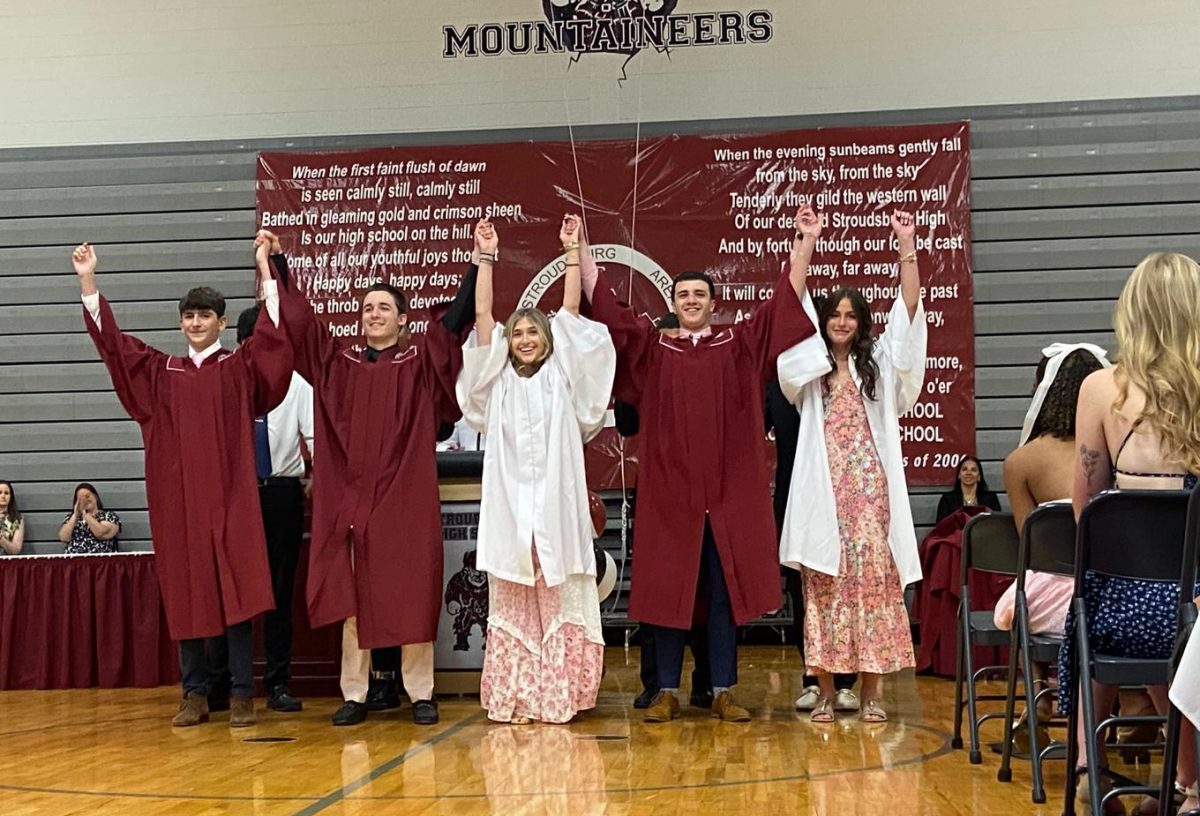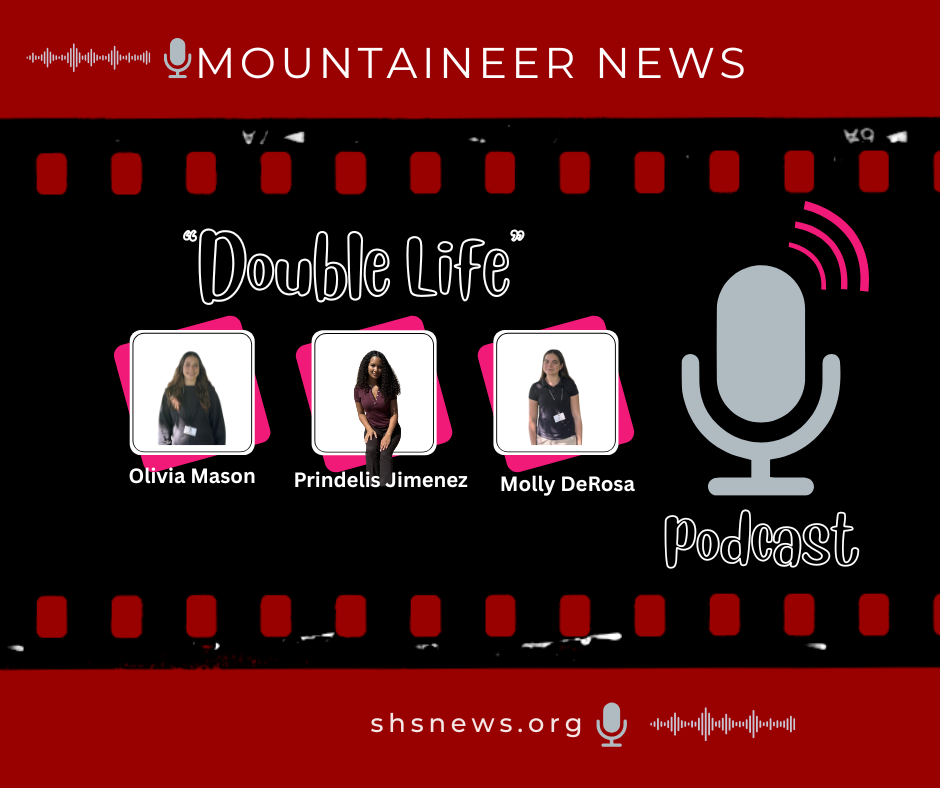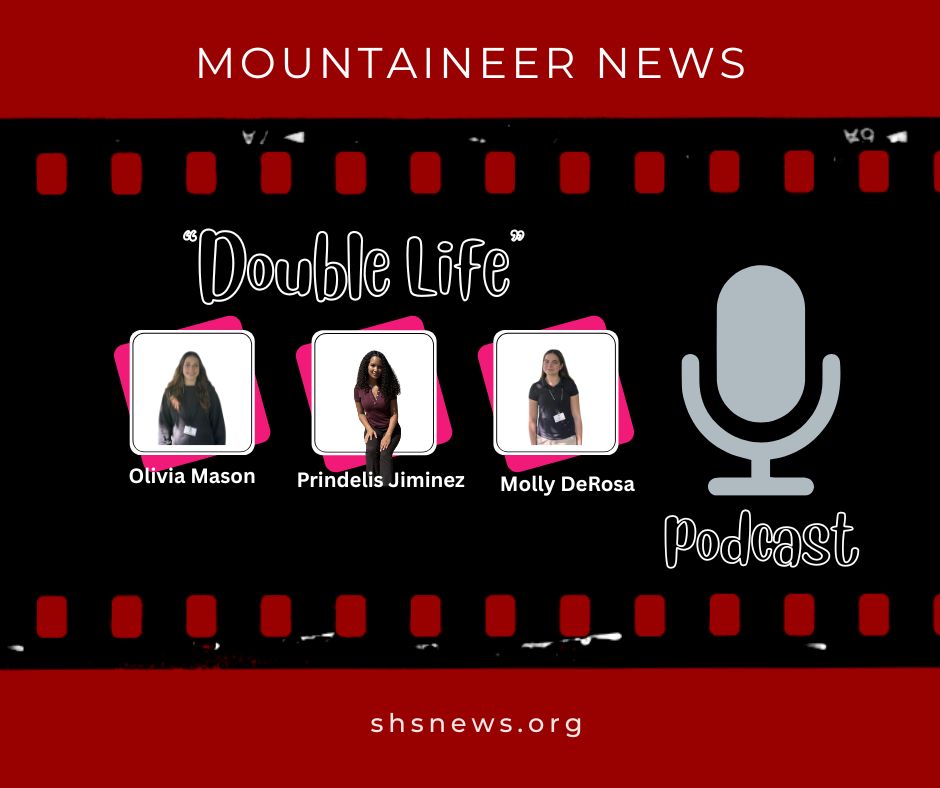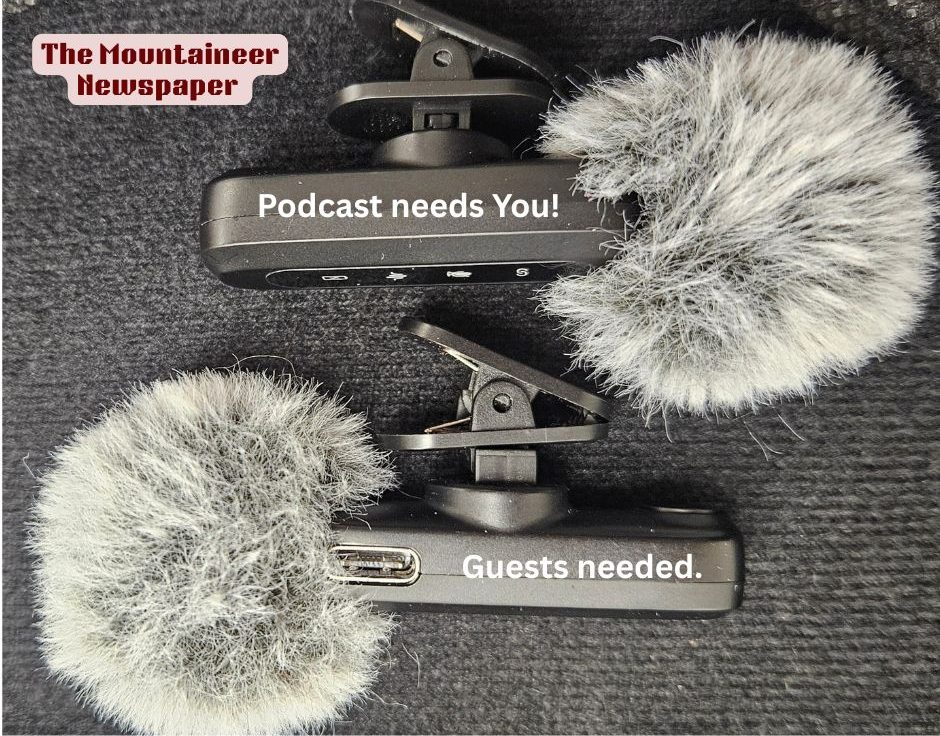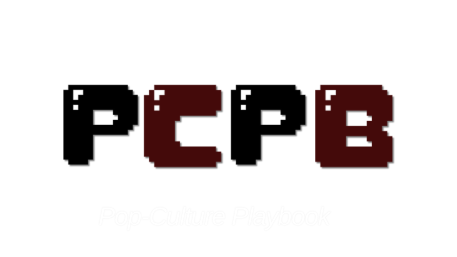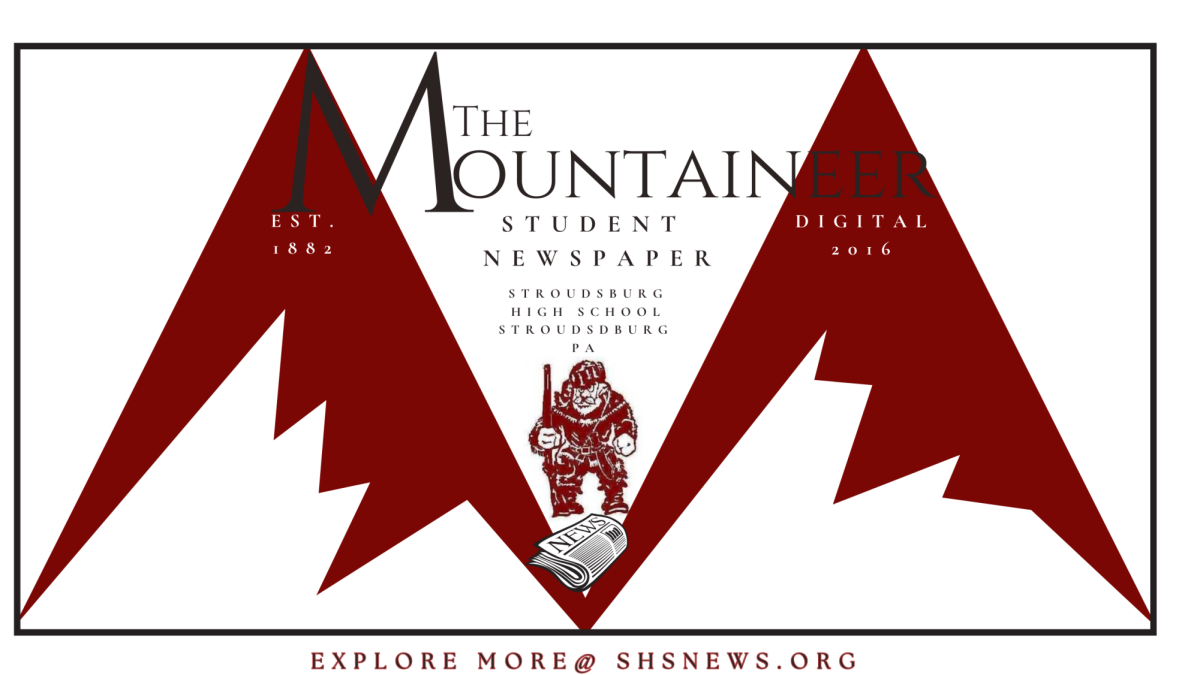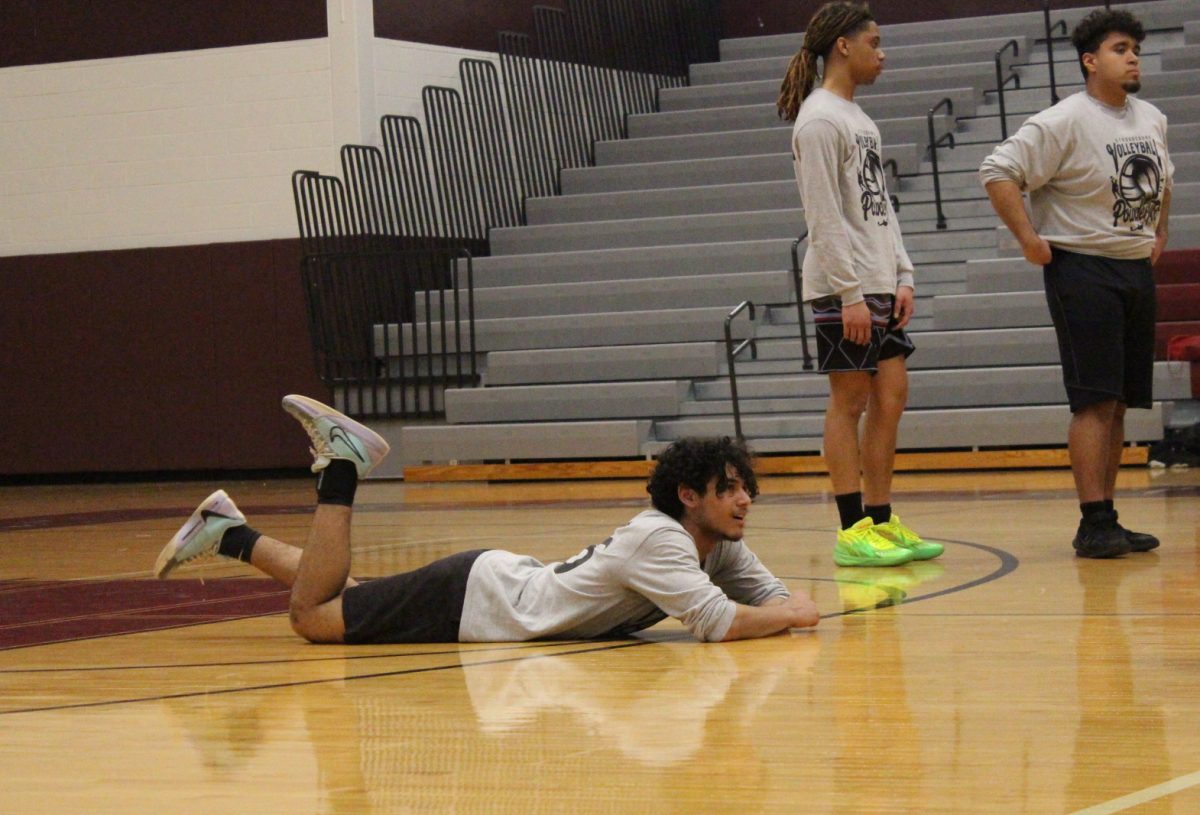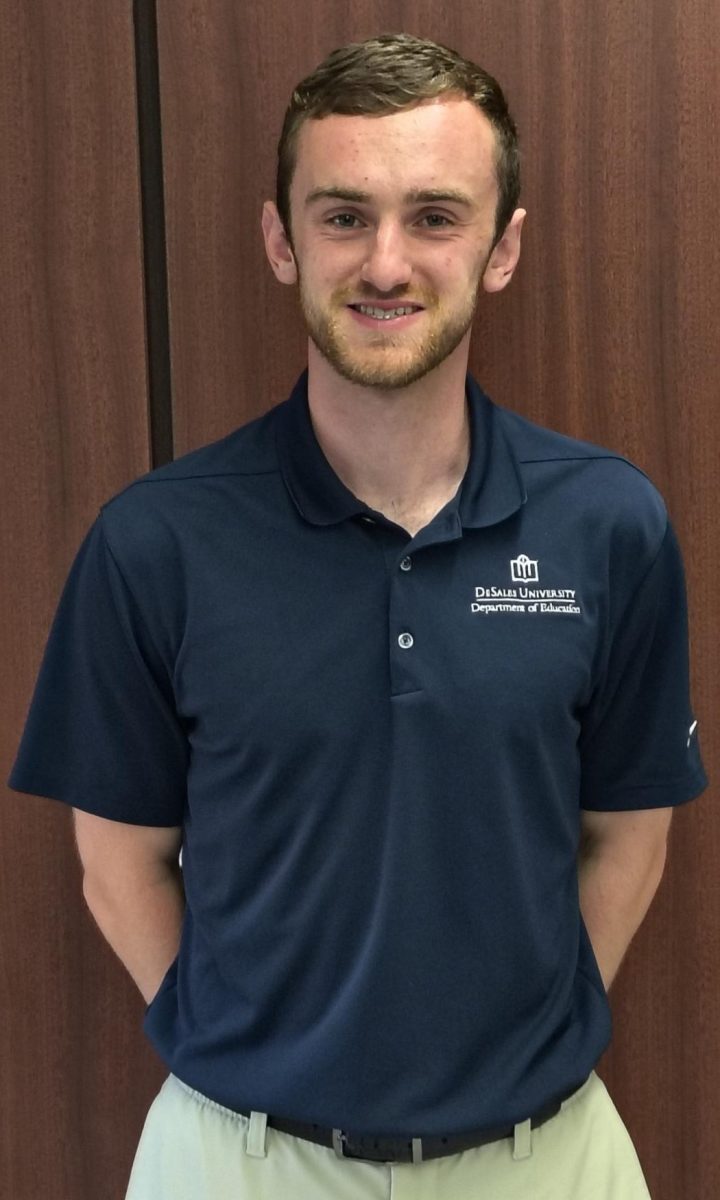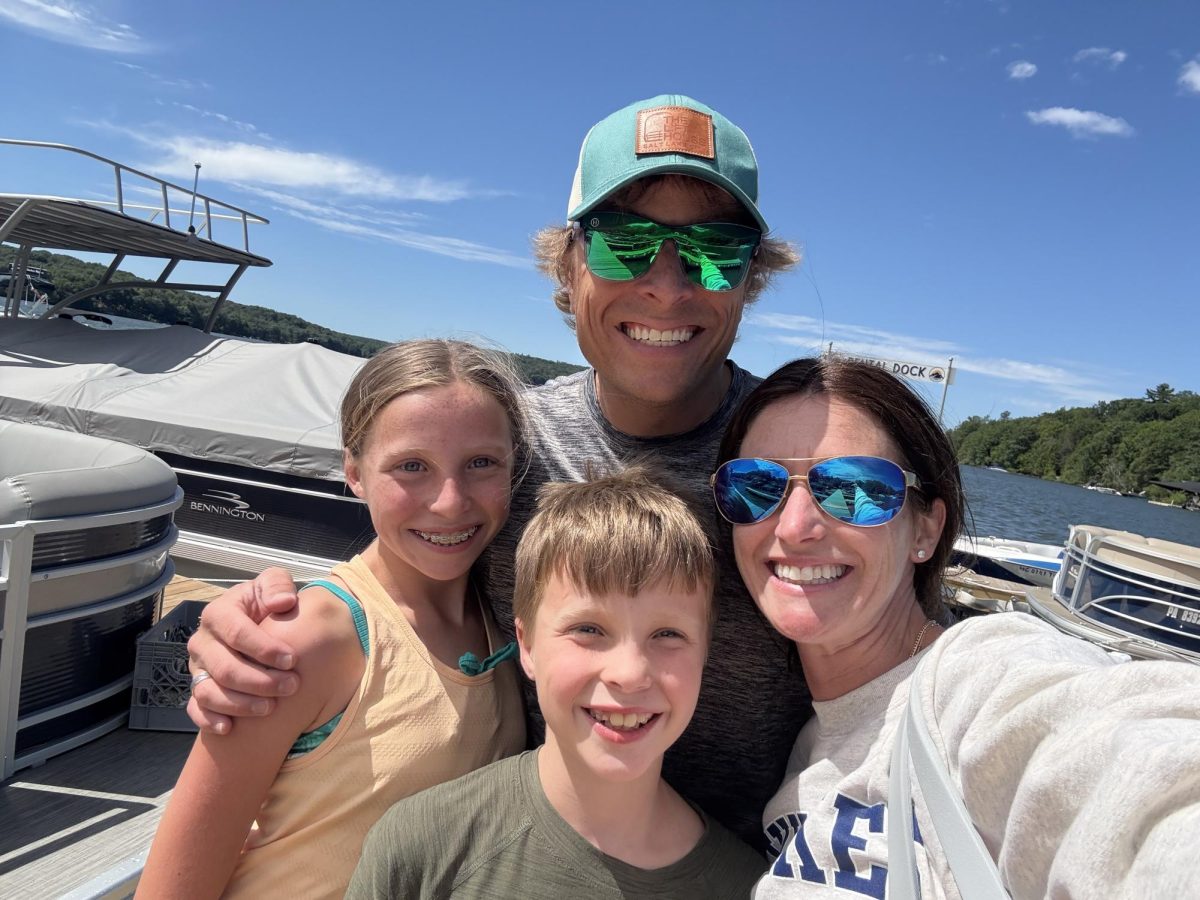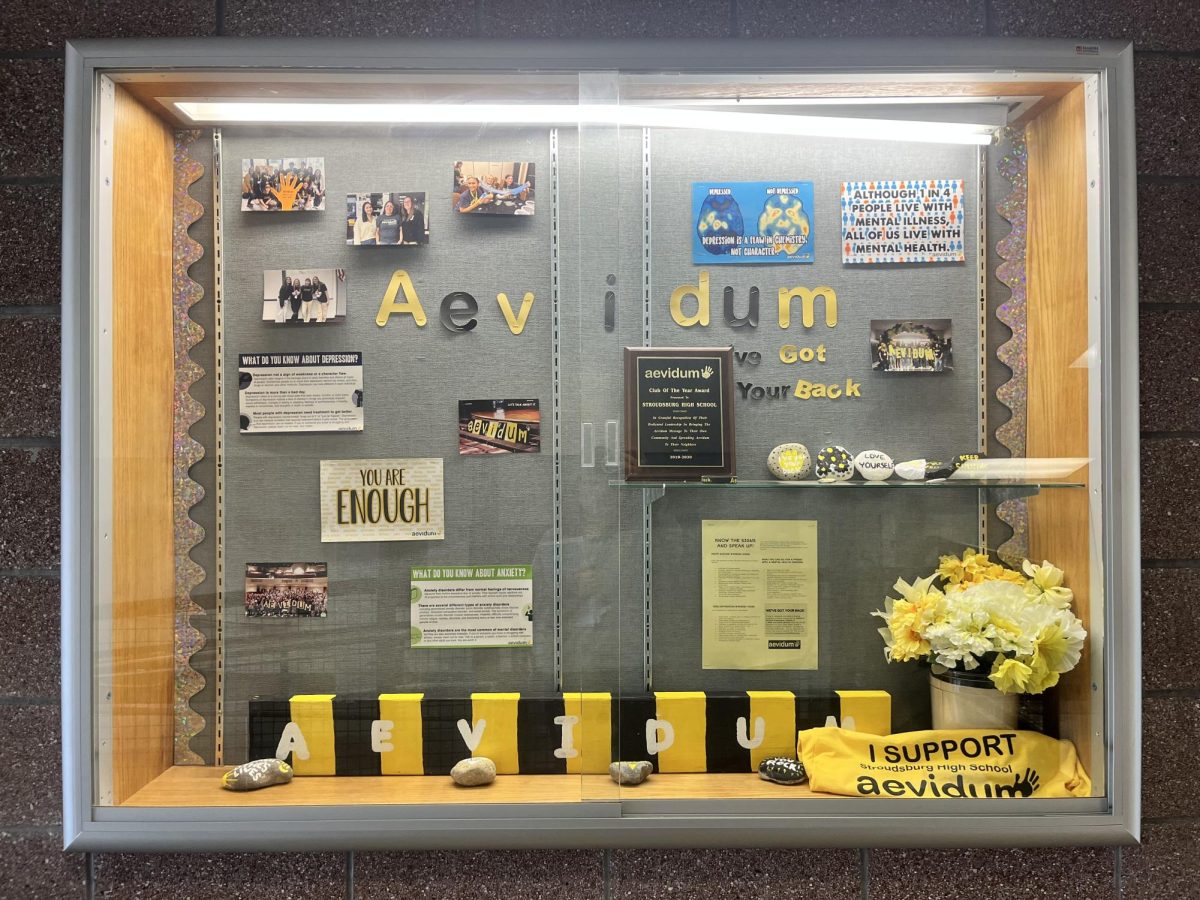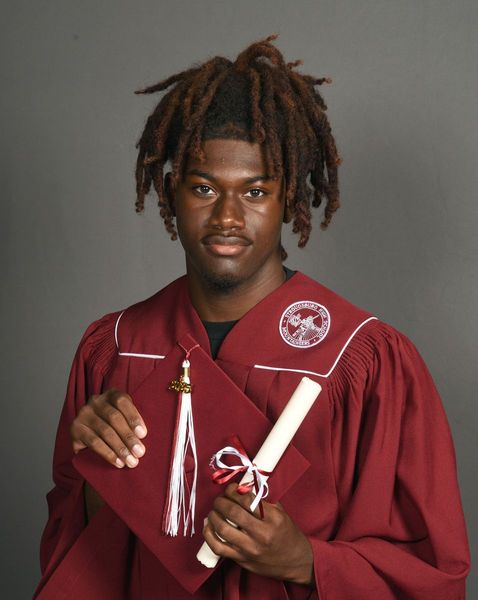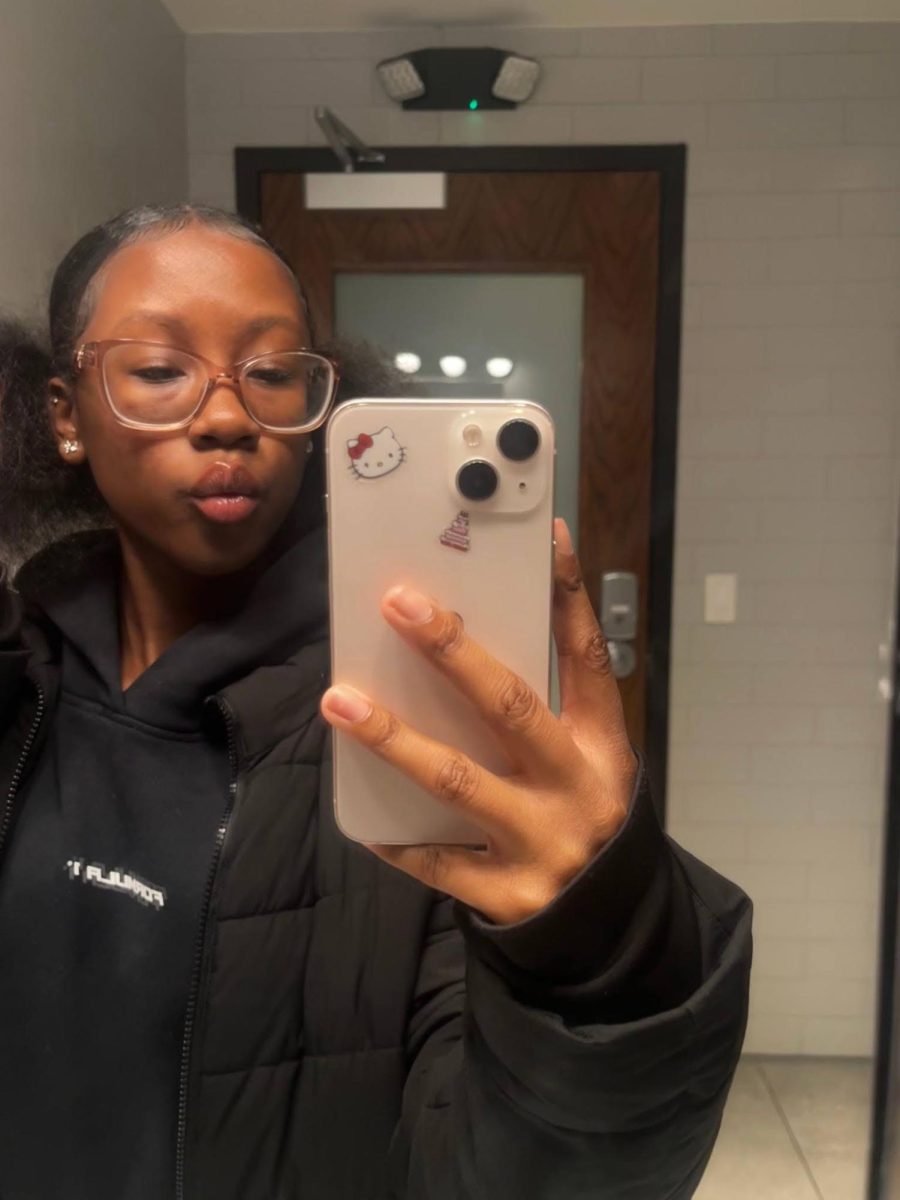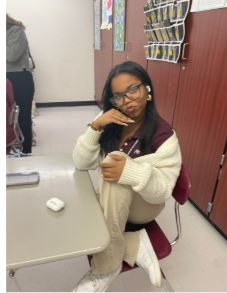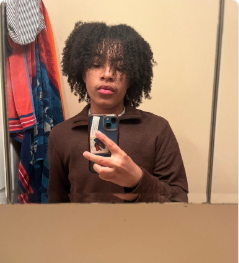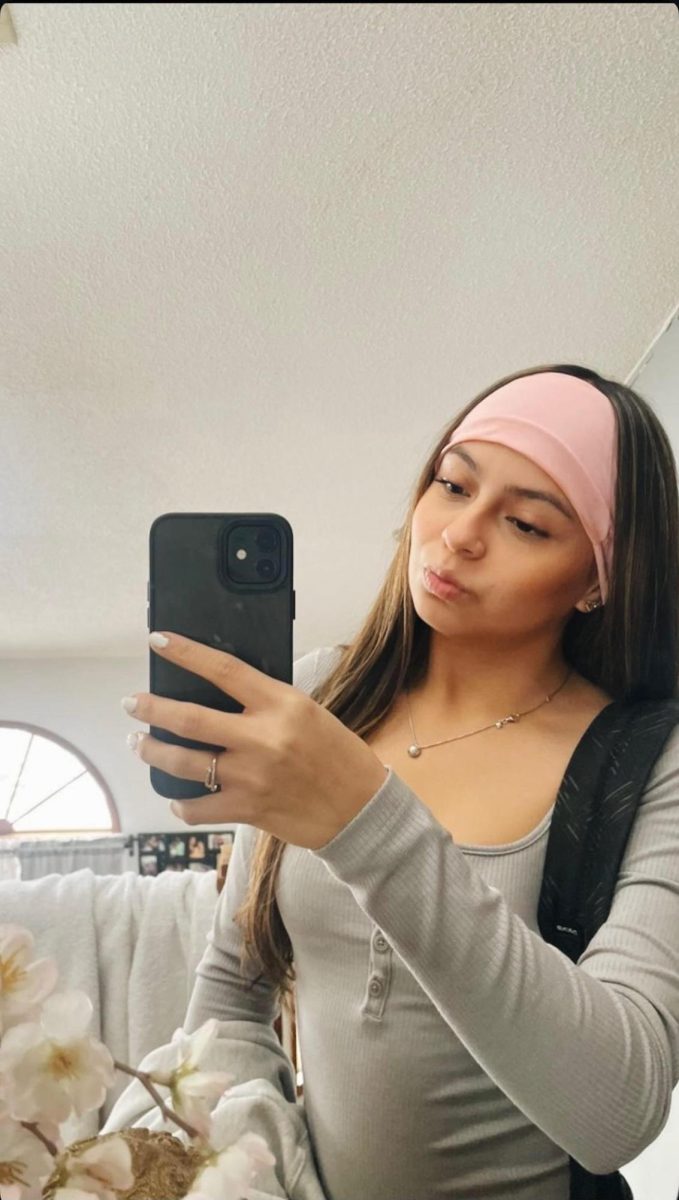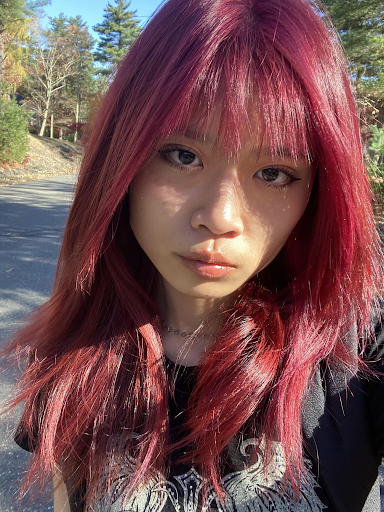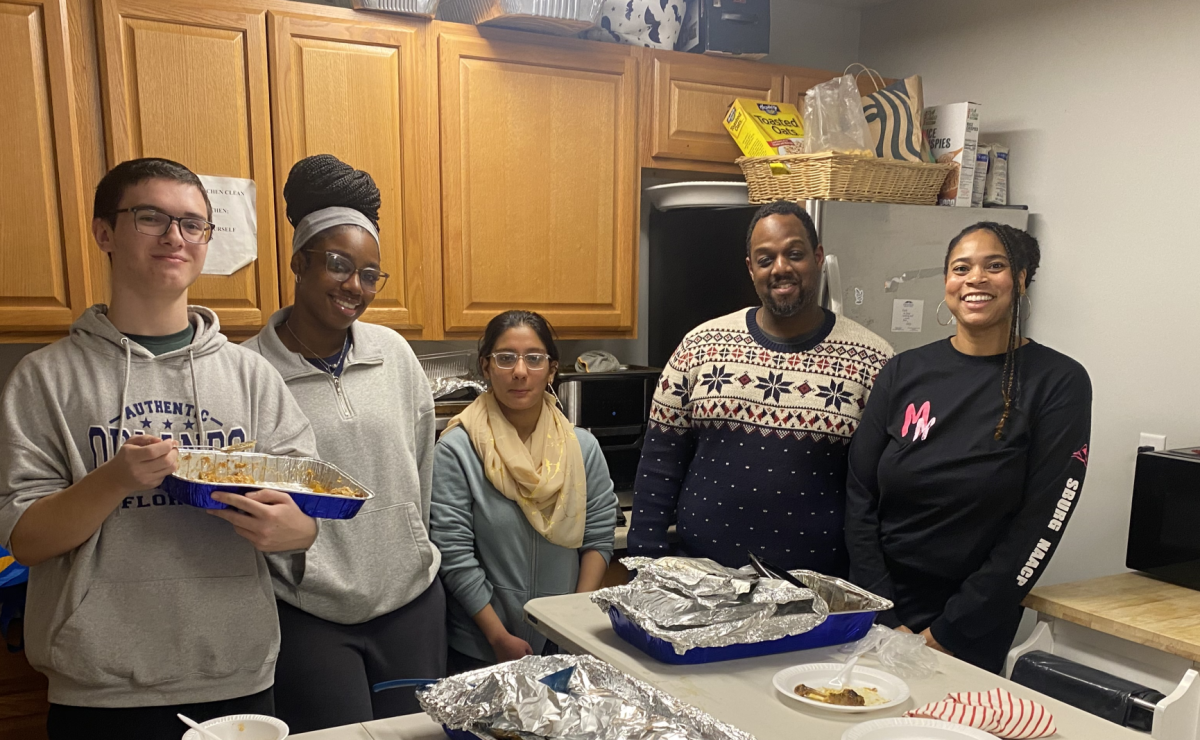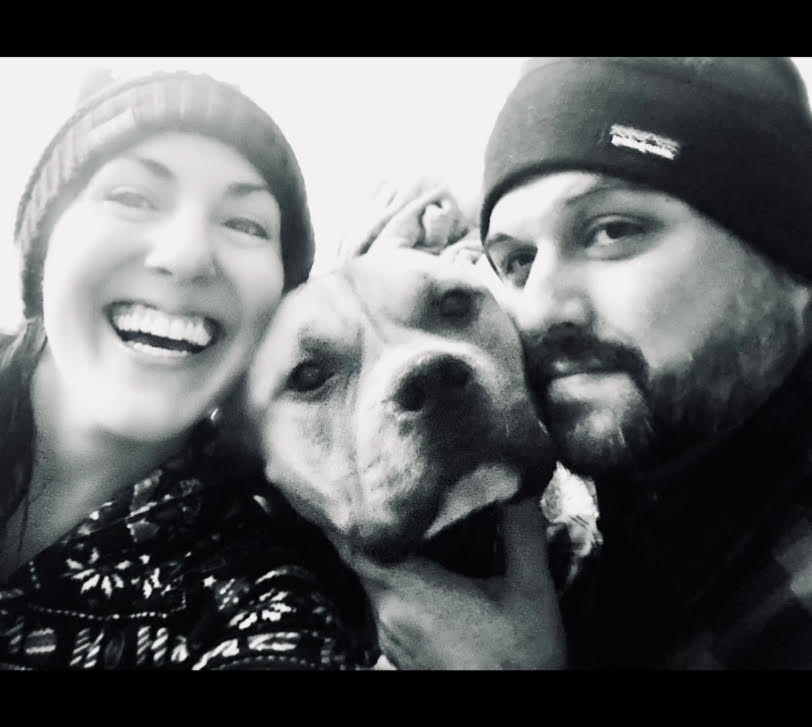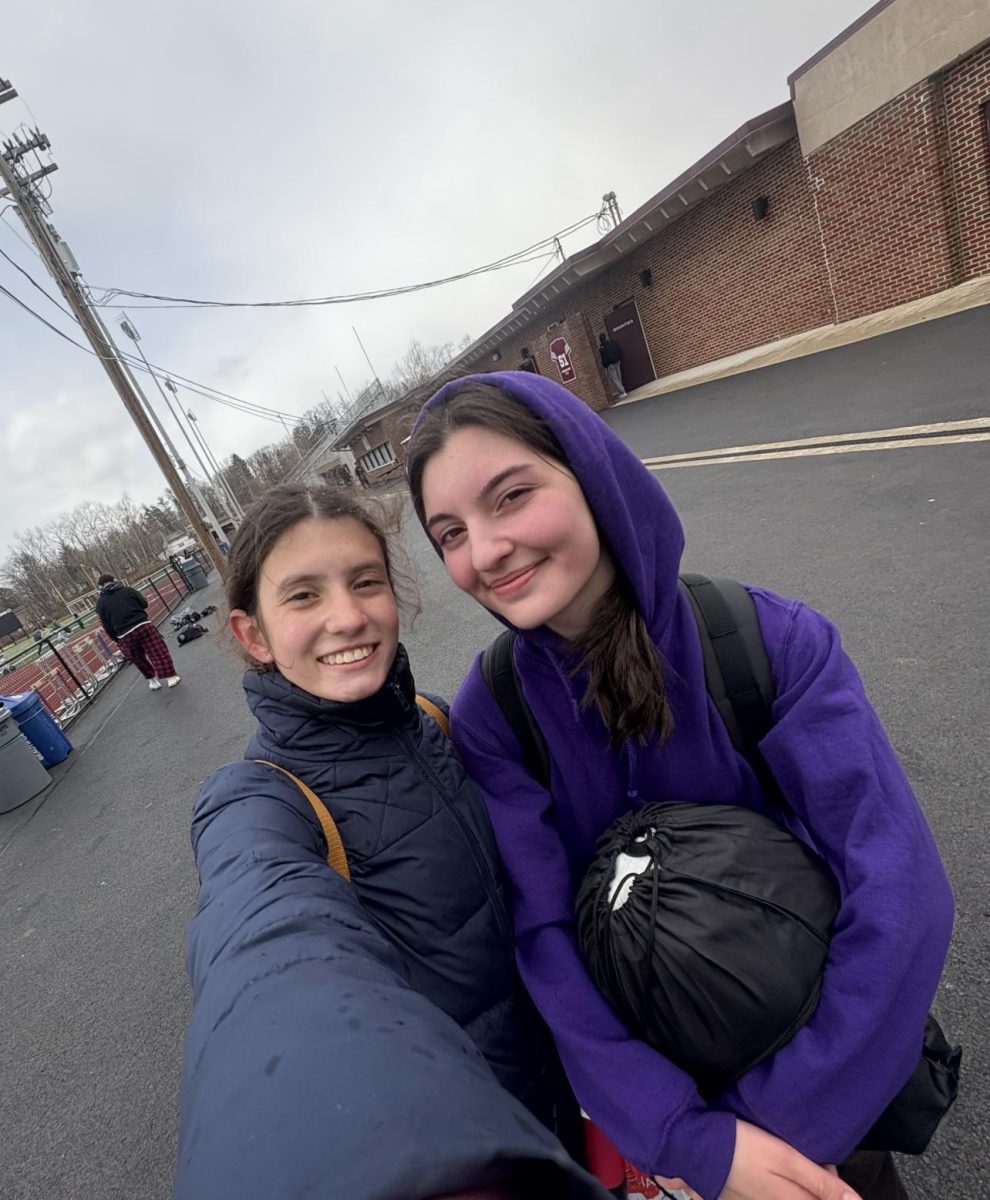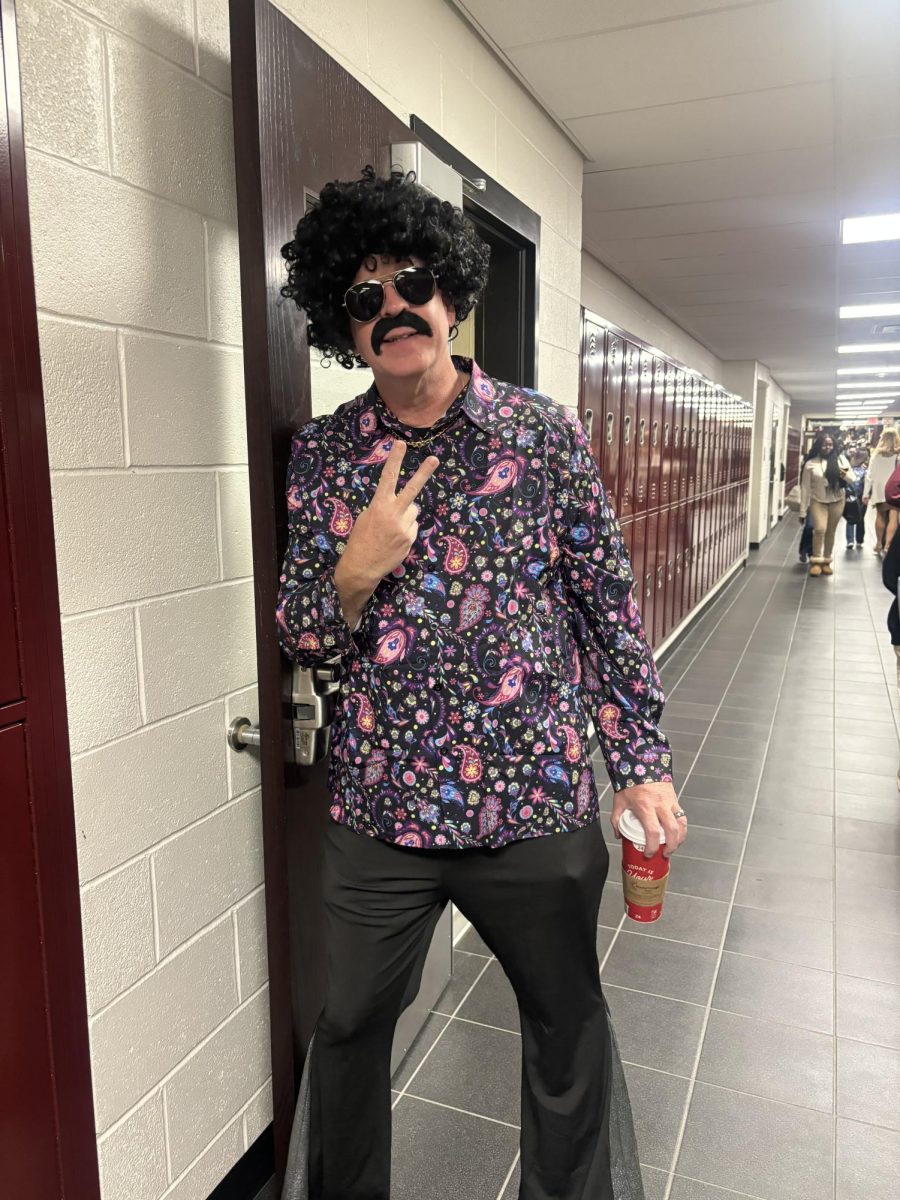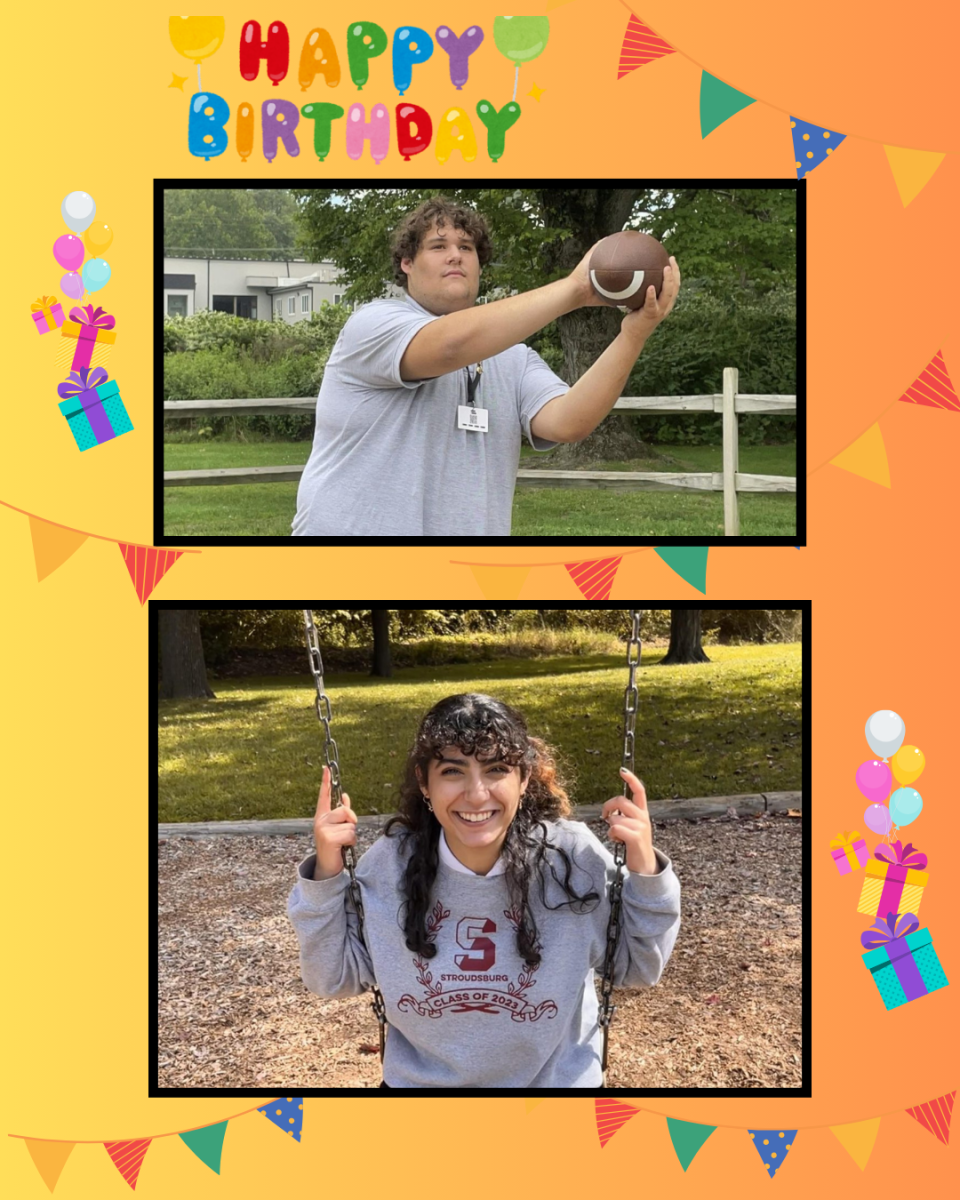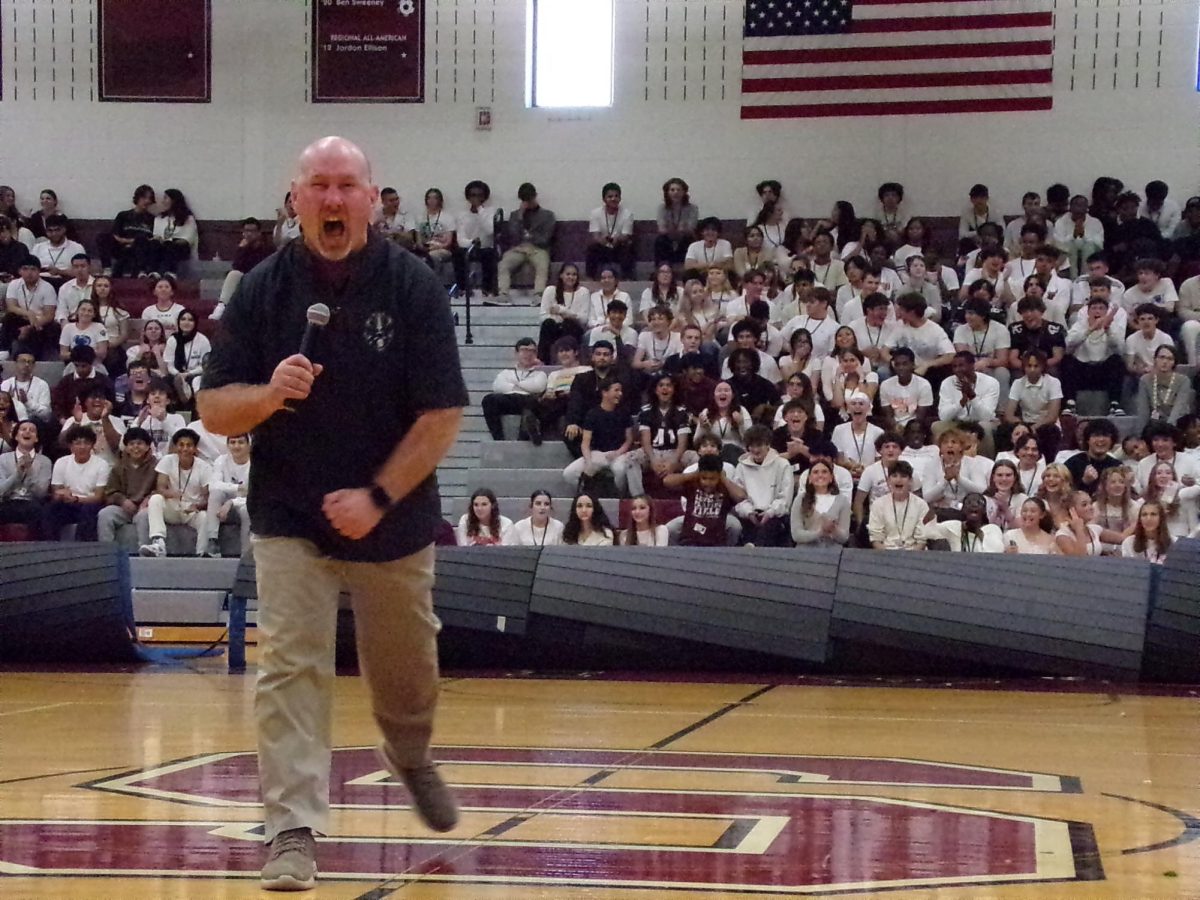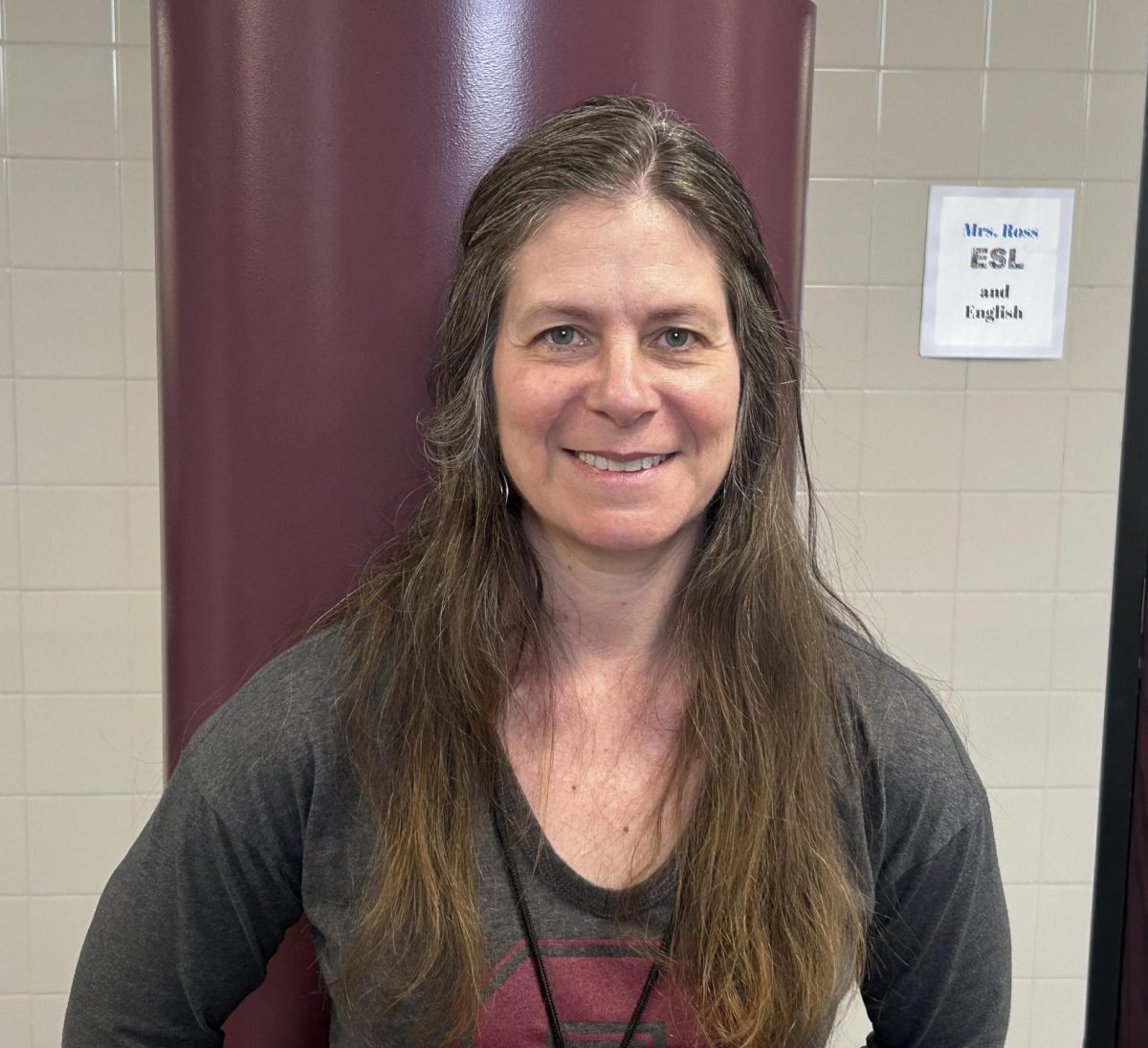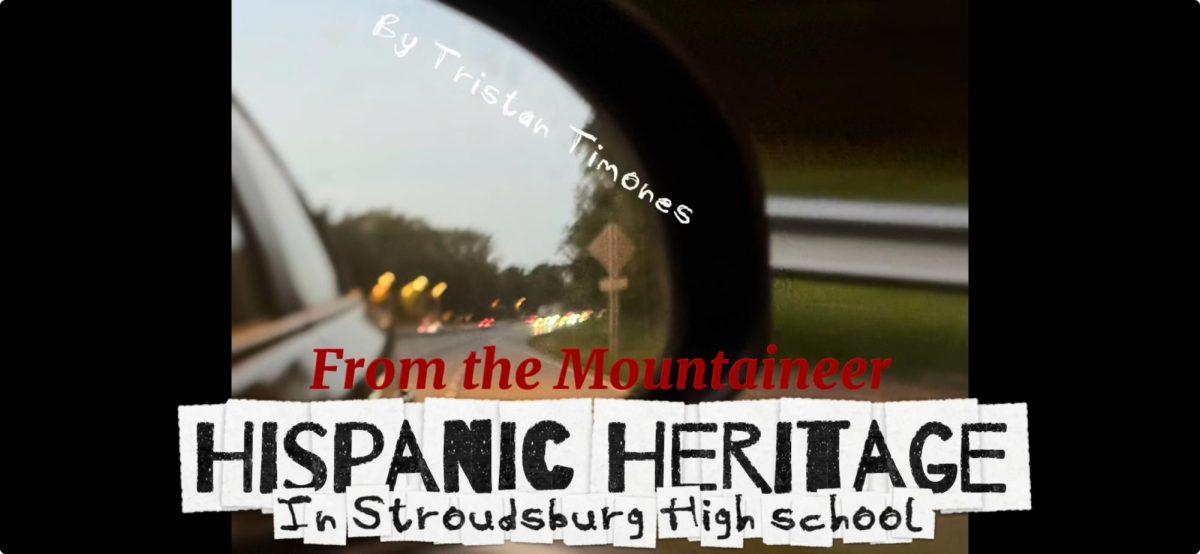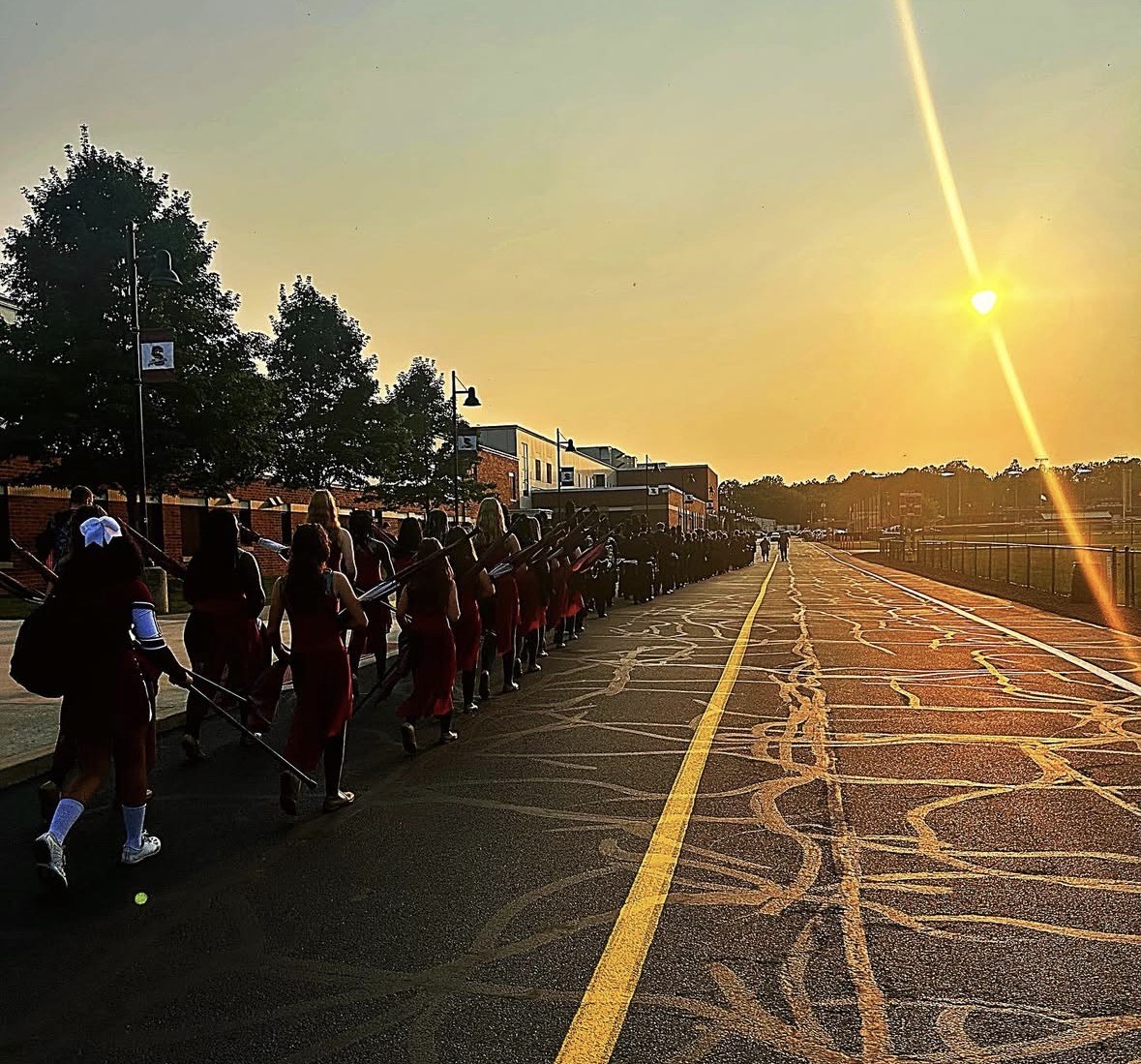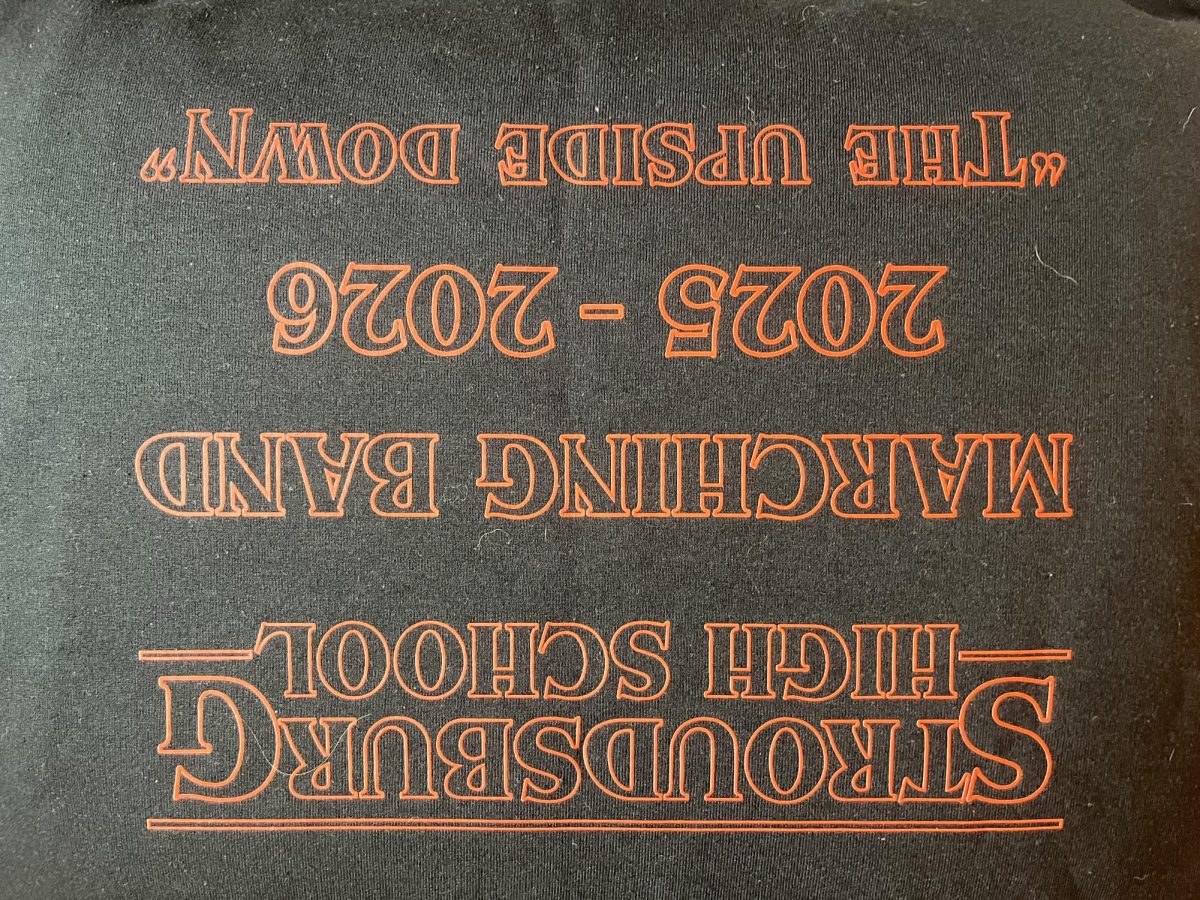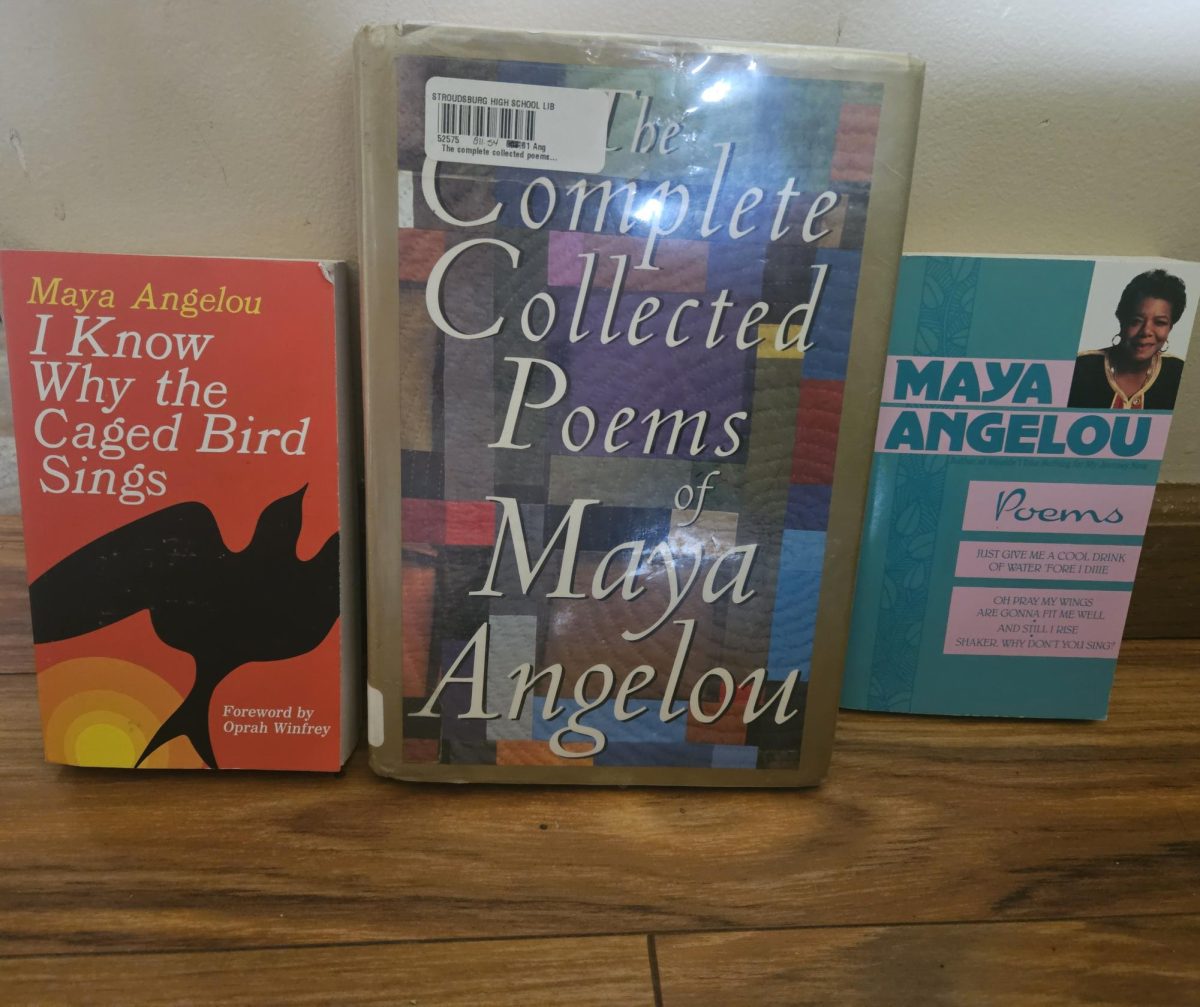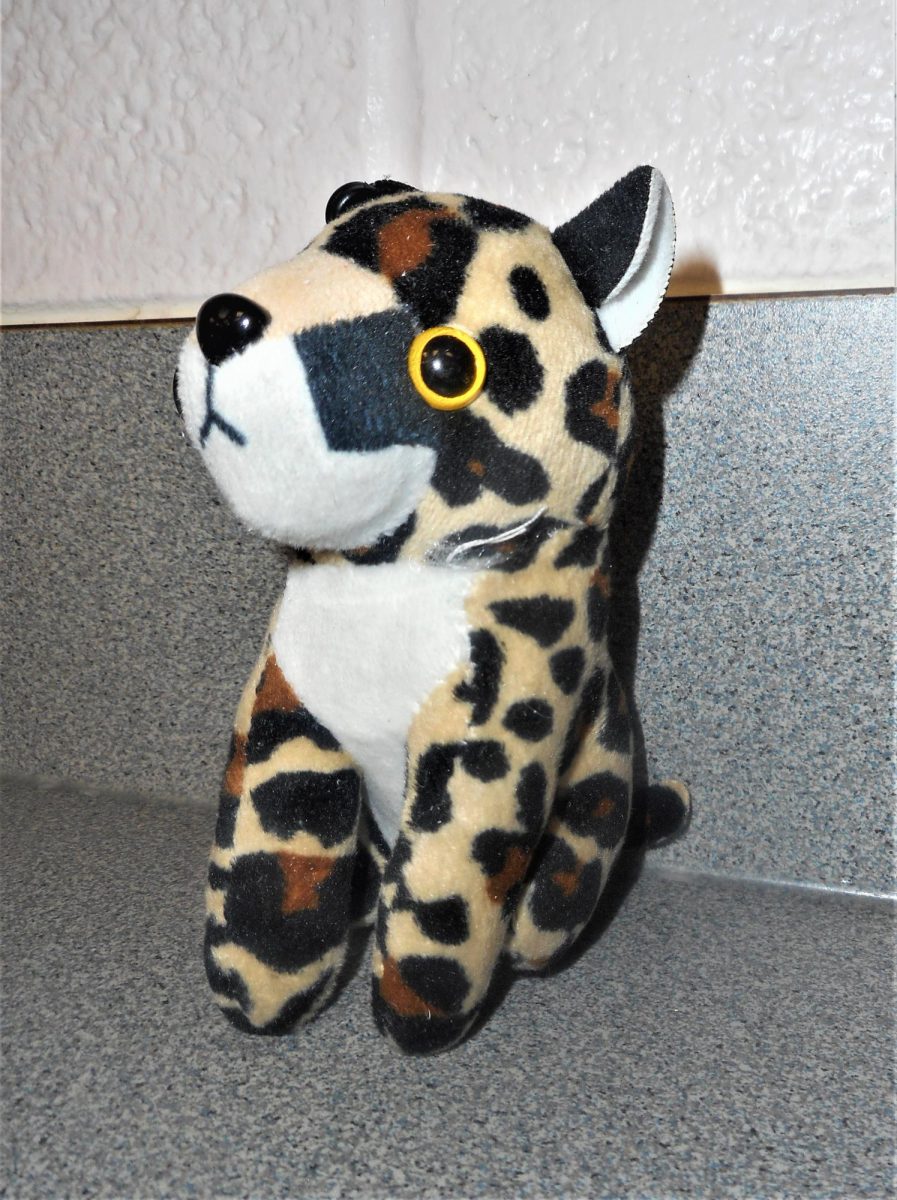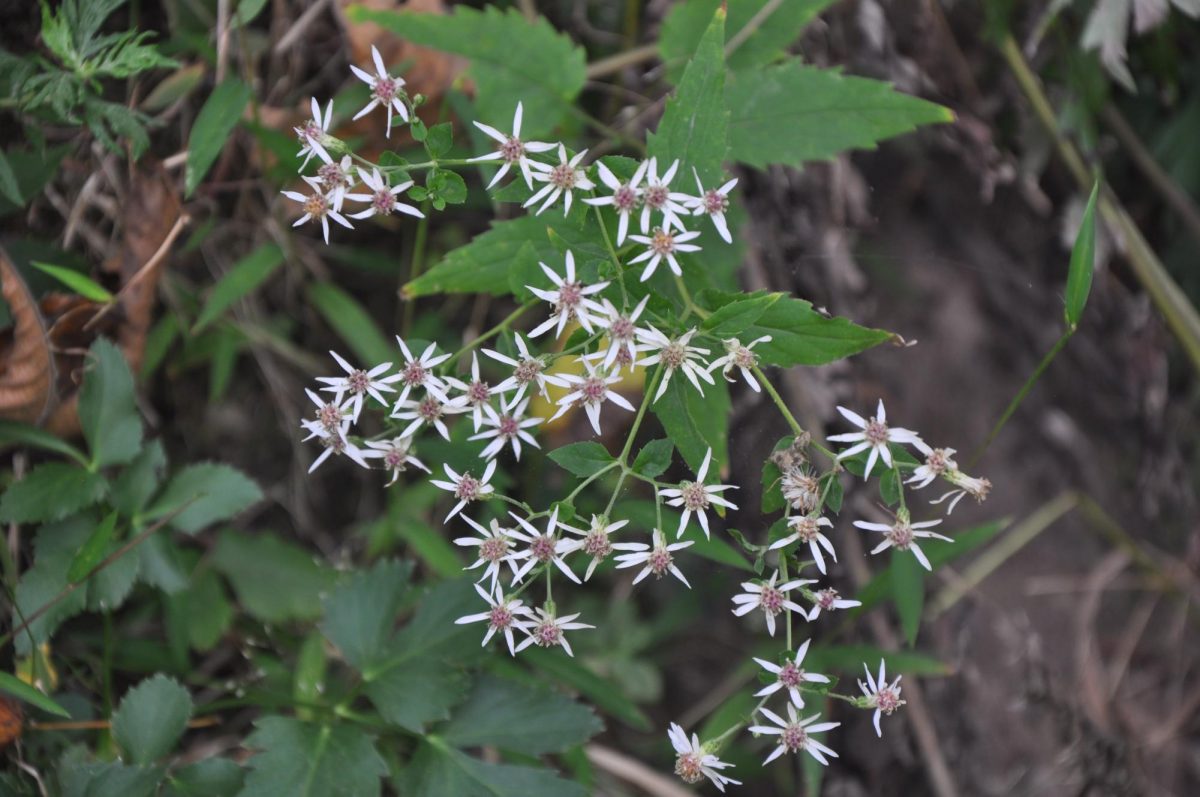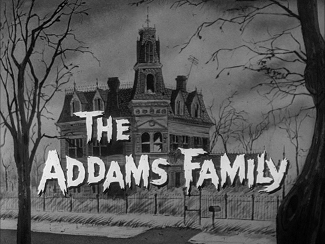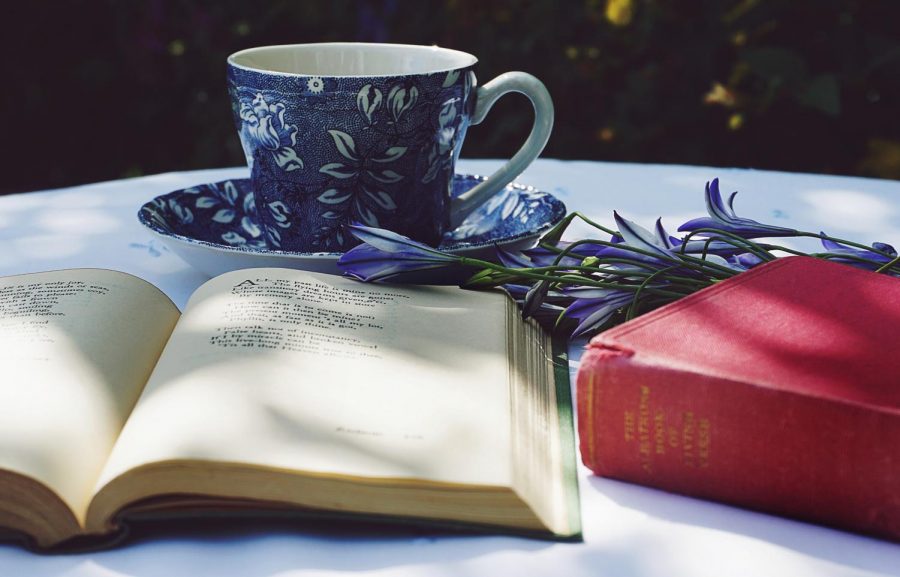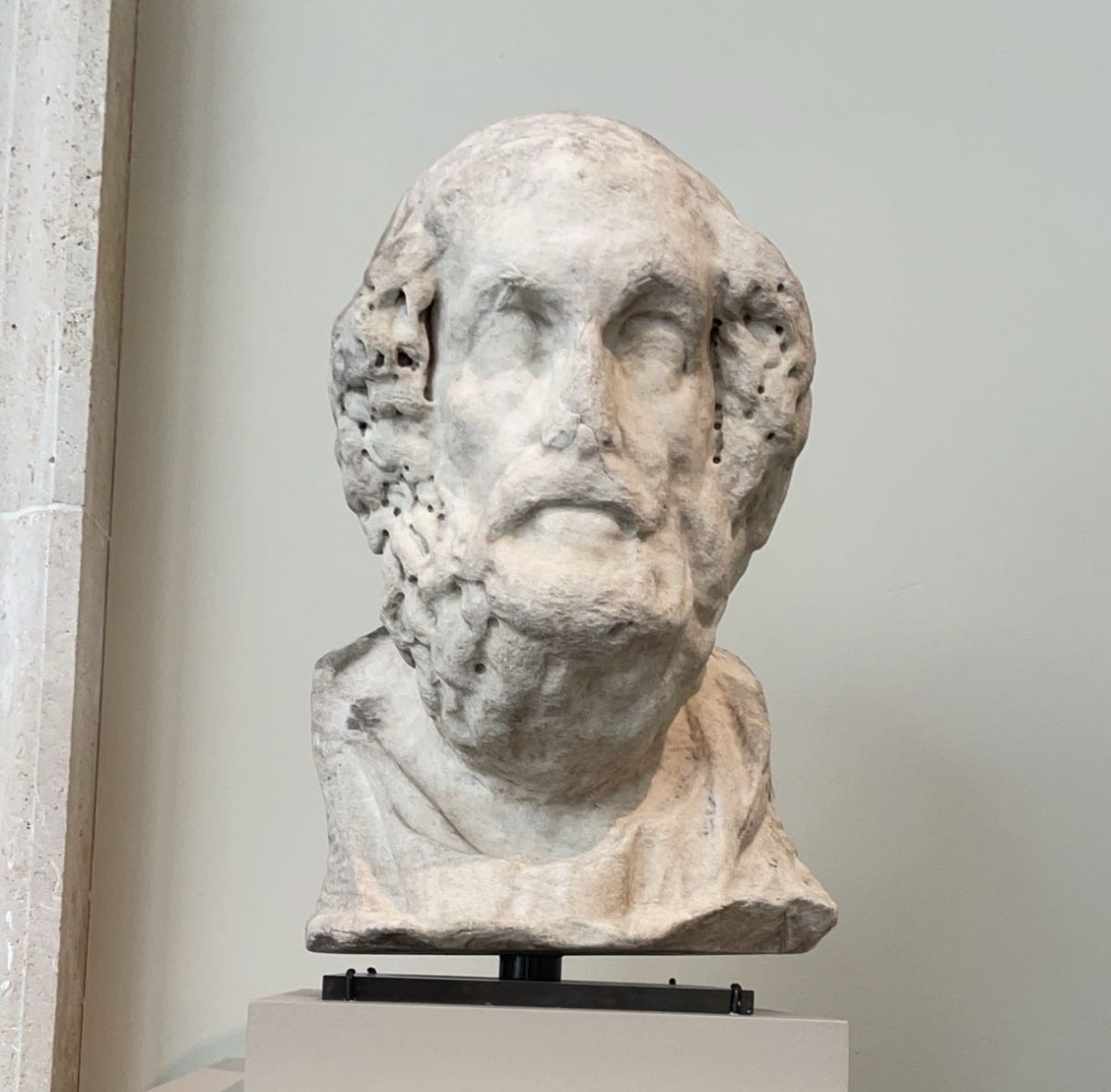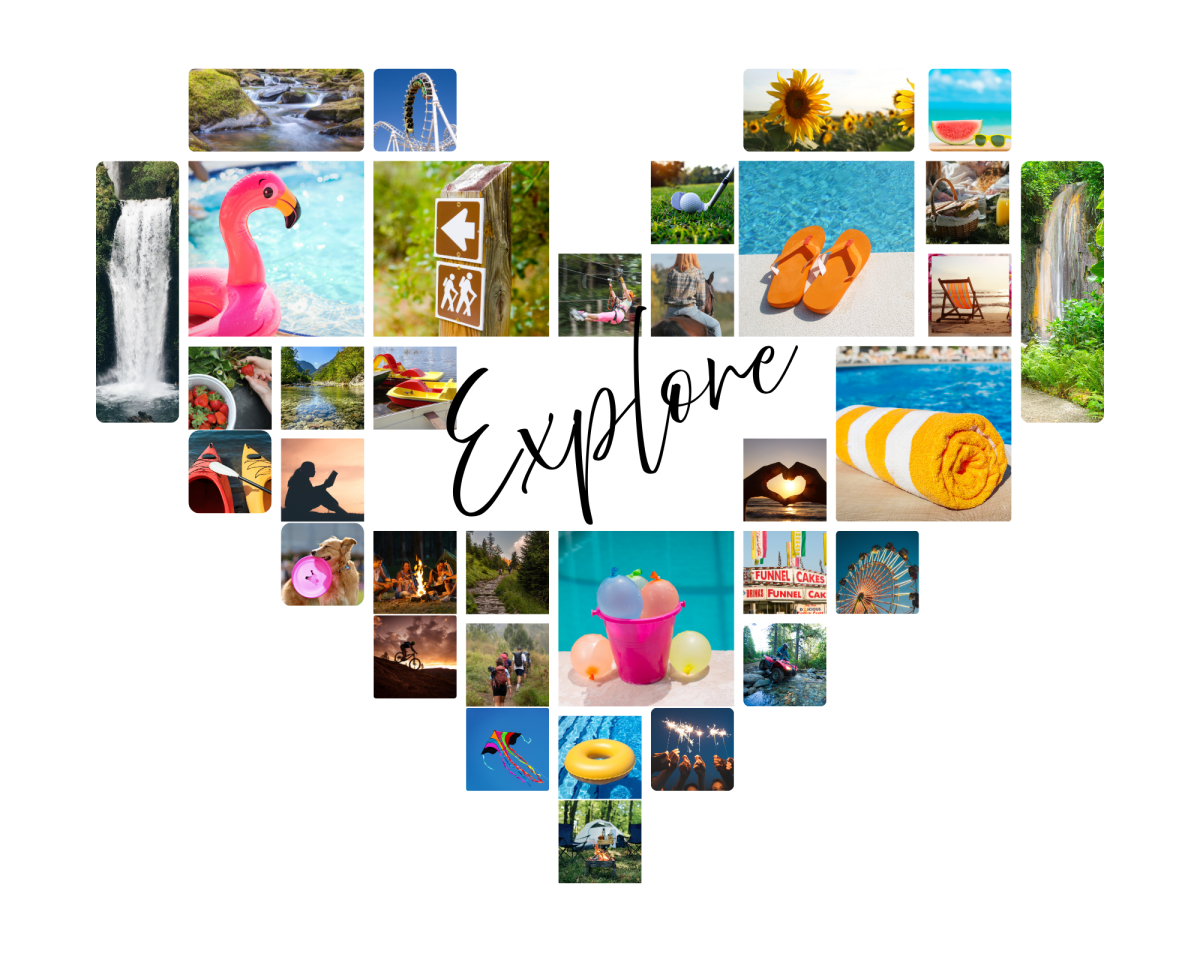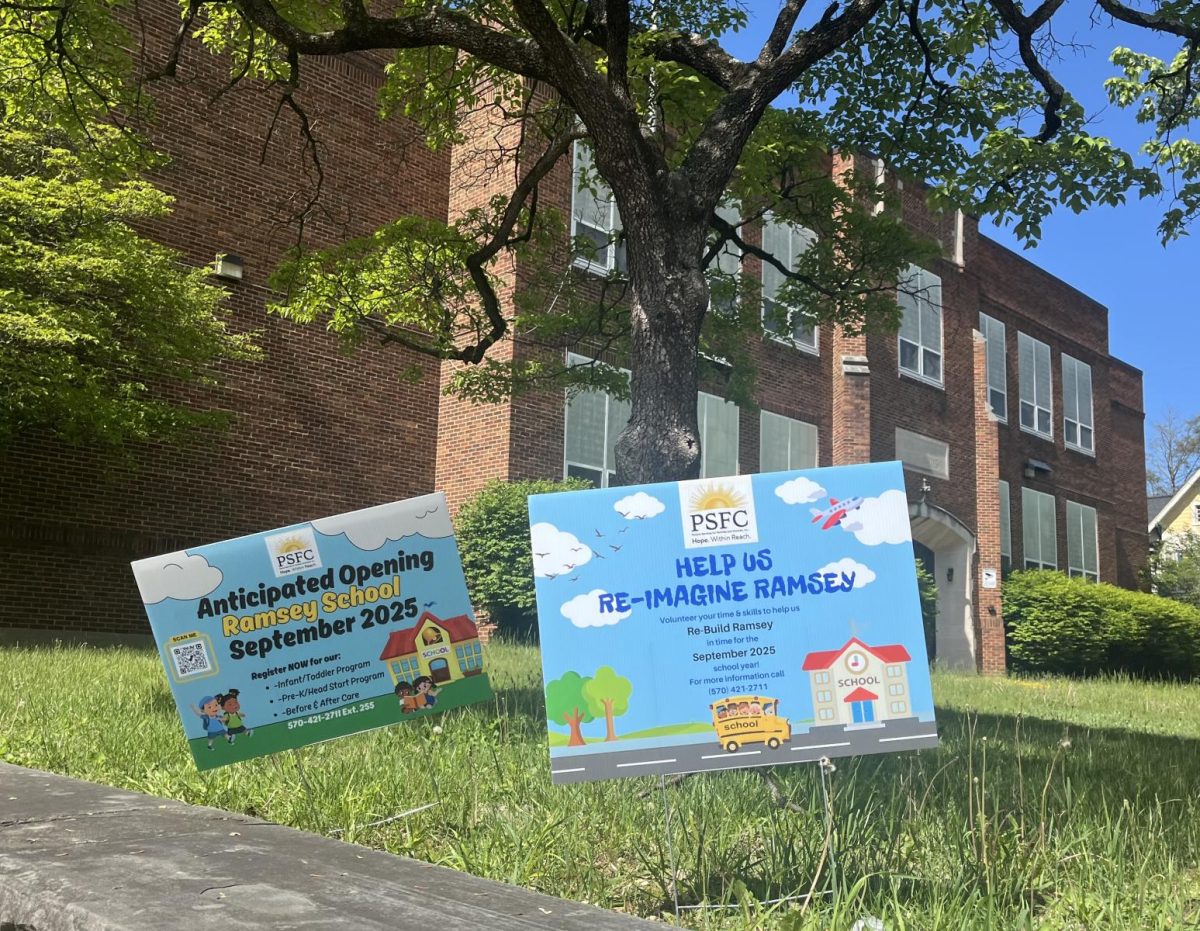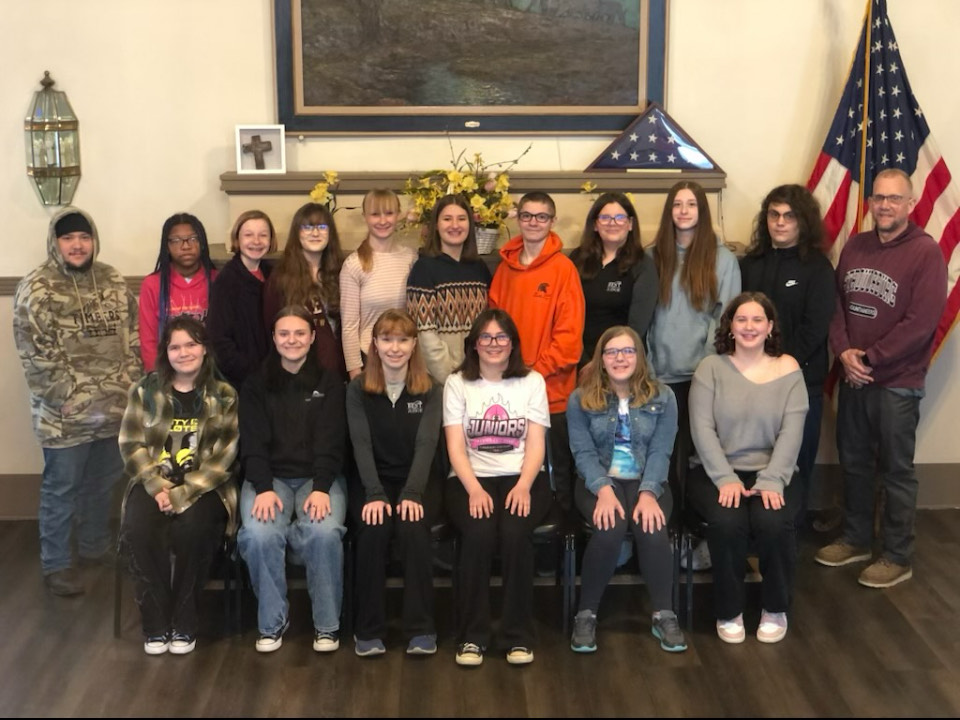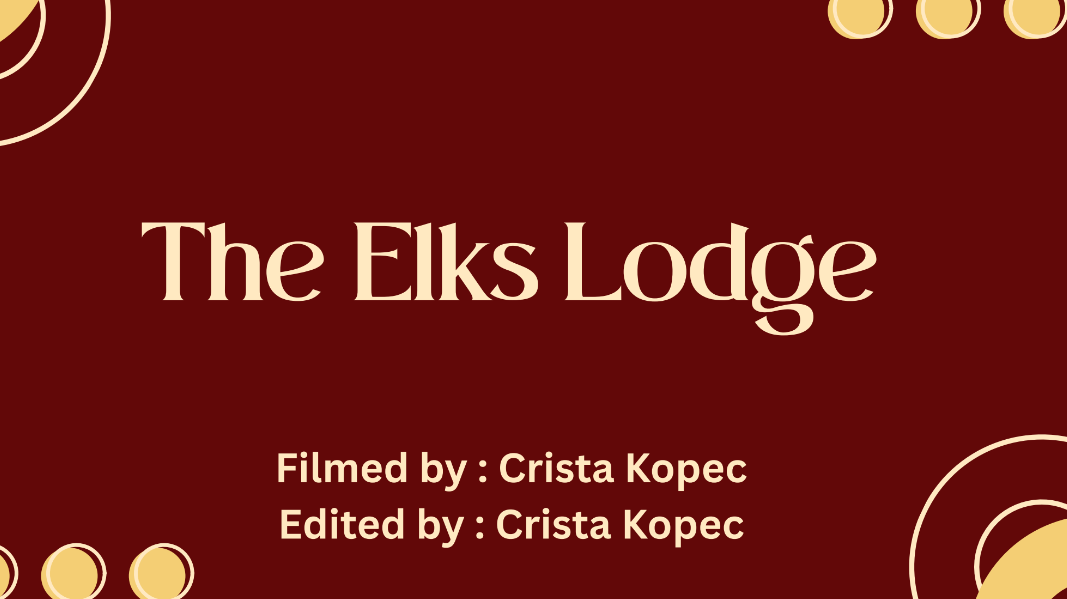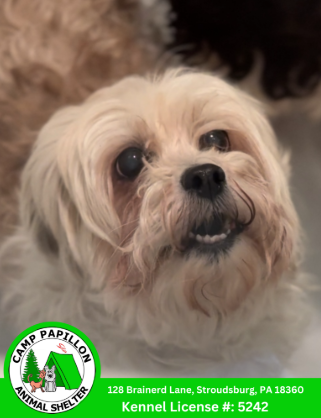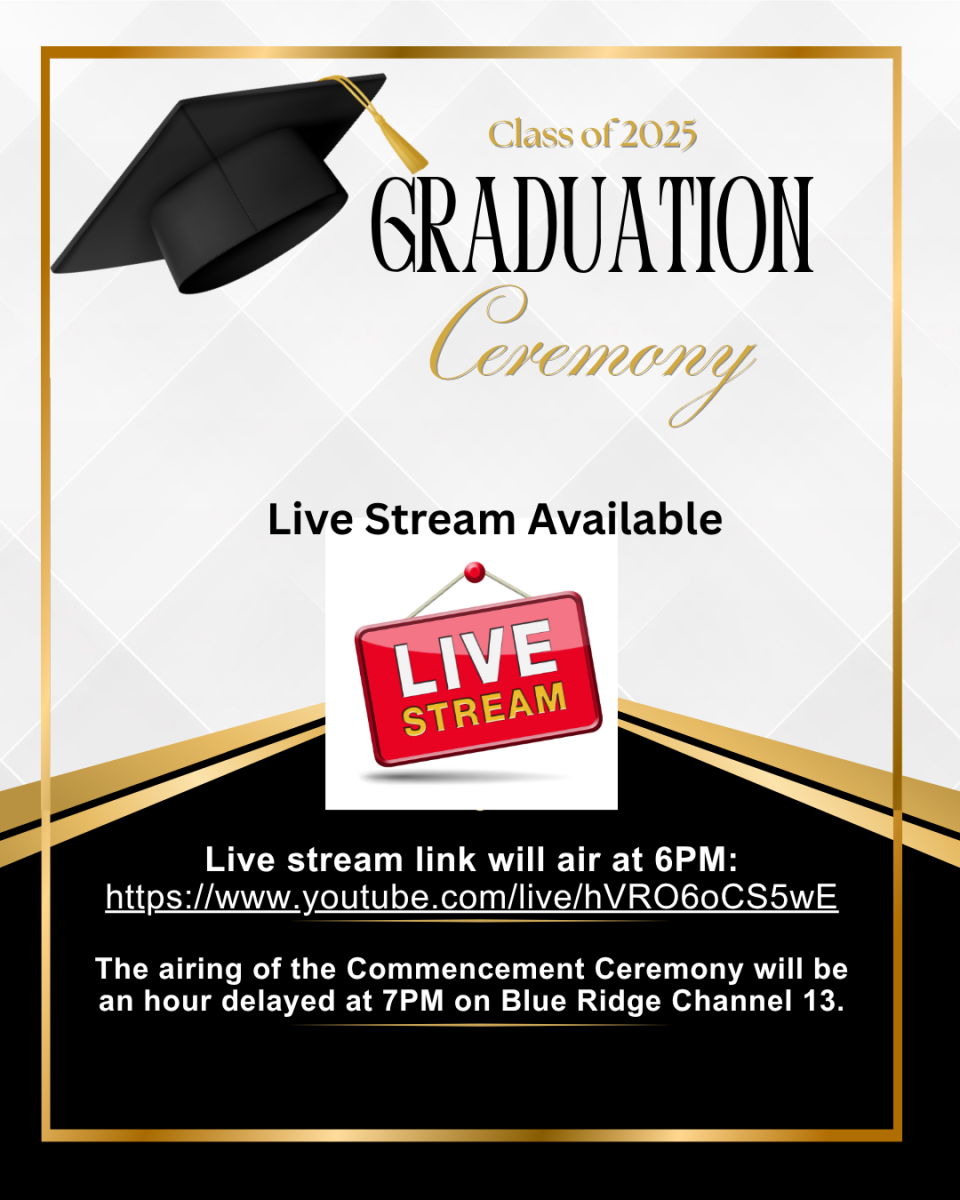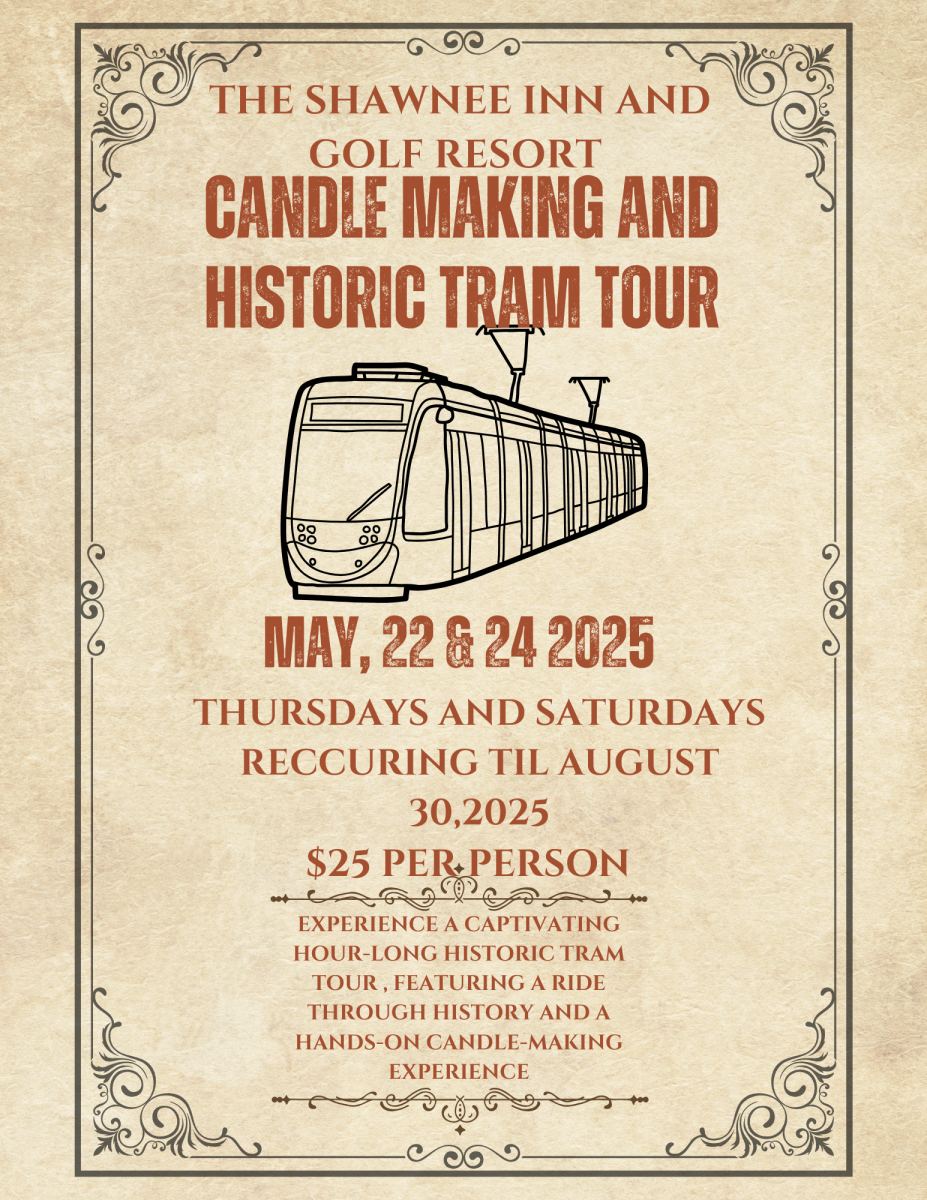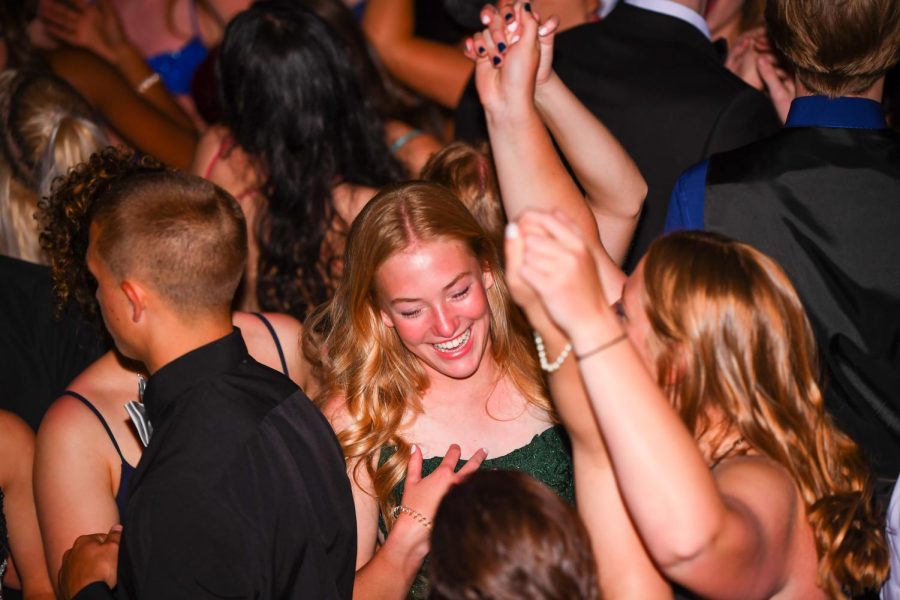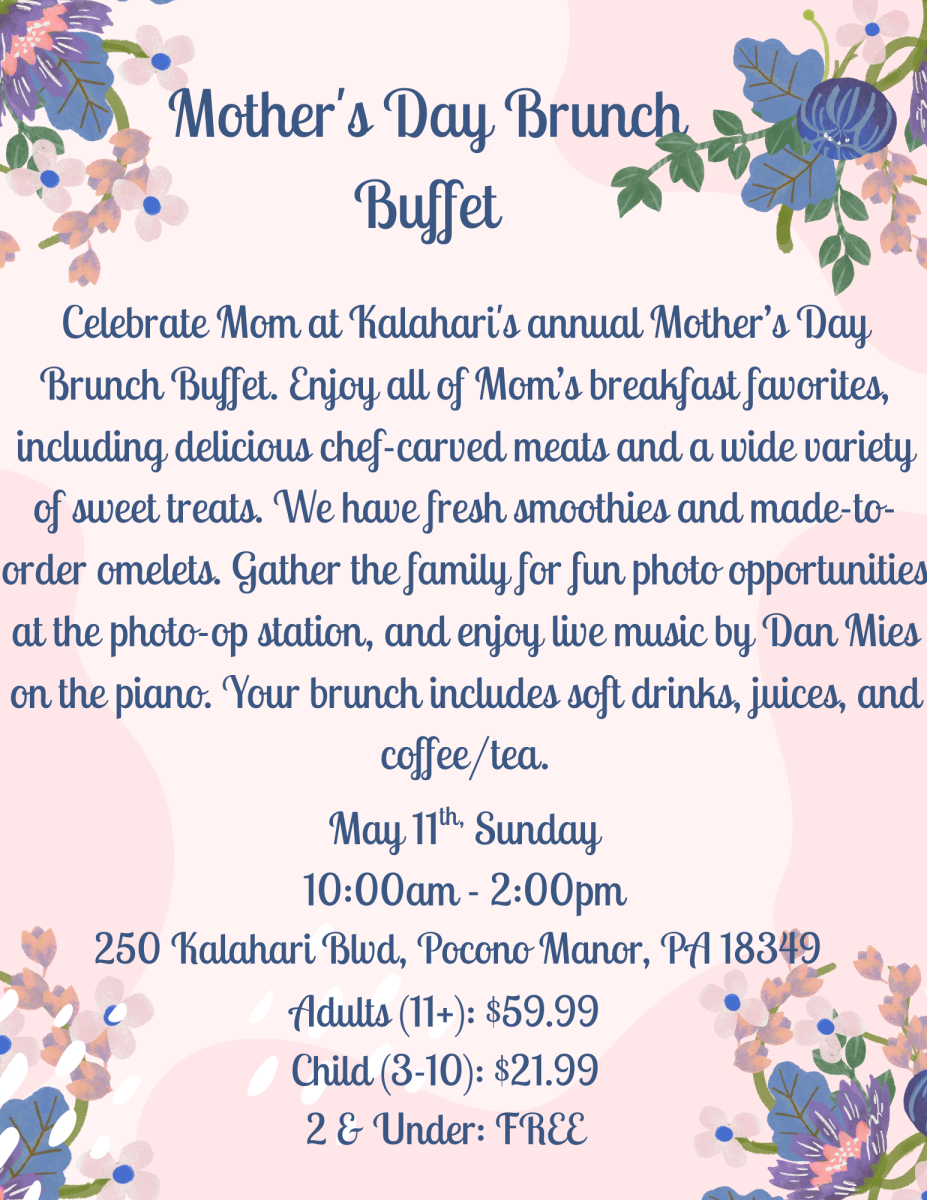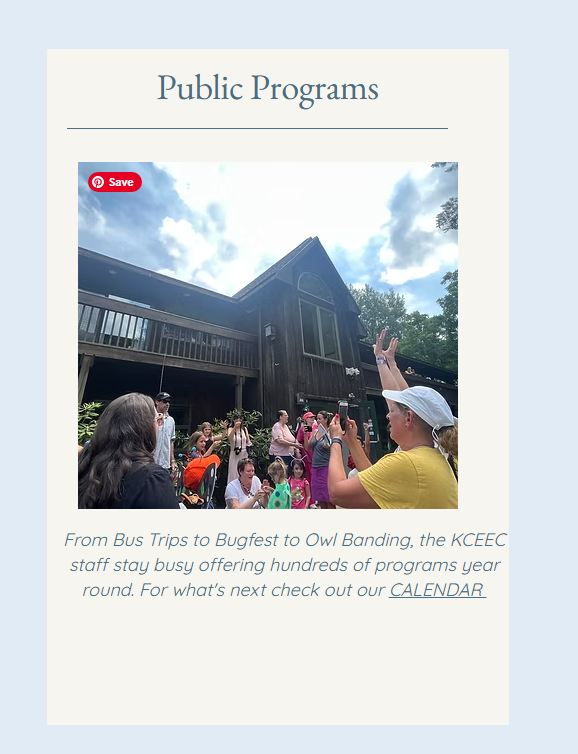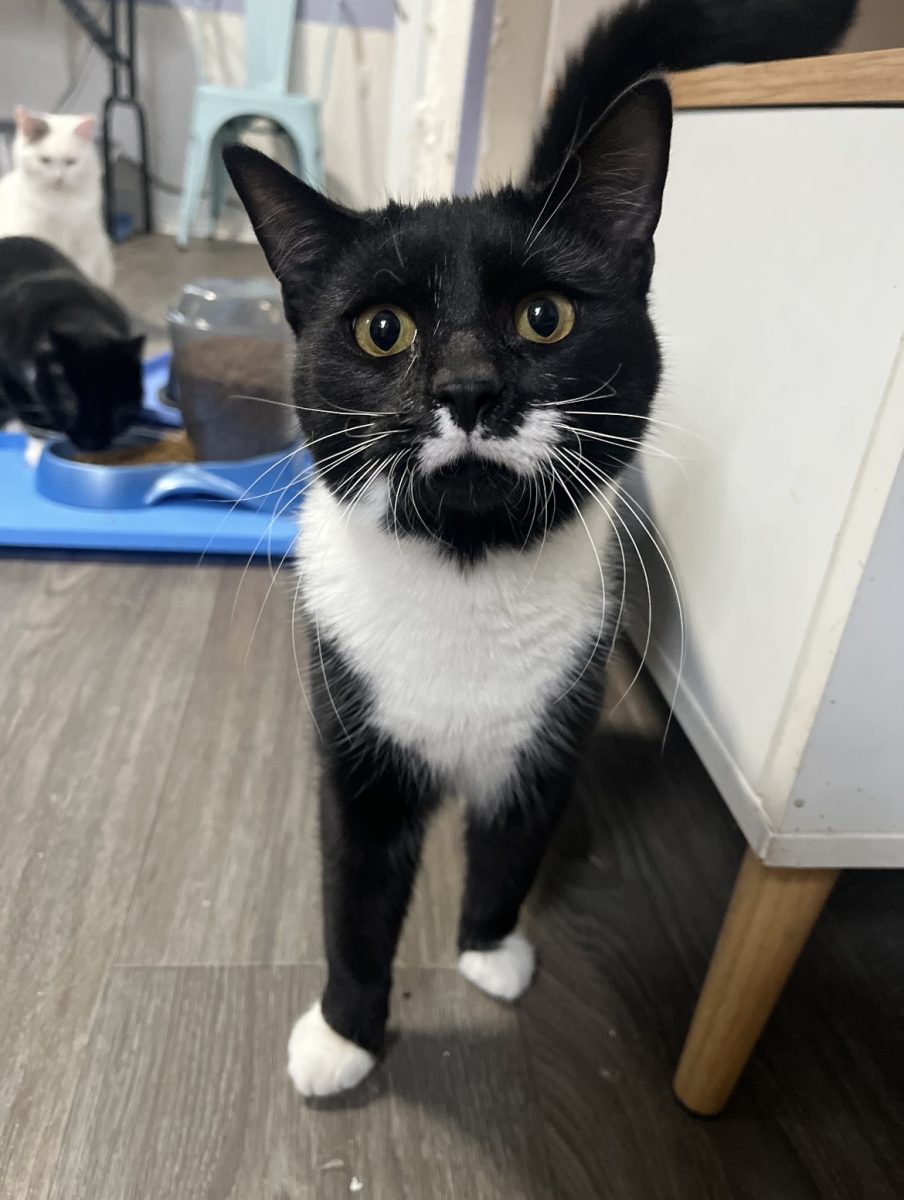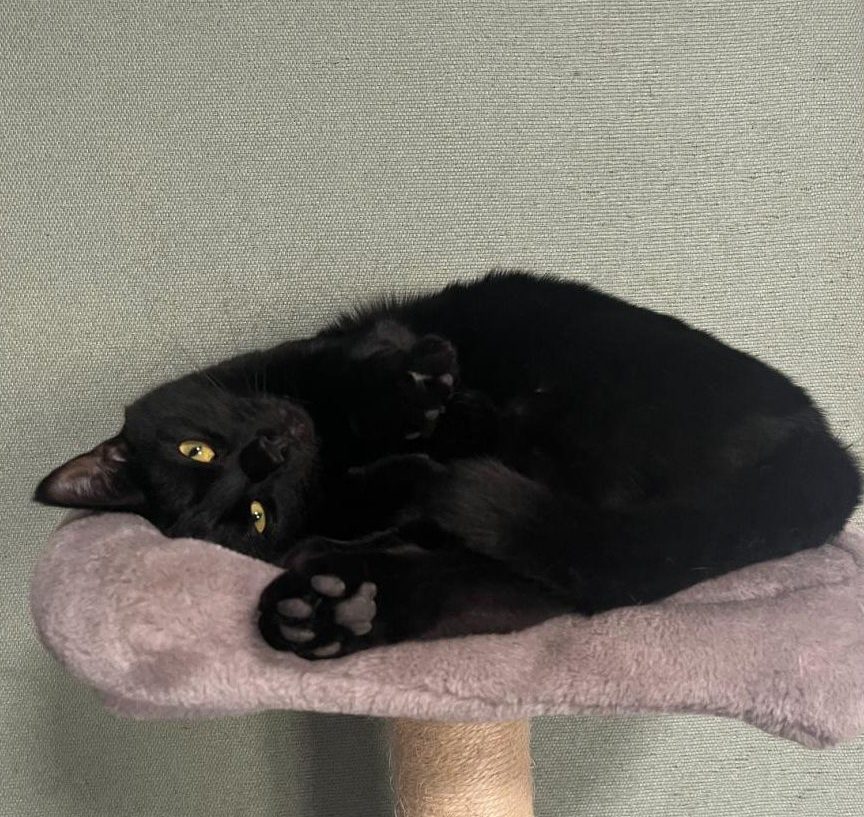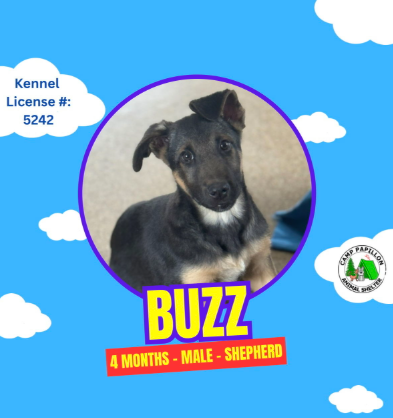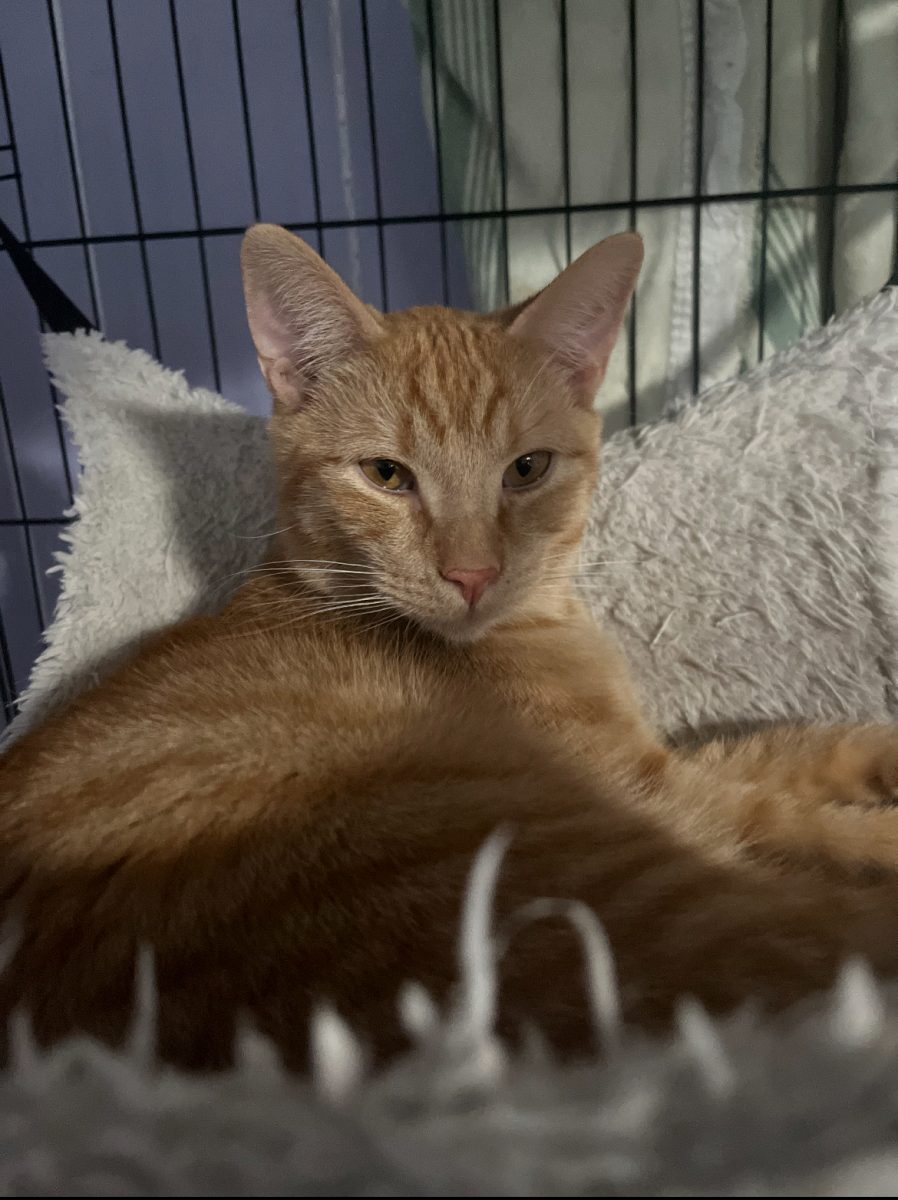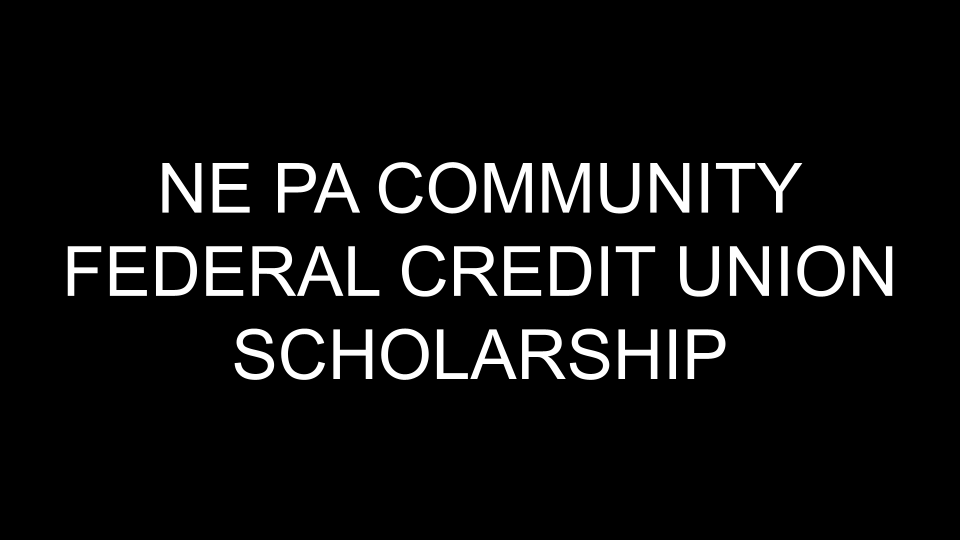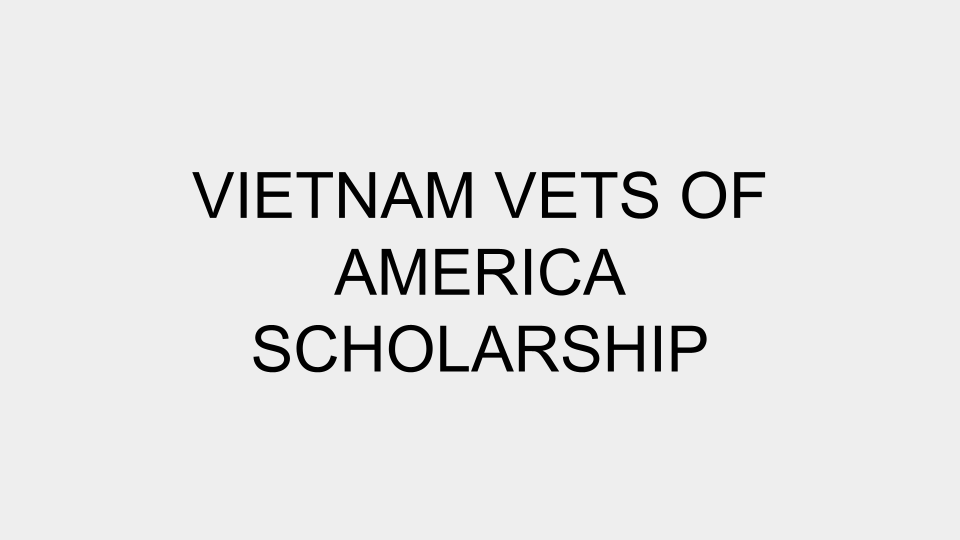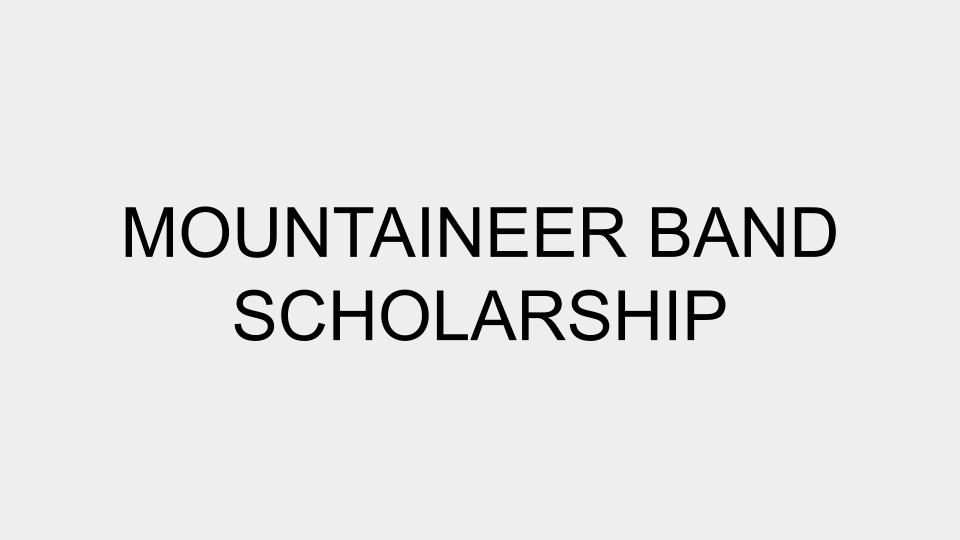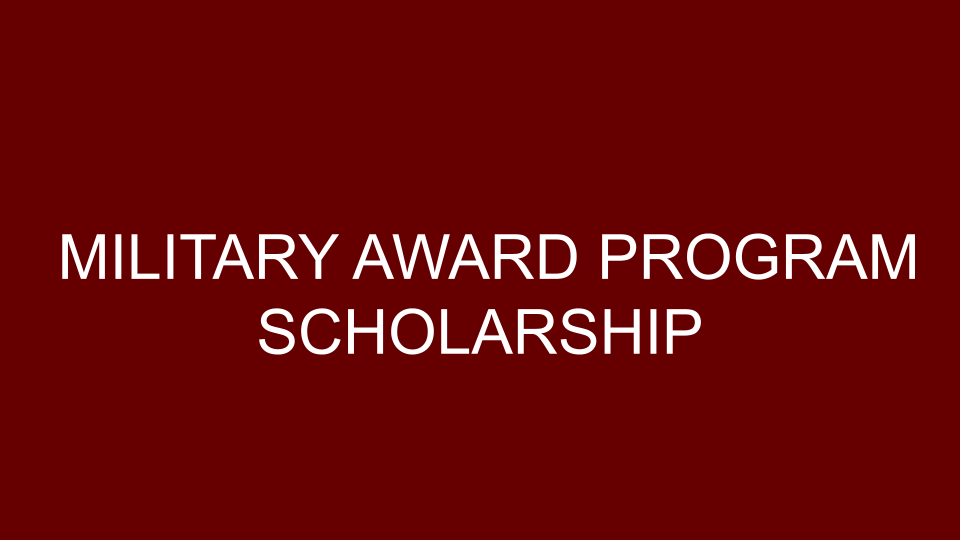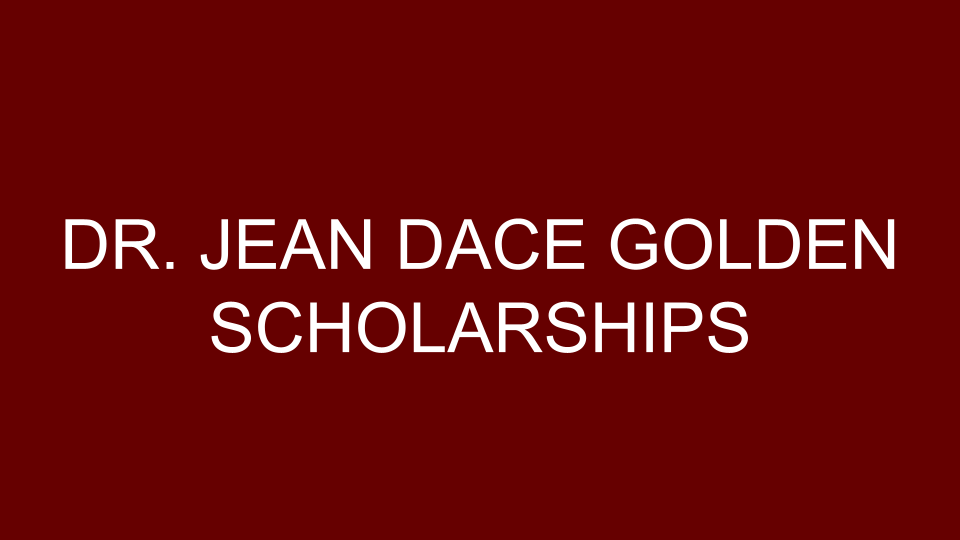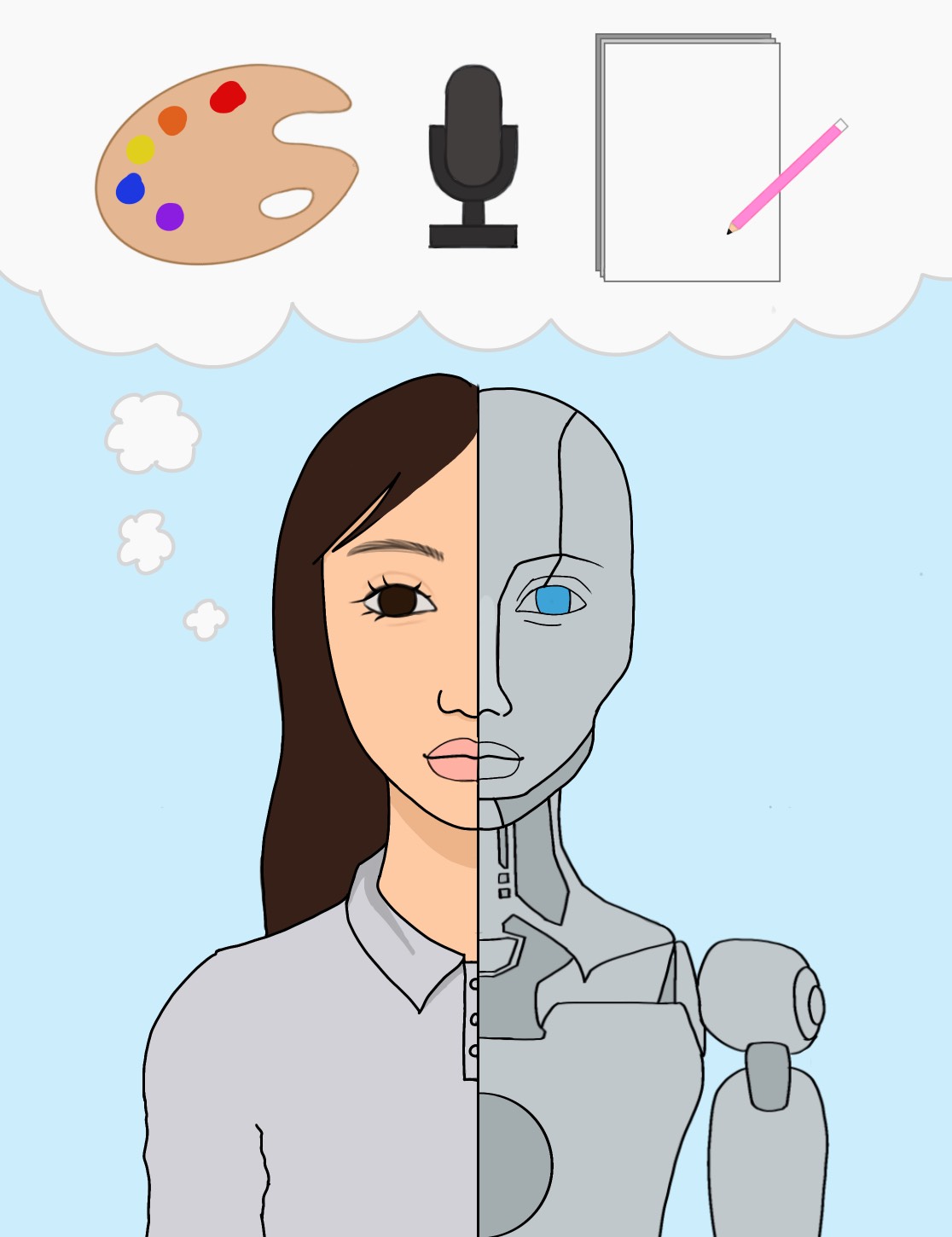Artificial Intelligence (AI) was created in the 1950s and its popularity has been increasing since. In the last decade arguments have been made that artificial intelligence is developing too quickly.
The arts and education departments have taken the biggest hit from this AI idolization.
Artists are emerging faster than drawings can be traced and paintings painted. It is a familiar déjà vu, like when TikTok users referred to themselves as dancers during COVID-19.
Unsurprisingly, COVID-19 was a huge accelerant in the AI business.
Companies had no choice but to rely on AI more than ever before, and that dependency resulted in a 40 percent growth in the global investment of AI from 2019 to 2020. According to Hai.standford.edu, the 40 percent jump was massive when compared to the 12 percent growth from 2018 to 2019.
The financial investments during the pandemic were mainly related to medical advances, but the interest in AI during that period is what is responsible for the leaps that have been made in the technology field since then.
The artistic community is faced with digital art apps that make it simple to summon shapes and figurines on your screens. With just a few lines and some simple coloring, the image is claimed by a human.
An art generator allows any person to call themselves an artist. It is as simple as writing a short sentence to create a visually pleasing image.
Professional, creative artists who come up with original ideas daily find it hard to keep up with these apps that threaten their jobs more and more every day.
Kynnedy Hughs, ’25, examined the fact that people who aren’t creative claim art they didn’t make and called the whole situation “complex morally.” However, she brought up a good point: “Would it still be considered stealing if you use AI for inspiration?”
This question makes schools hesitant to call AI beneficial for students if when kids are allowed to use AI as a resource, they end up claiming the AI-generated help as their work.
AI websites pose a dilemma for educators who have openly shared their concerns. Students use ChatGPT for essays and other school assignments requiring creativity.
Creative writing might be a thing of the past if kids do not step up to the creative challenges in their daily lives.
The website solves problems concerning all subjects that need time and effort to complete which is making kids more idle and negligent when it comes to their education.
If students can Google answers in five seconds, what’s the point of learning anything anymore?
These AI copyright issues not only affect artists and students but also movie script-writers and songwriters who need to be on the lookout for unemployment.
Scriptwriter legends such as Maritn Scorsese, Quentin Tarantino, Charlie Kaufman, John Hughs, and James Cameron might soon be replaced by robots!
If their creative mindsets can be replicated, the movie industry will be changed forever.
Izzy Molinaro, ’25, asked, “Human art is inspired by other art, so is AI art? AI art will absolutely up the productivity for movie studios, etc, but I don’t necessarily think it should be used.”
For popular singers, what was once a unique voice can now be found on voice apps which are known to impersonate celebrities to the level where even their own families cannot tell whether it is their loved one or not.
Instances of this include the “Fake Drake” and “The Weeknd” copycat back in April of 2023.
It prompts the question of whether or not celebrities will be needed in the future since their fake voices are just as appealing to some people.
How far off in the future are we from AI taking over our creative industries?

